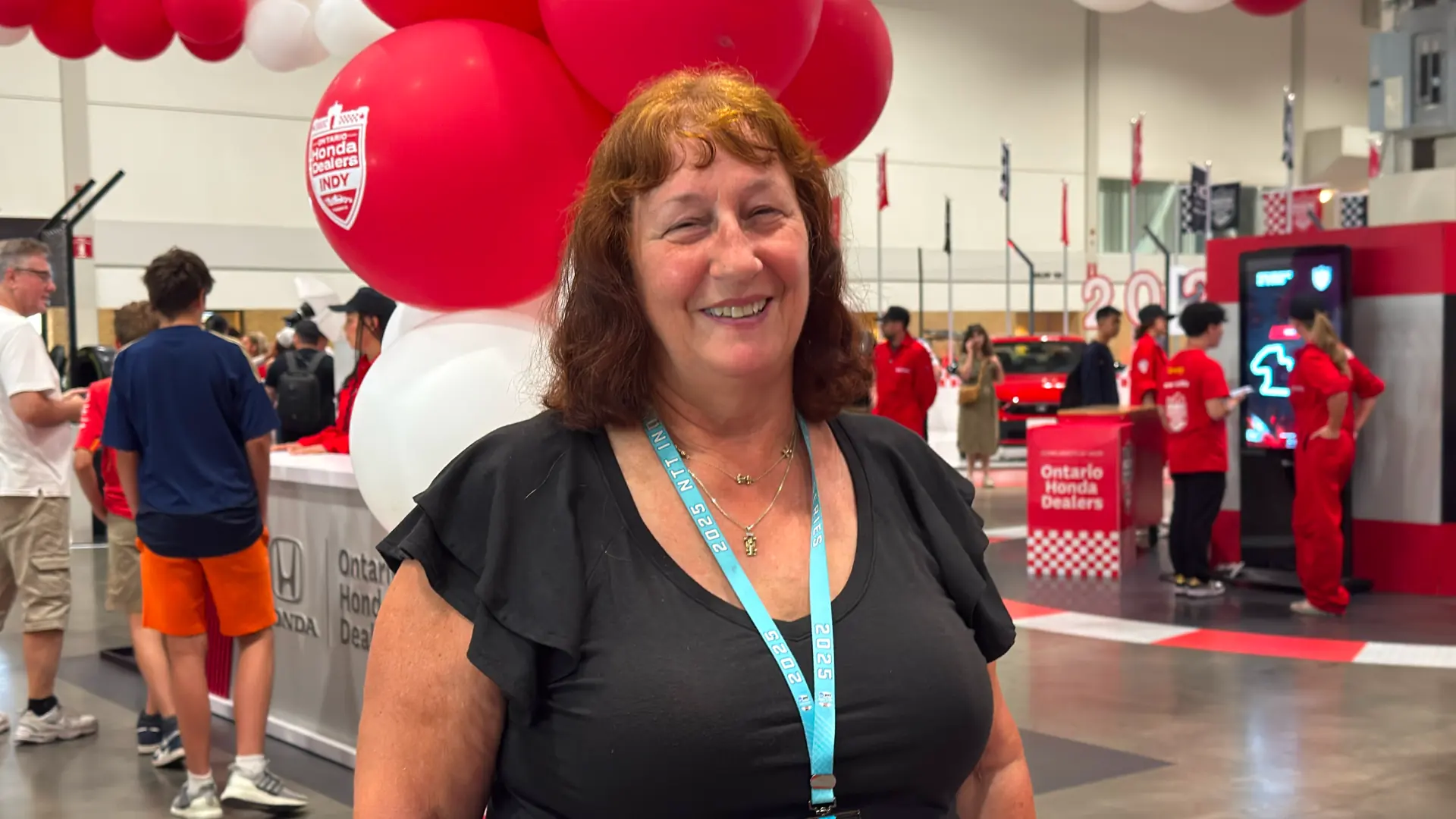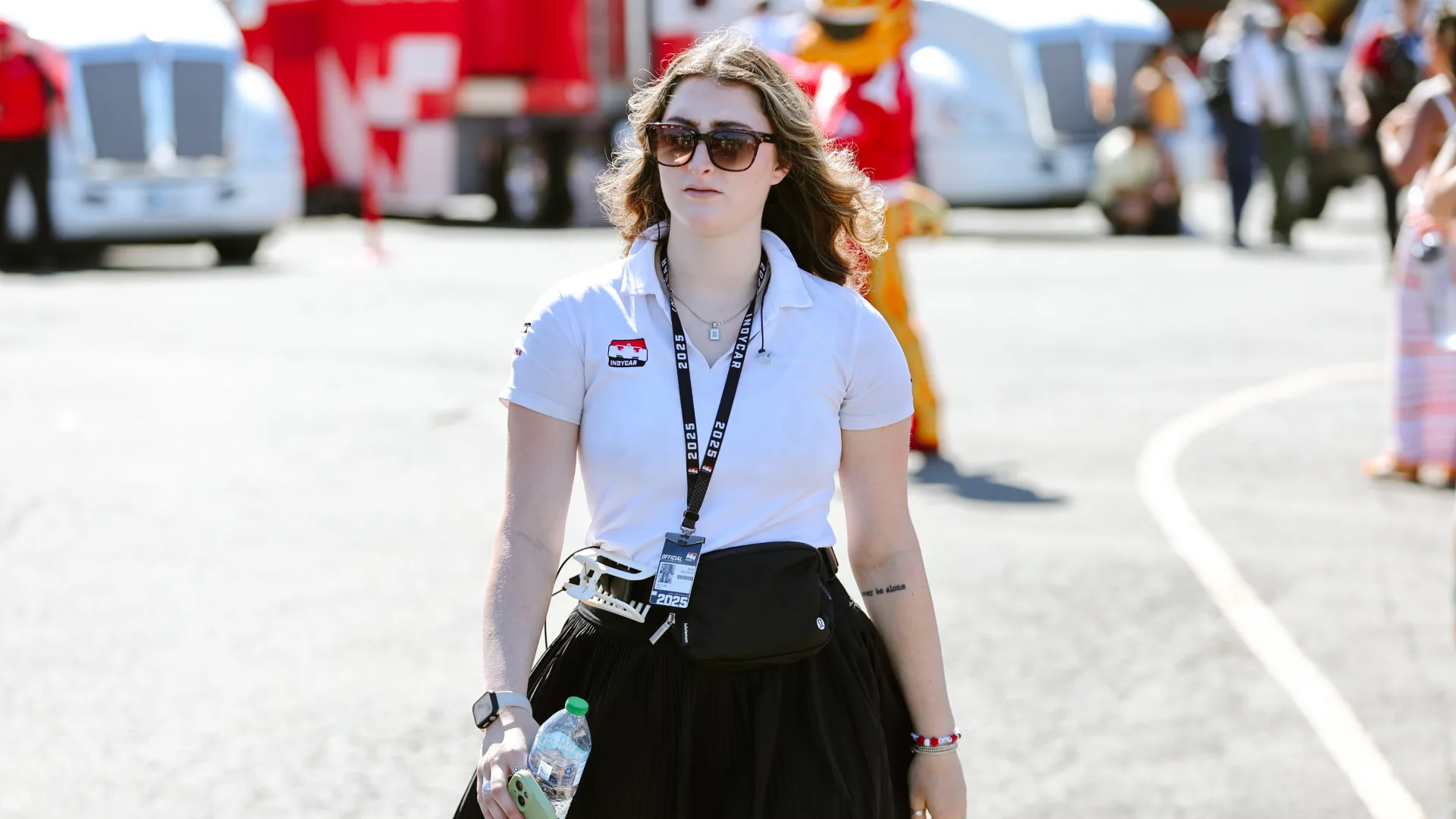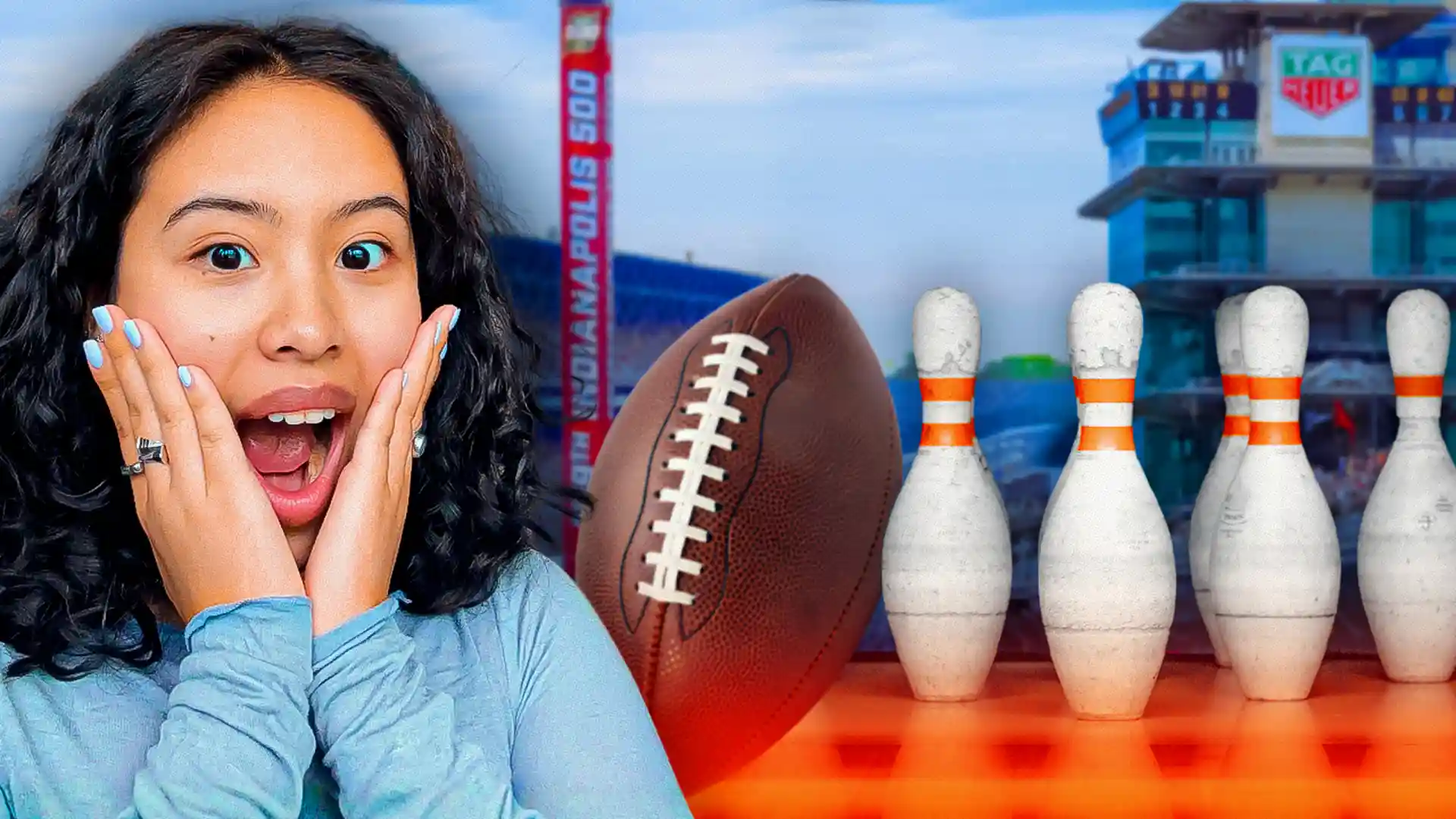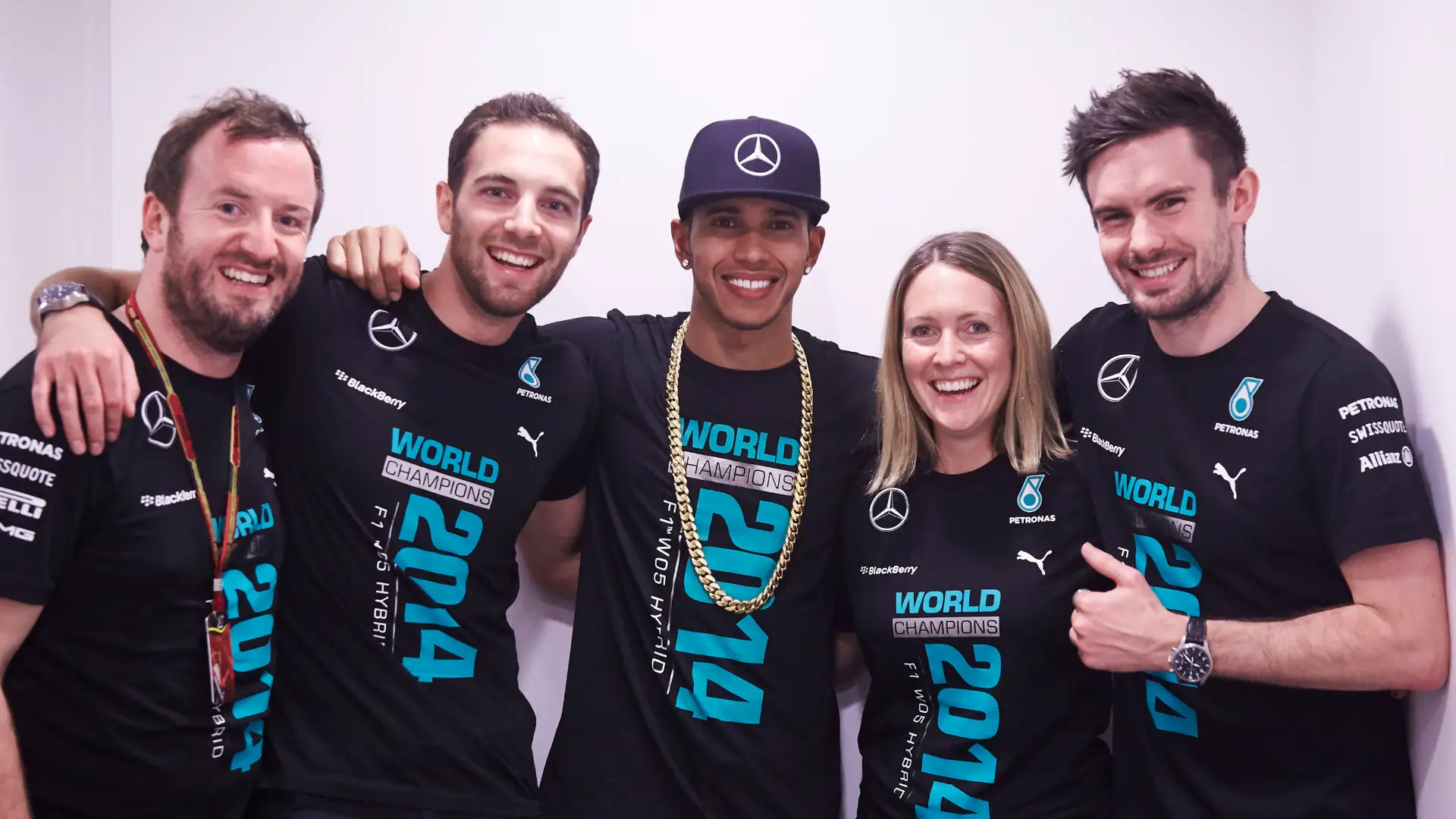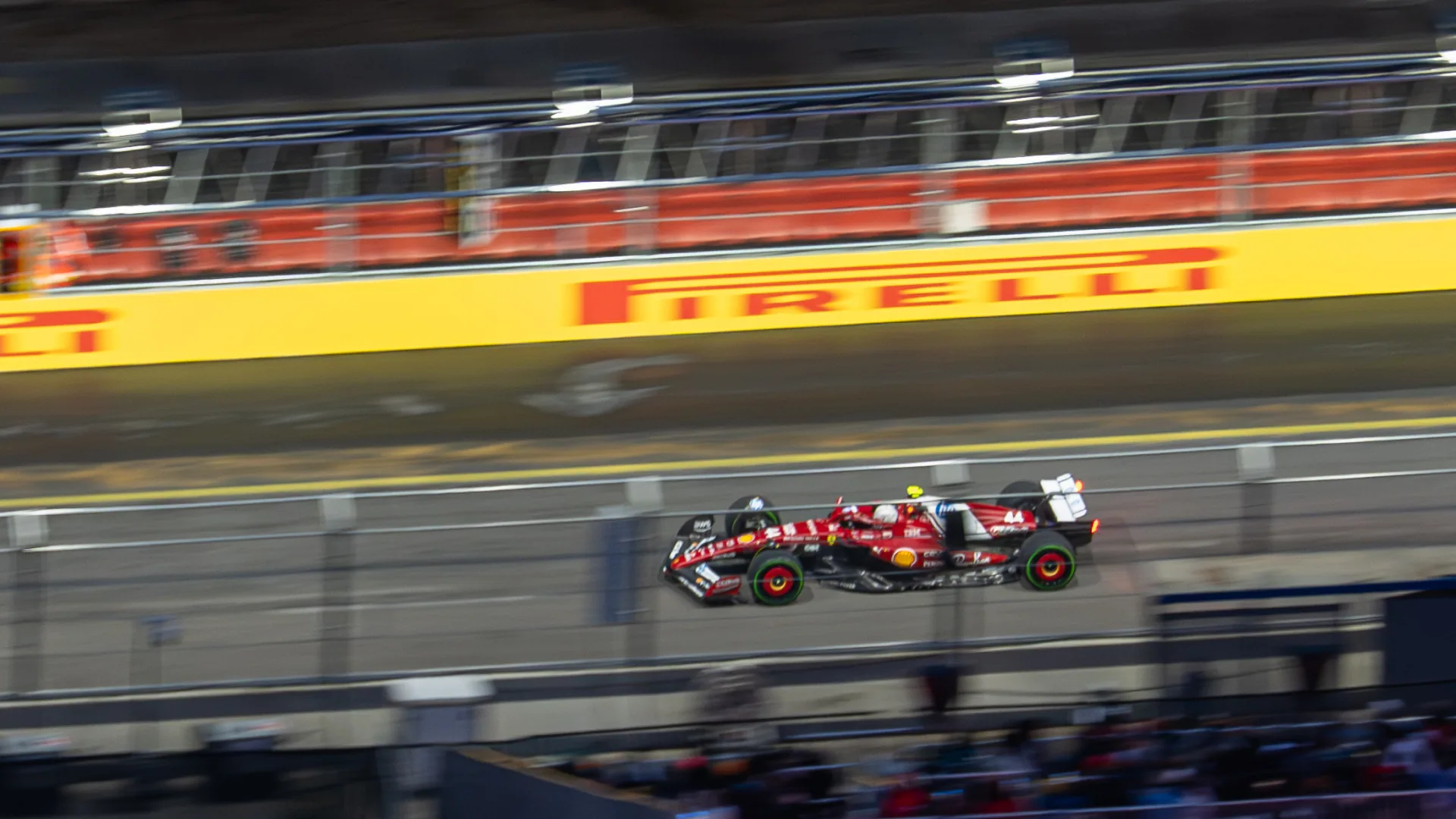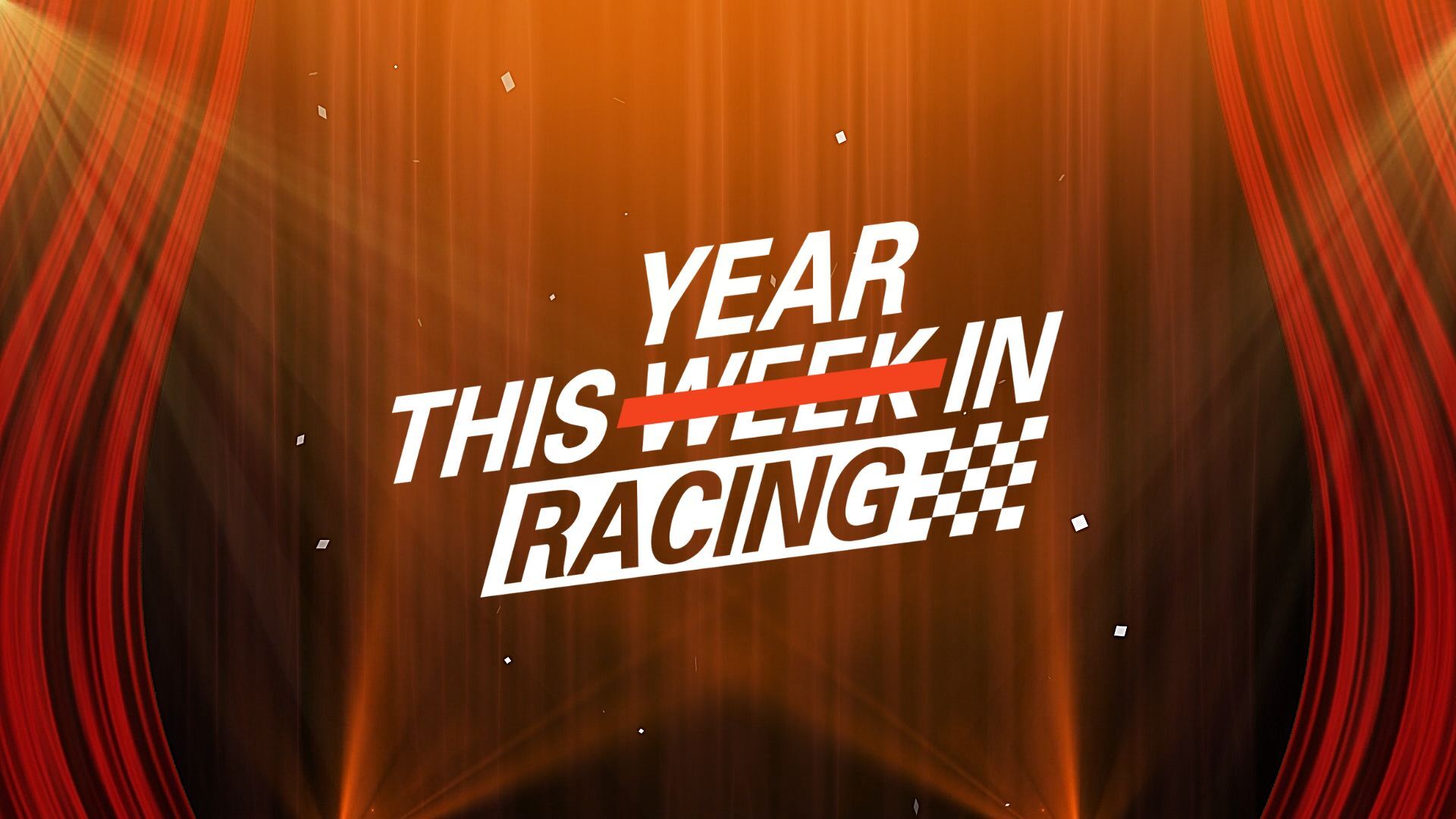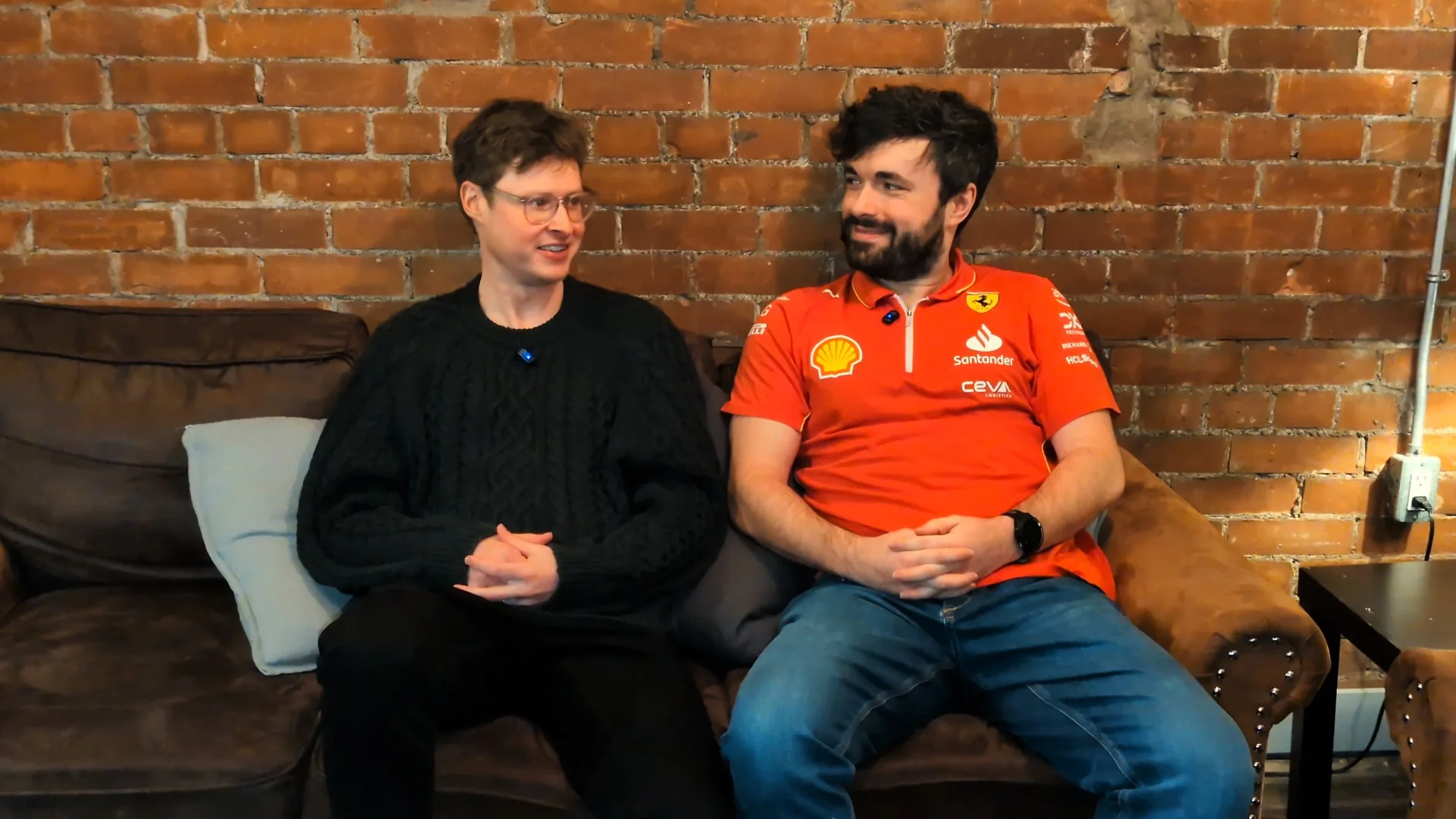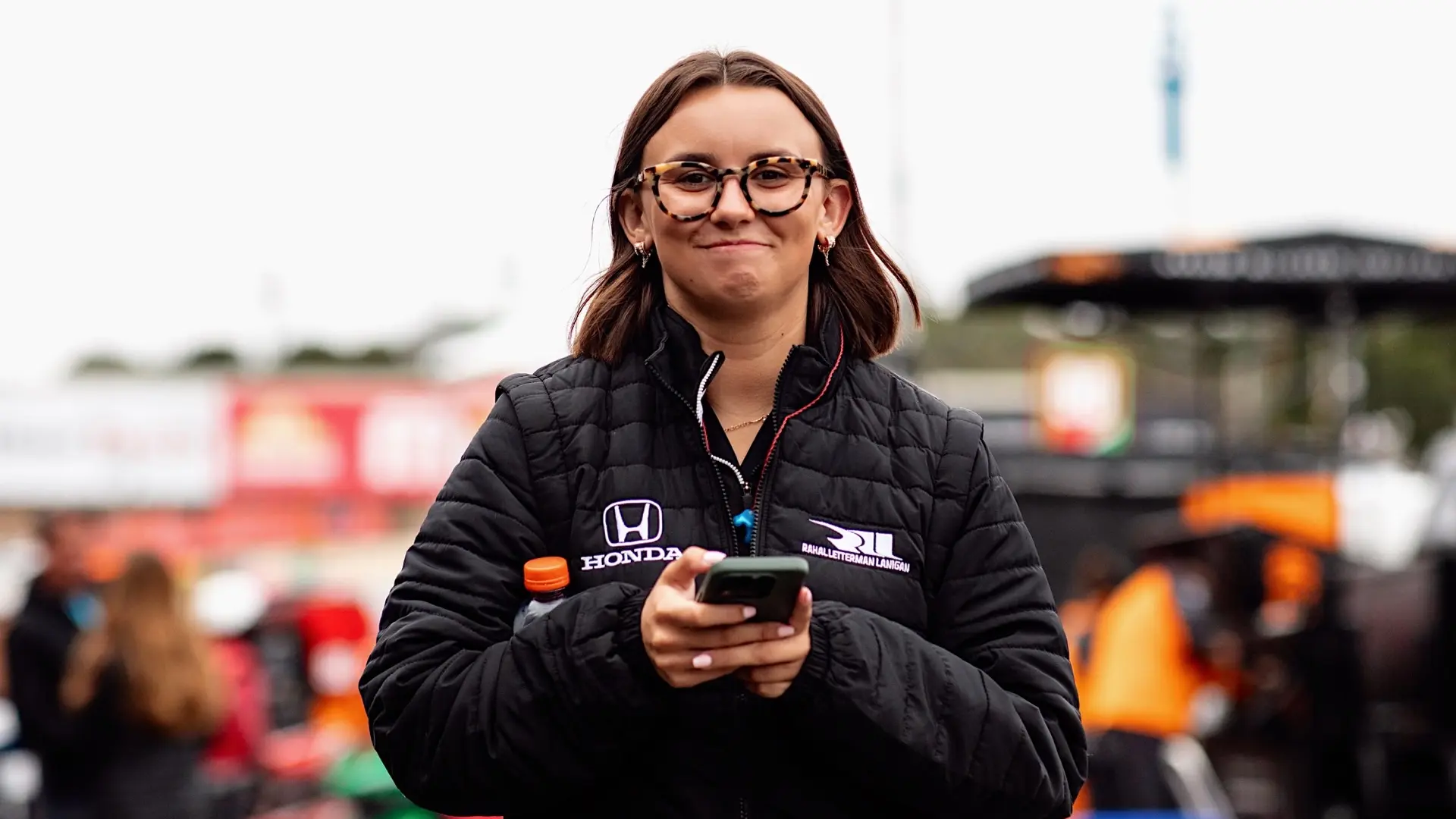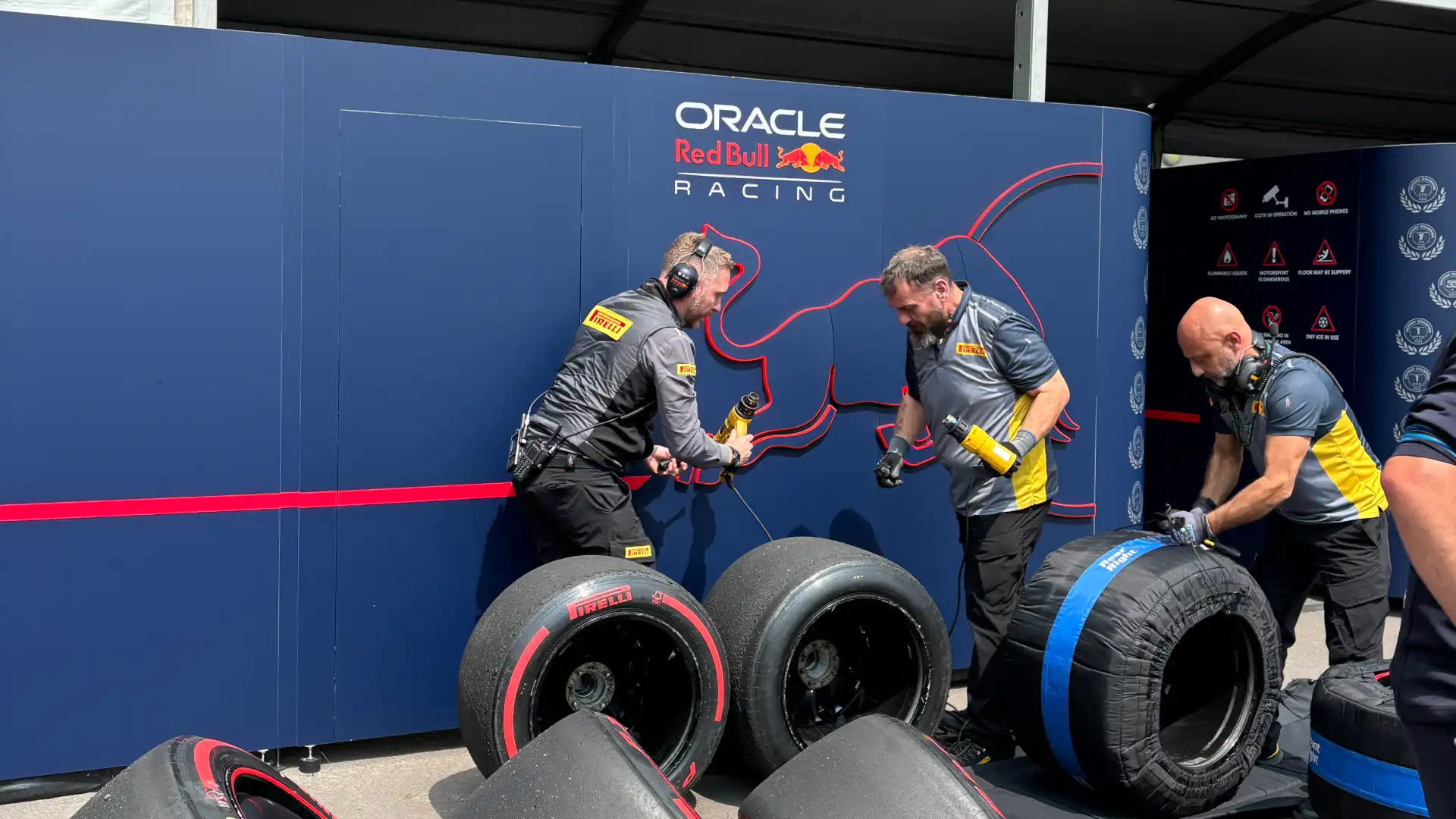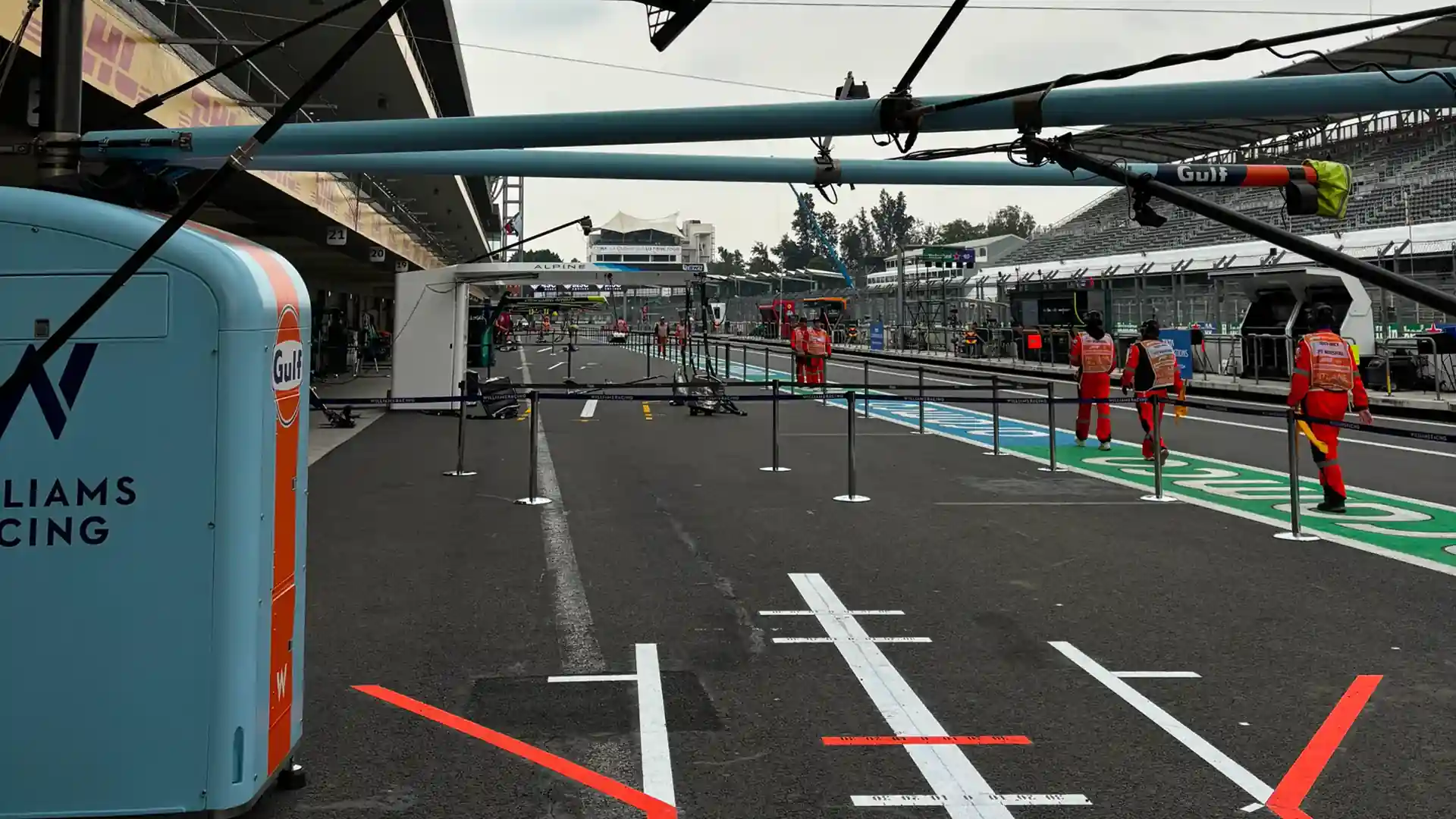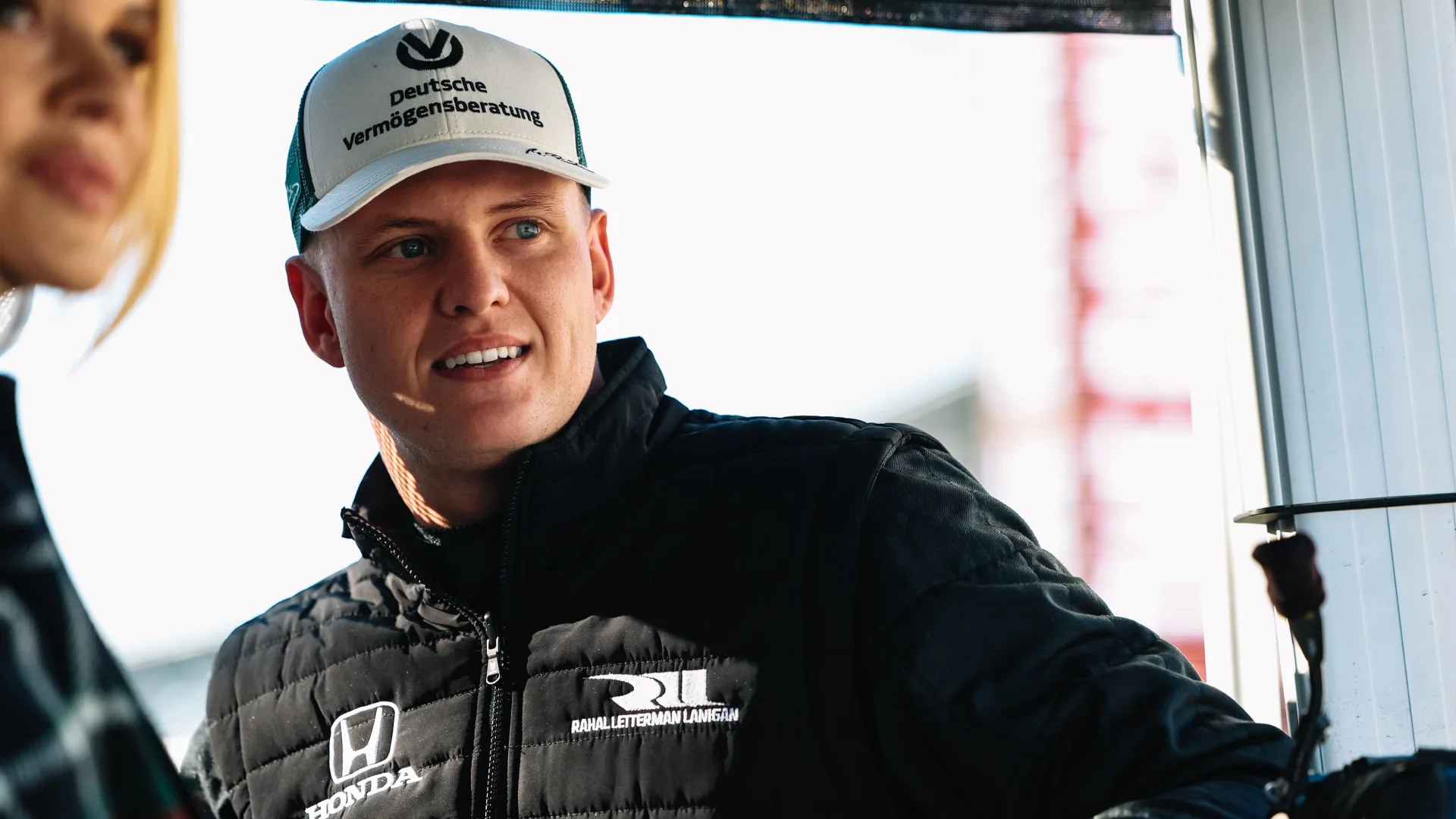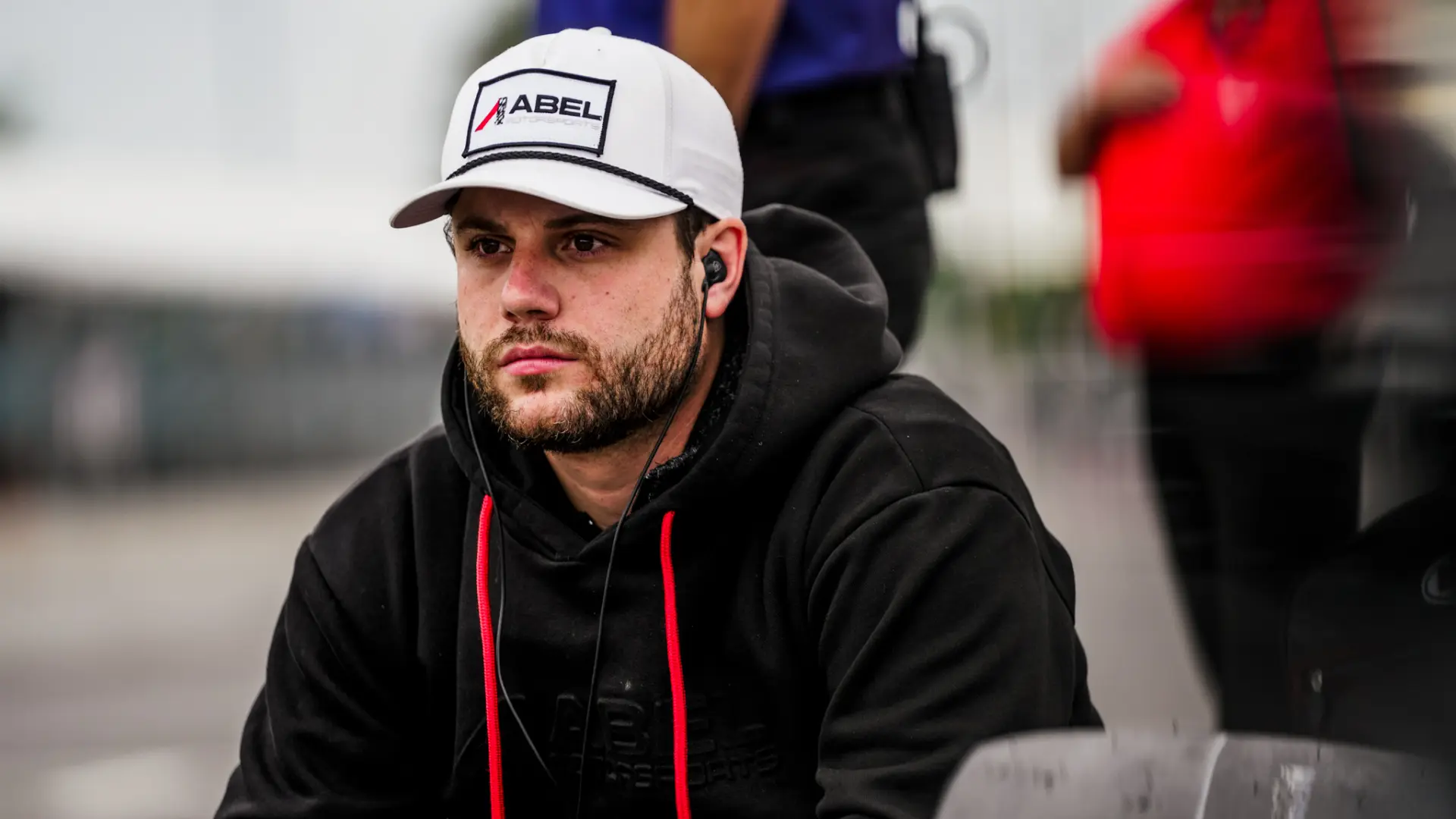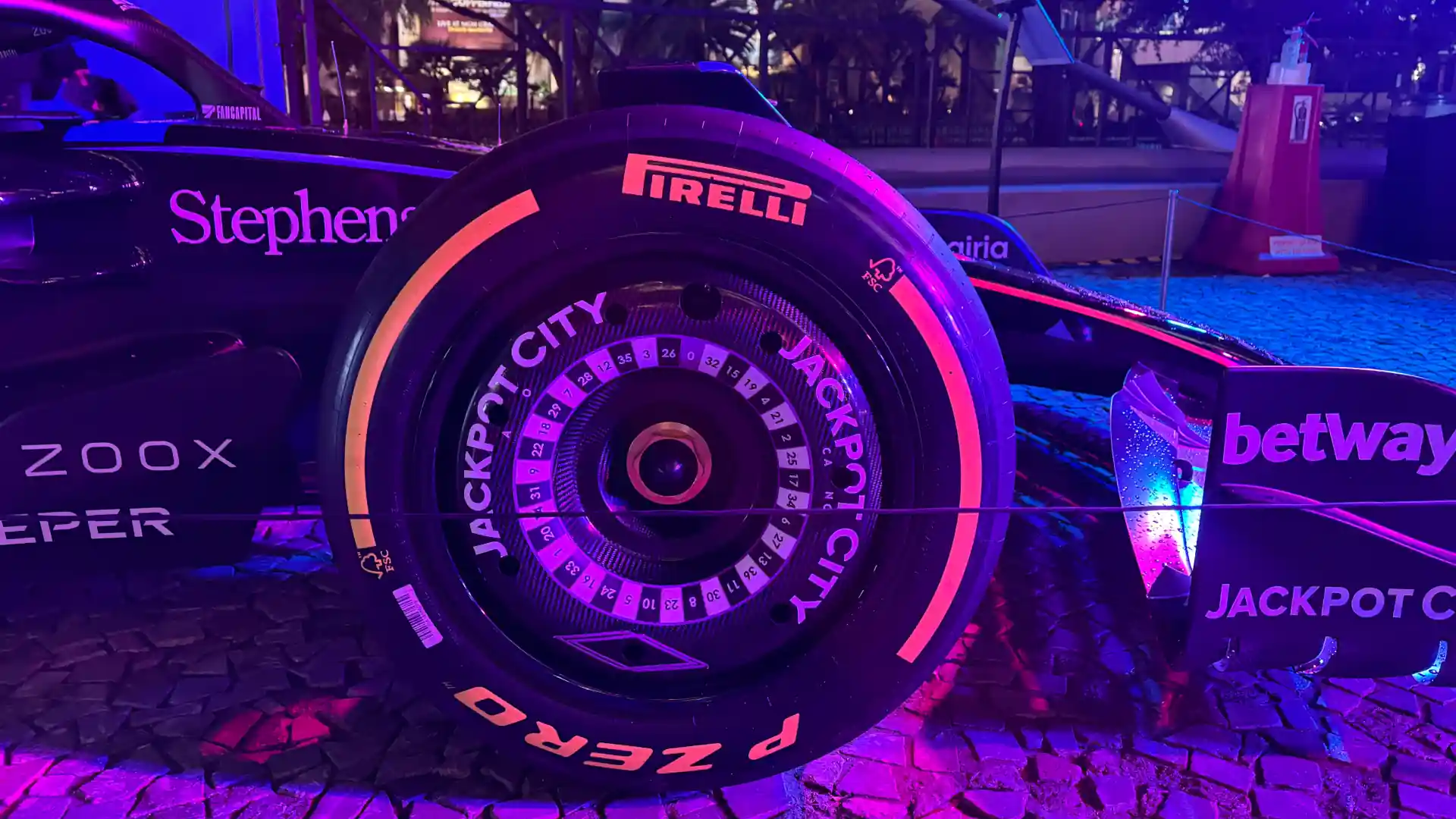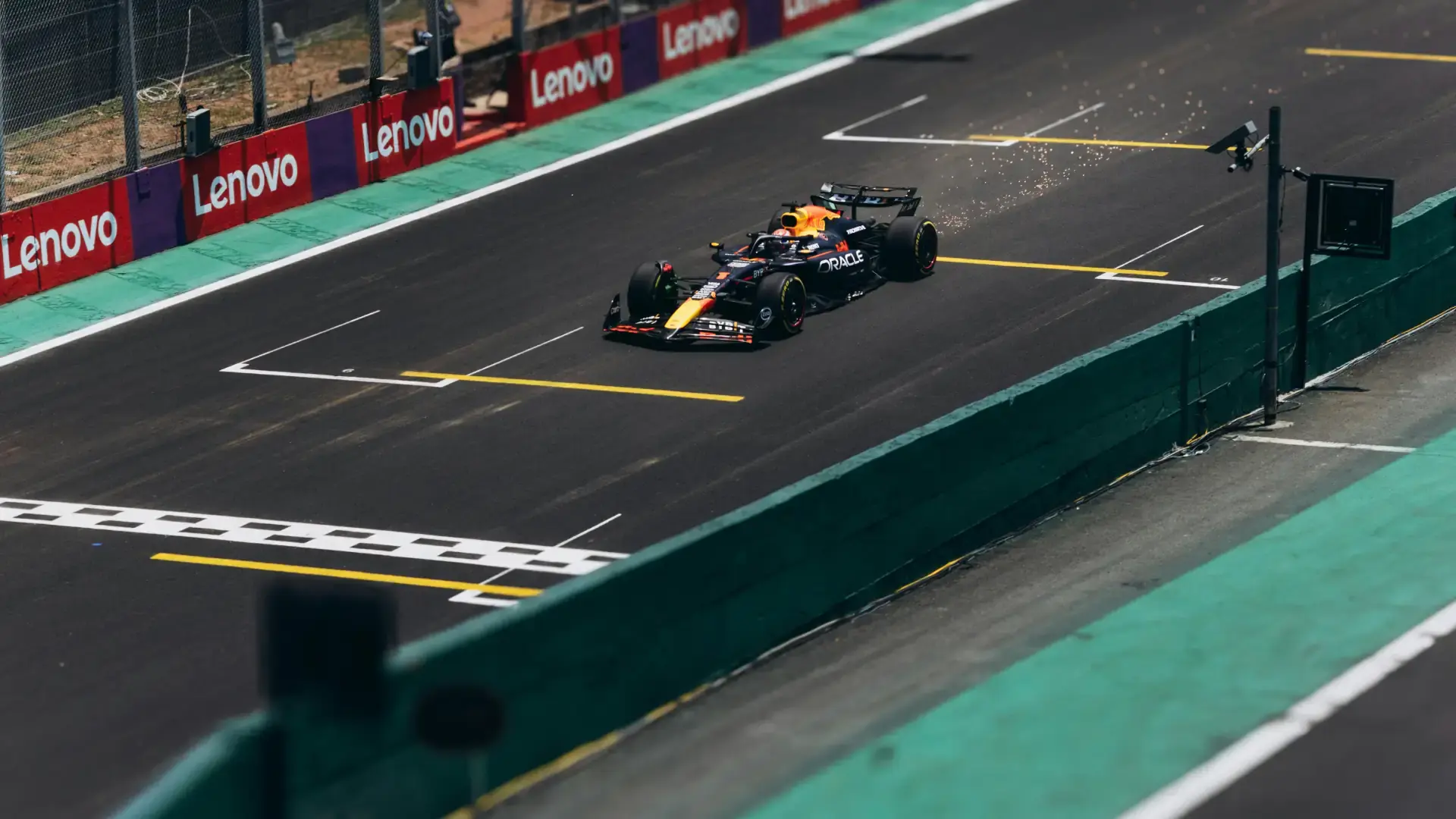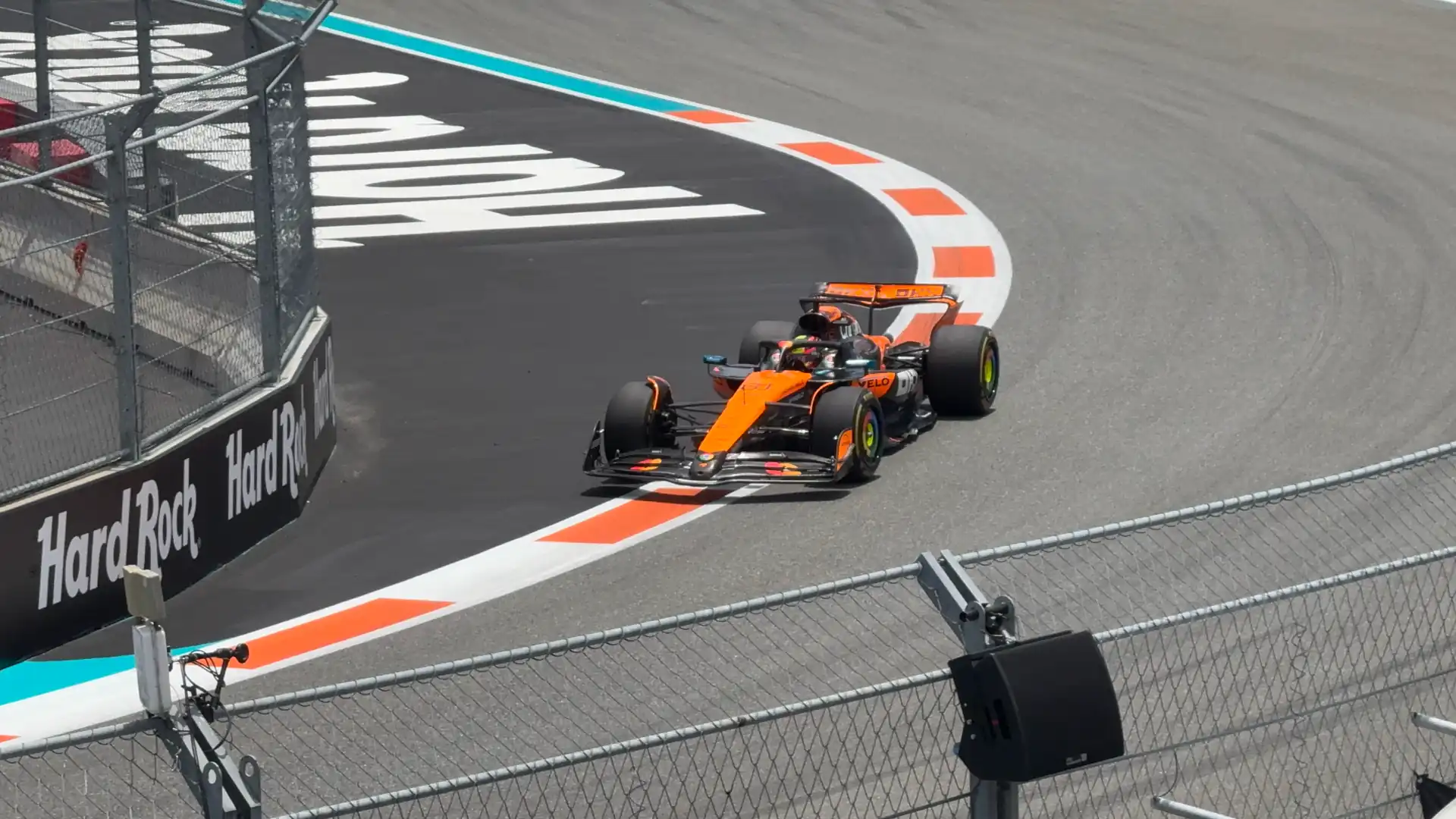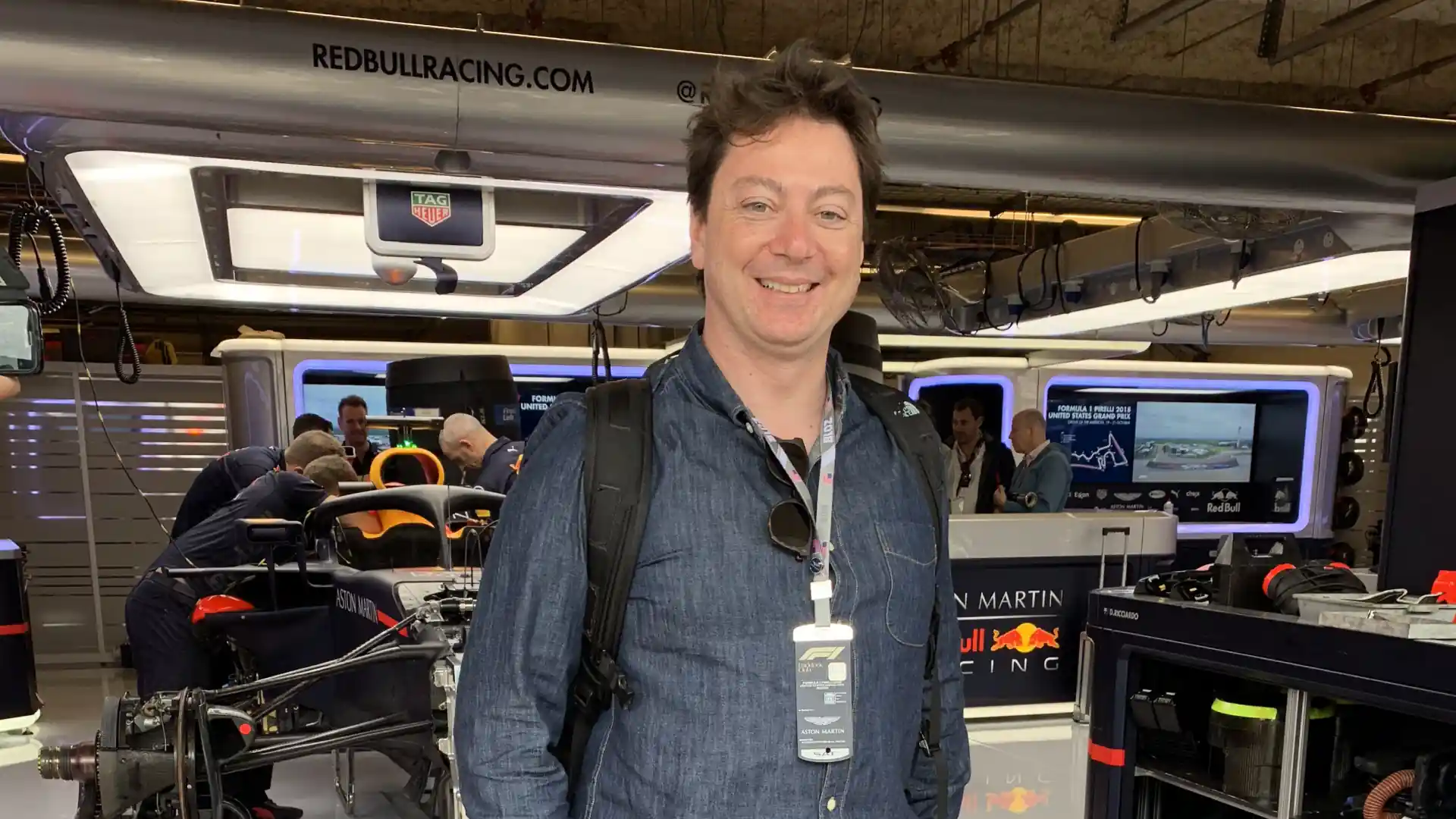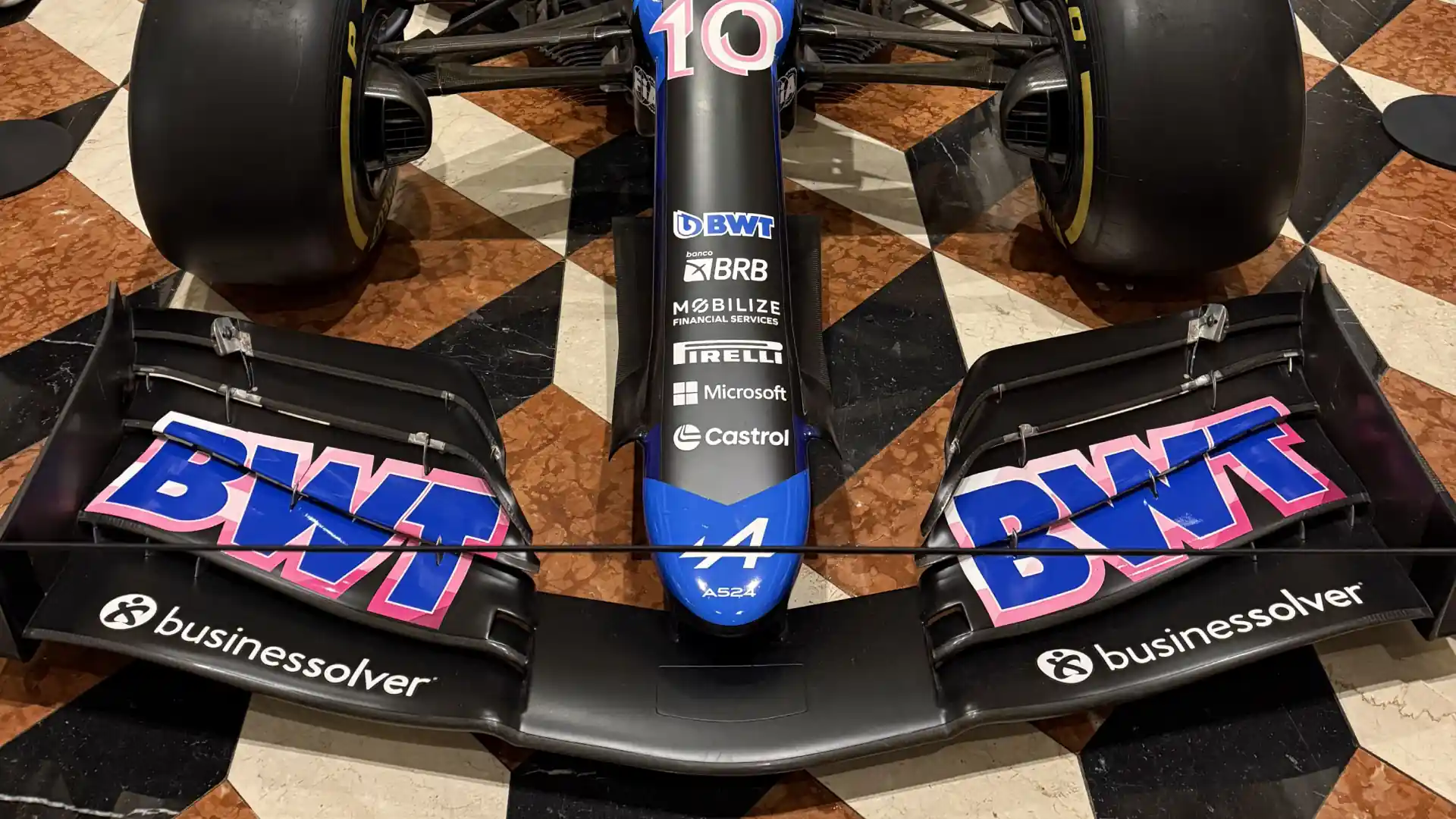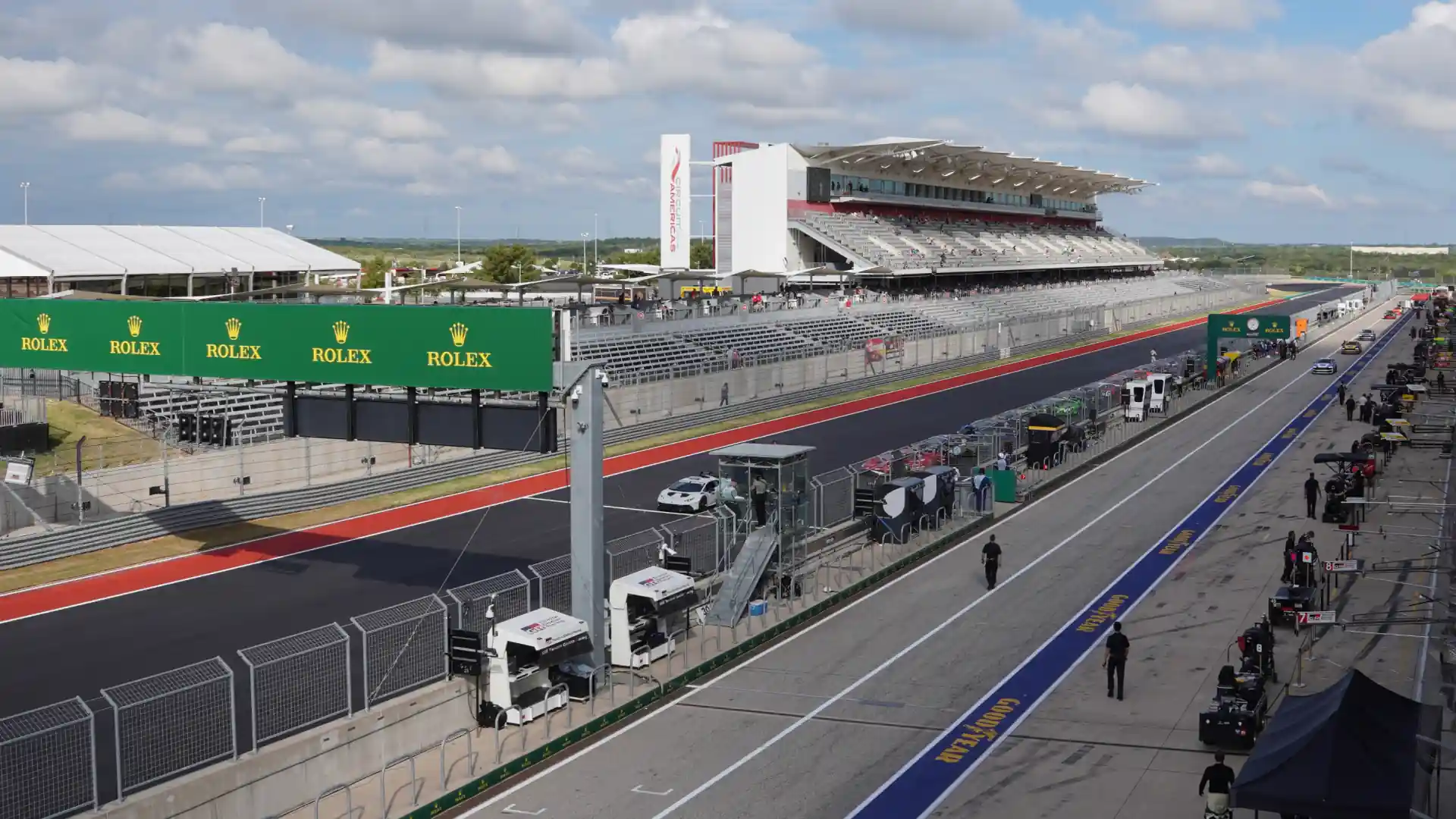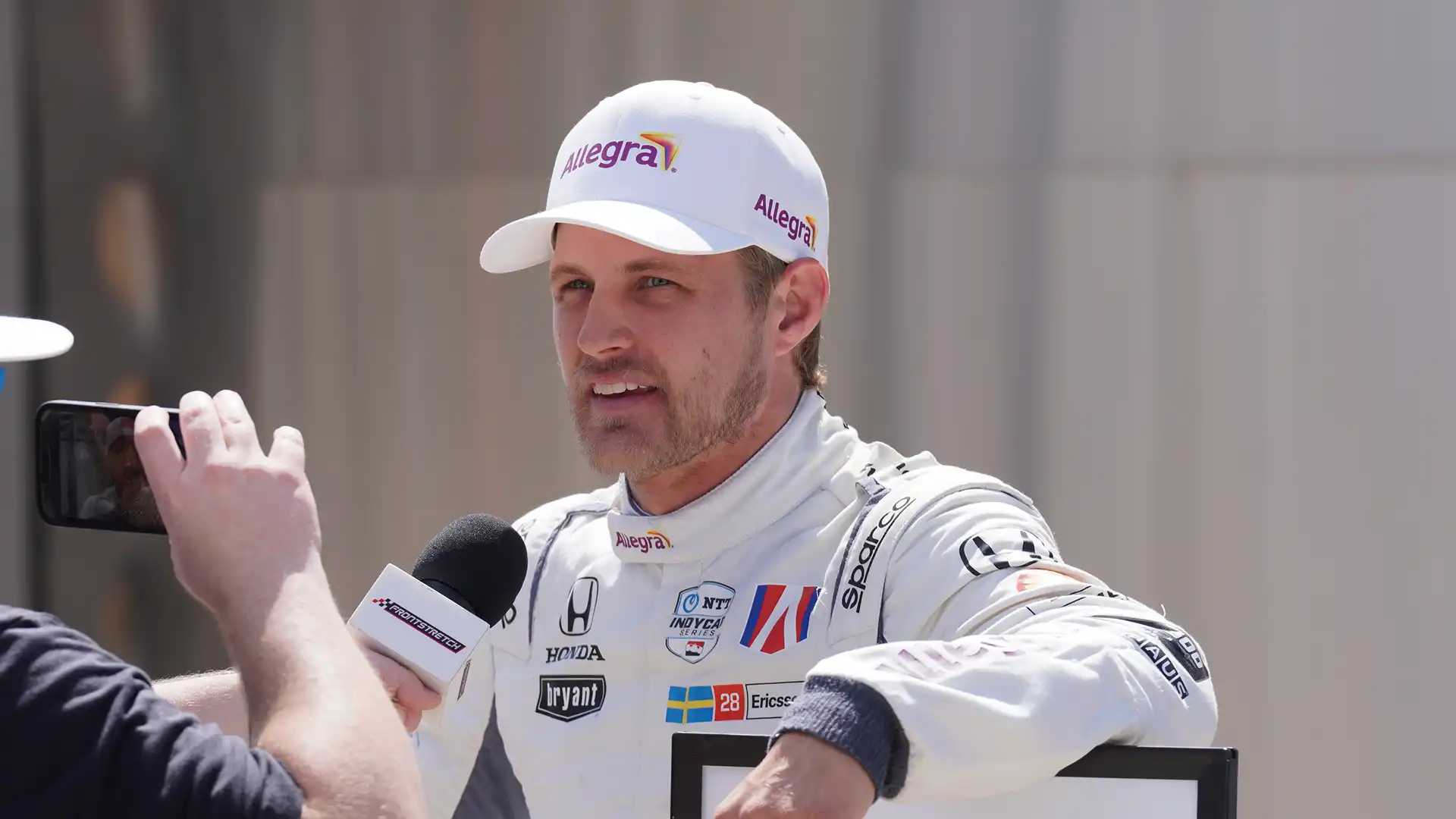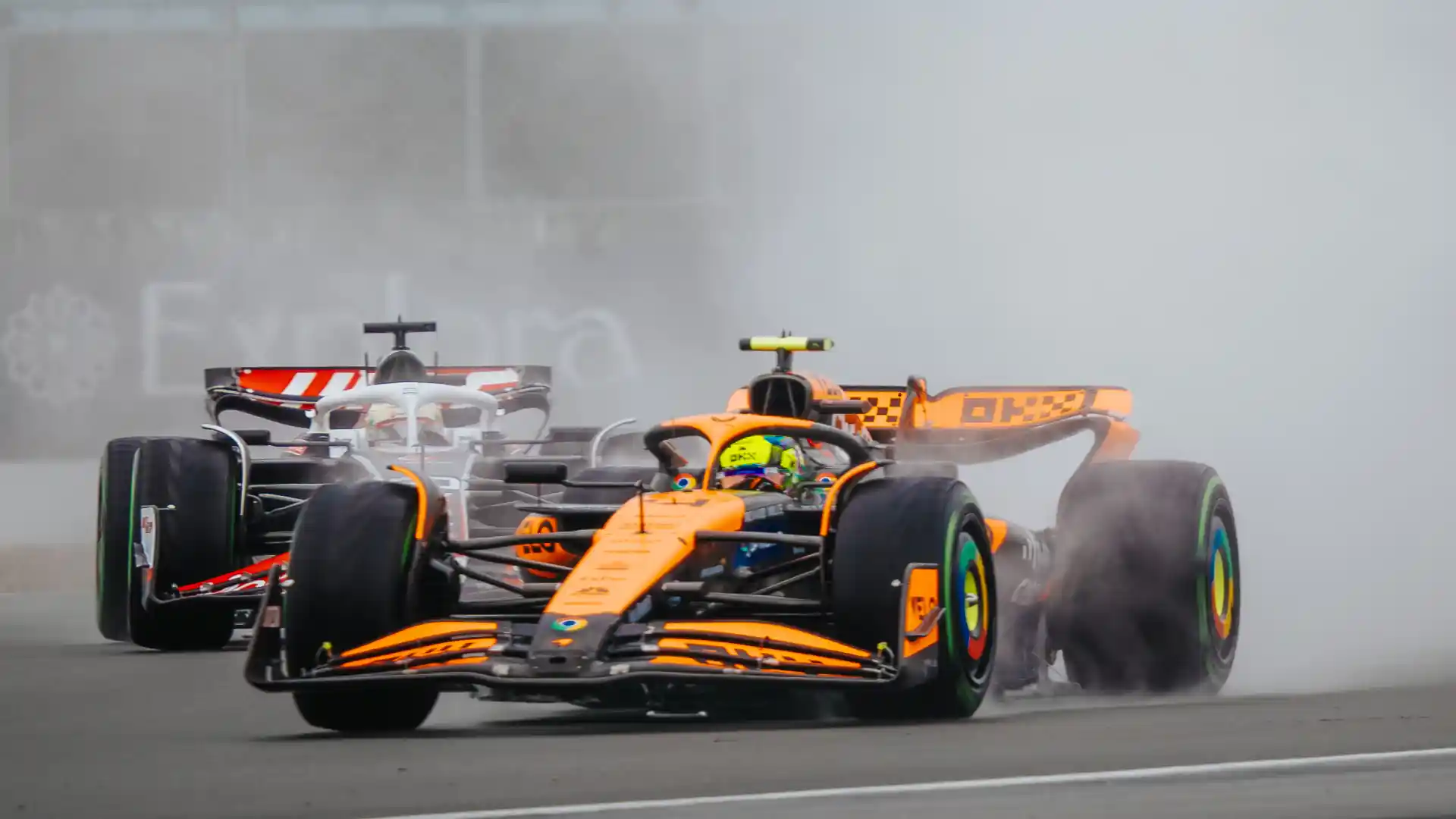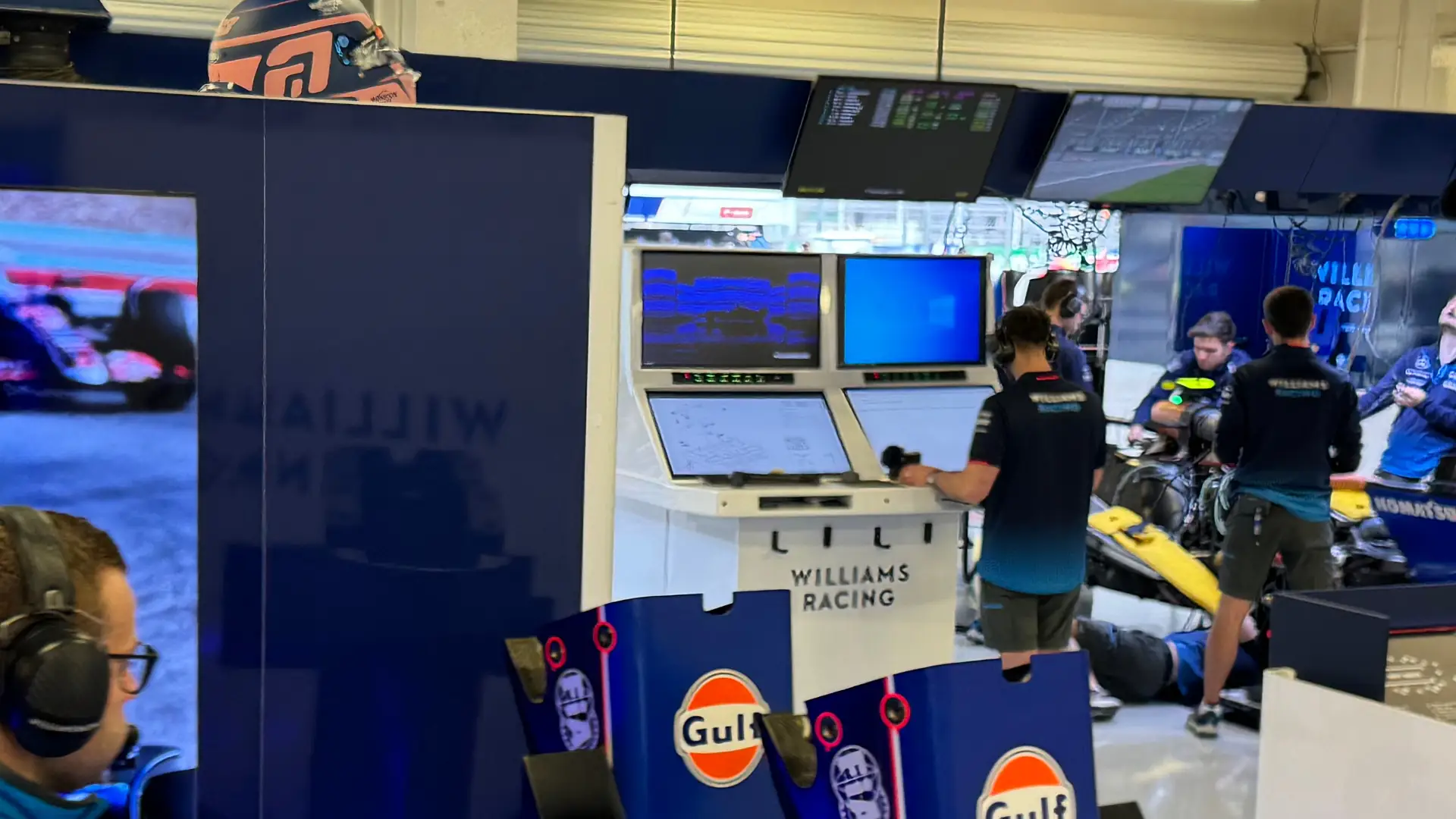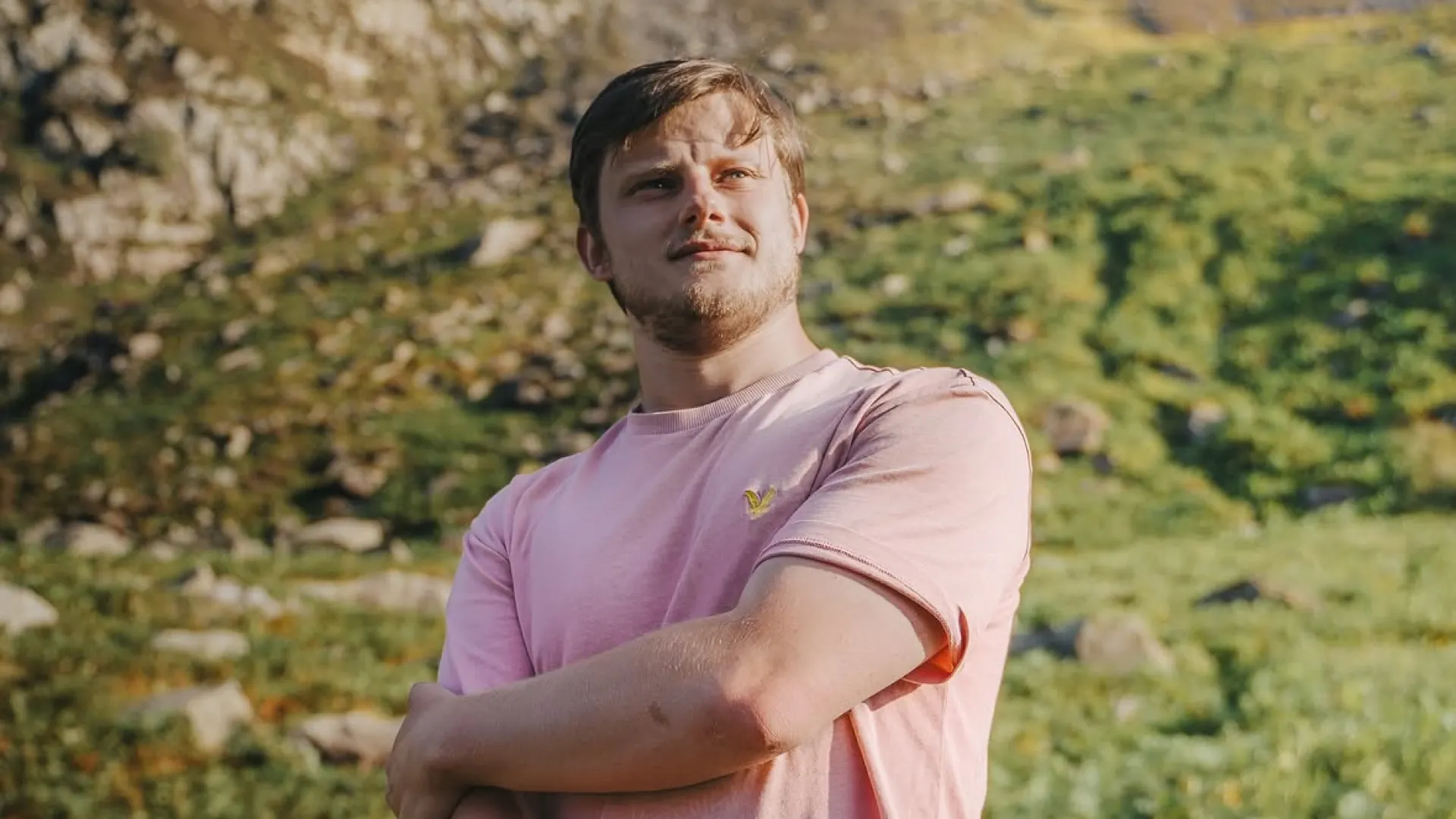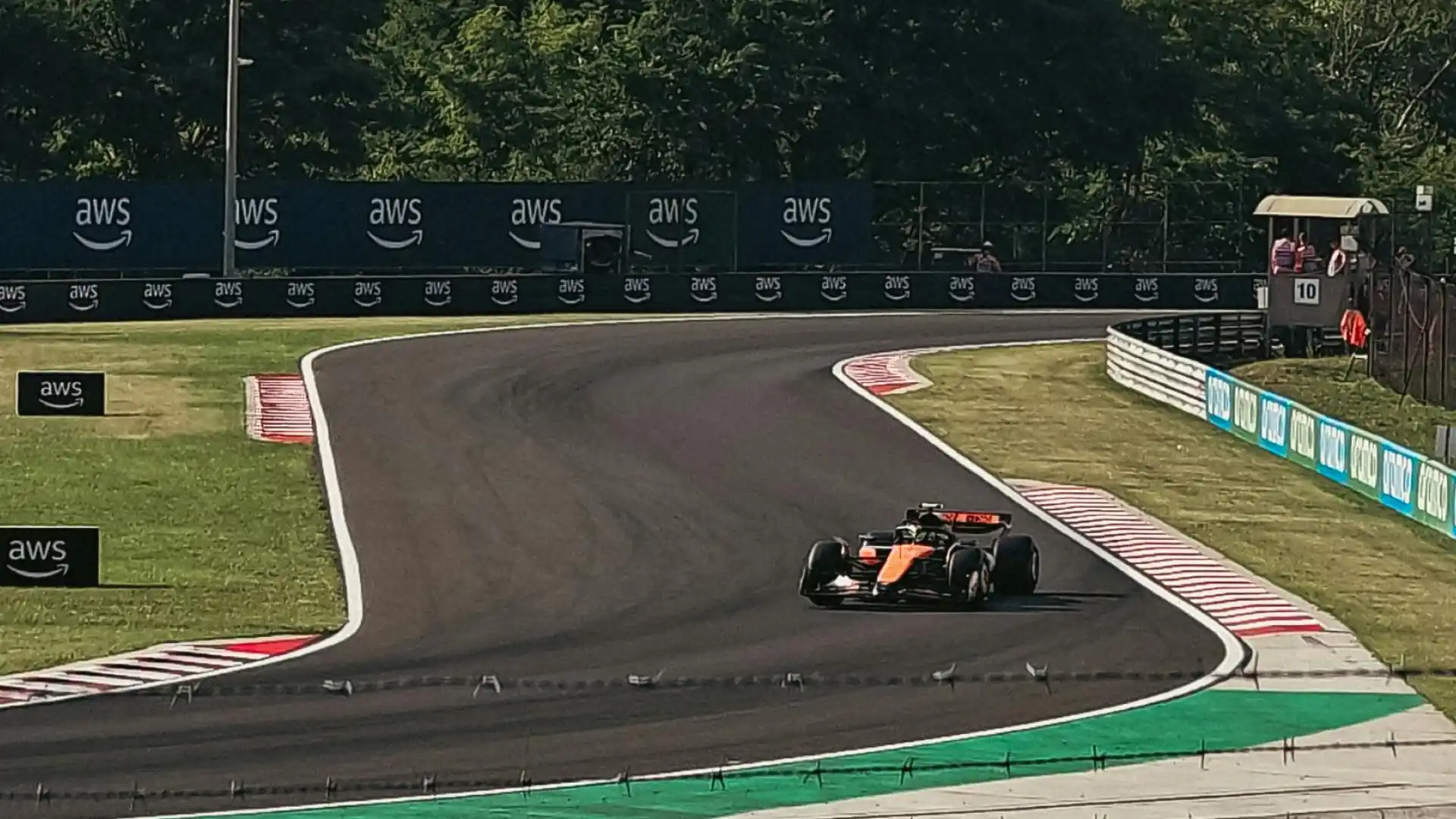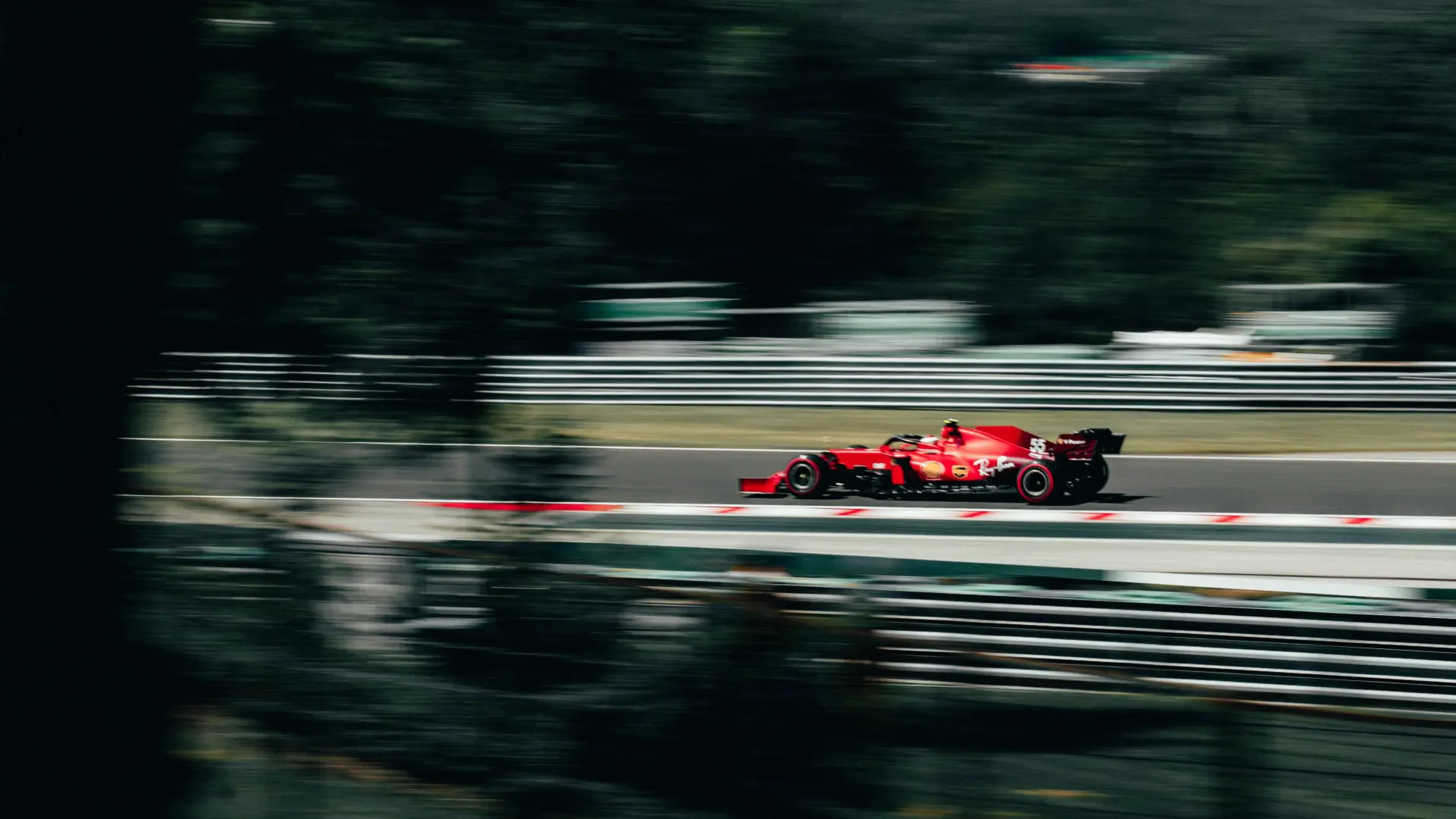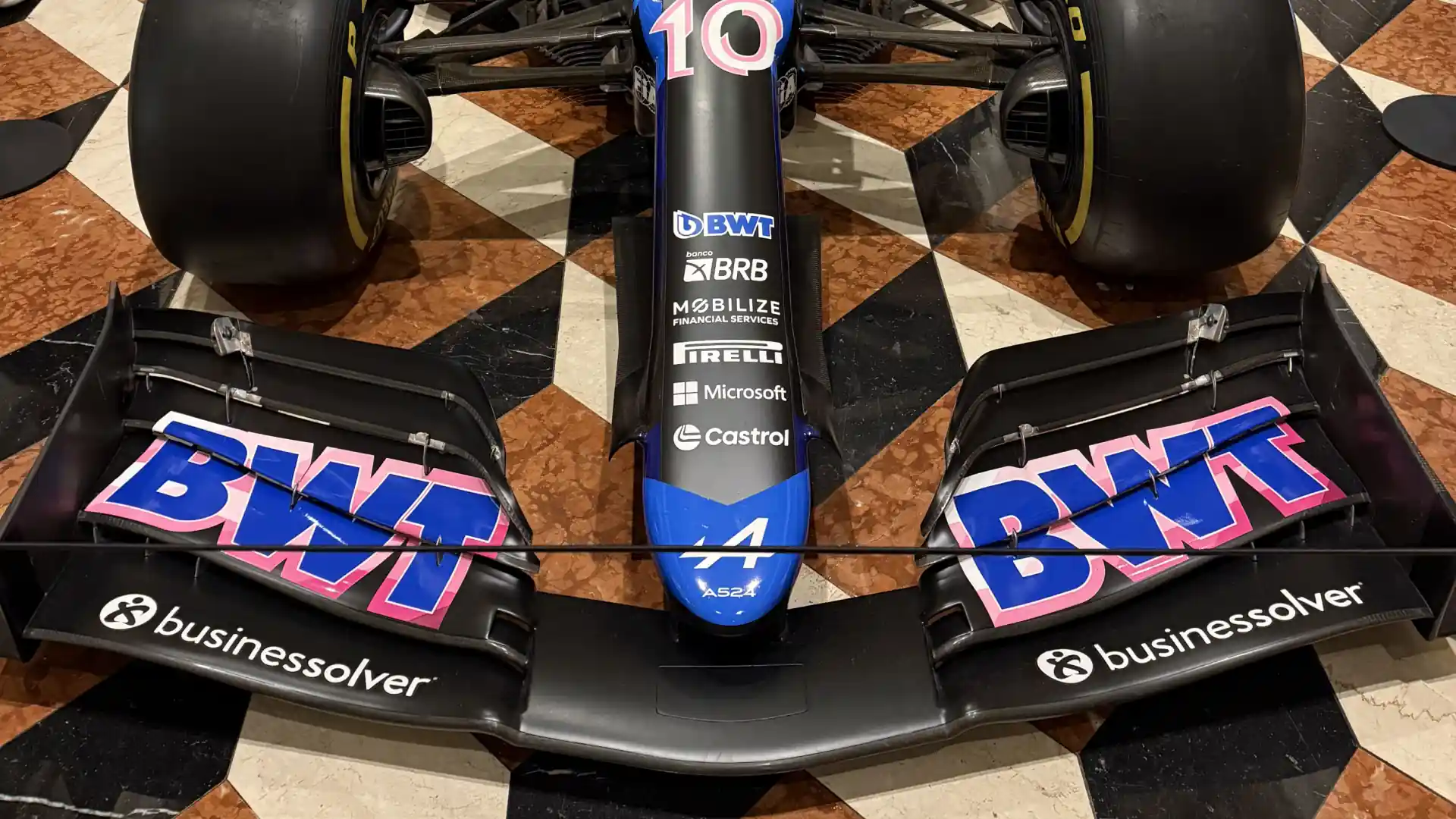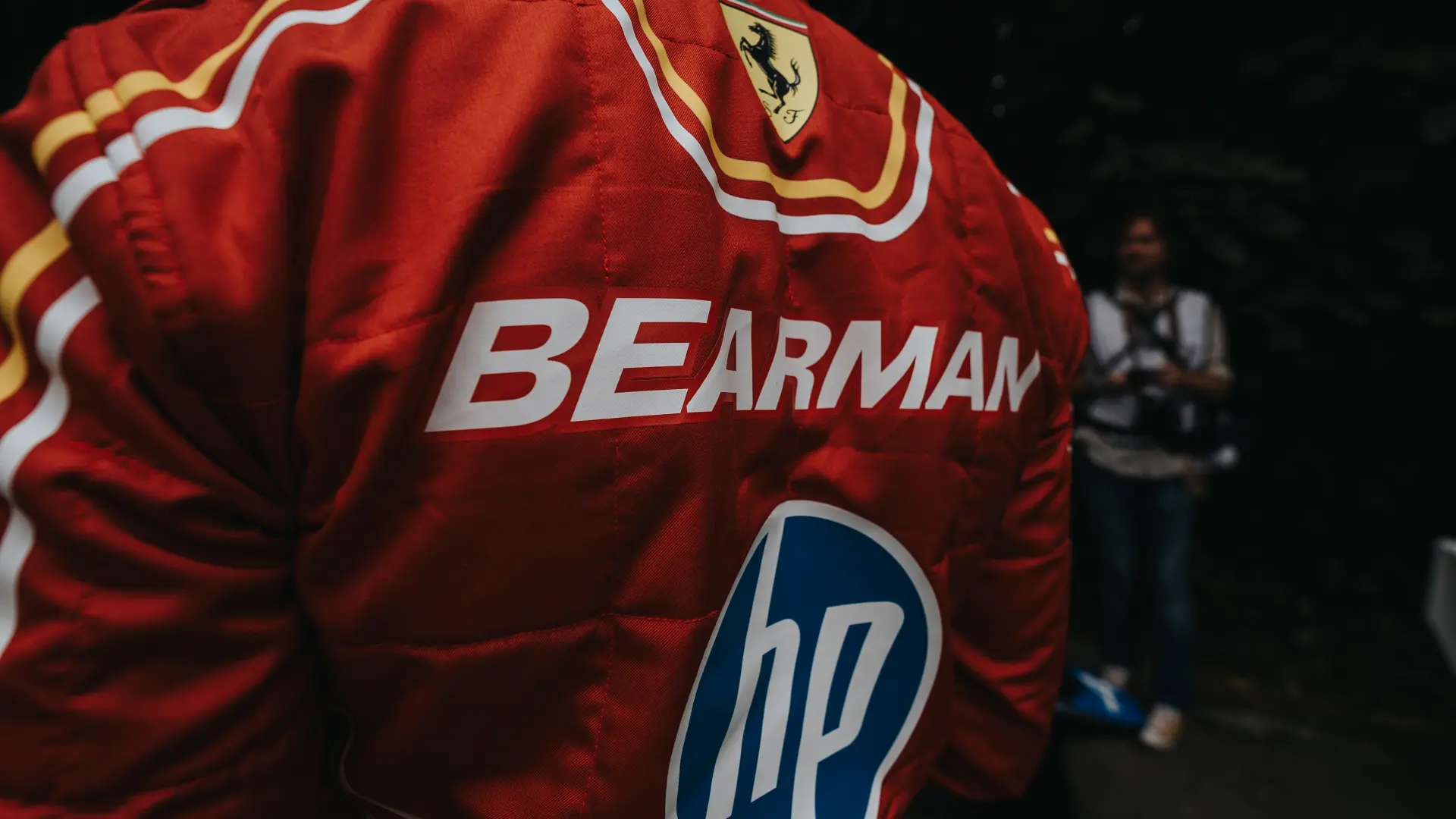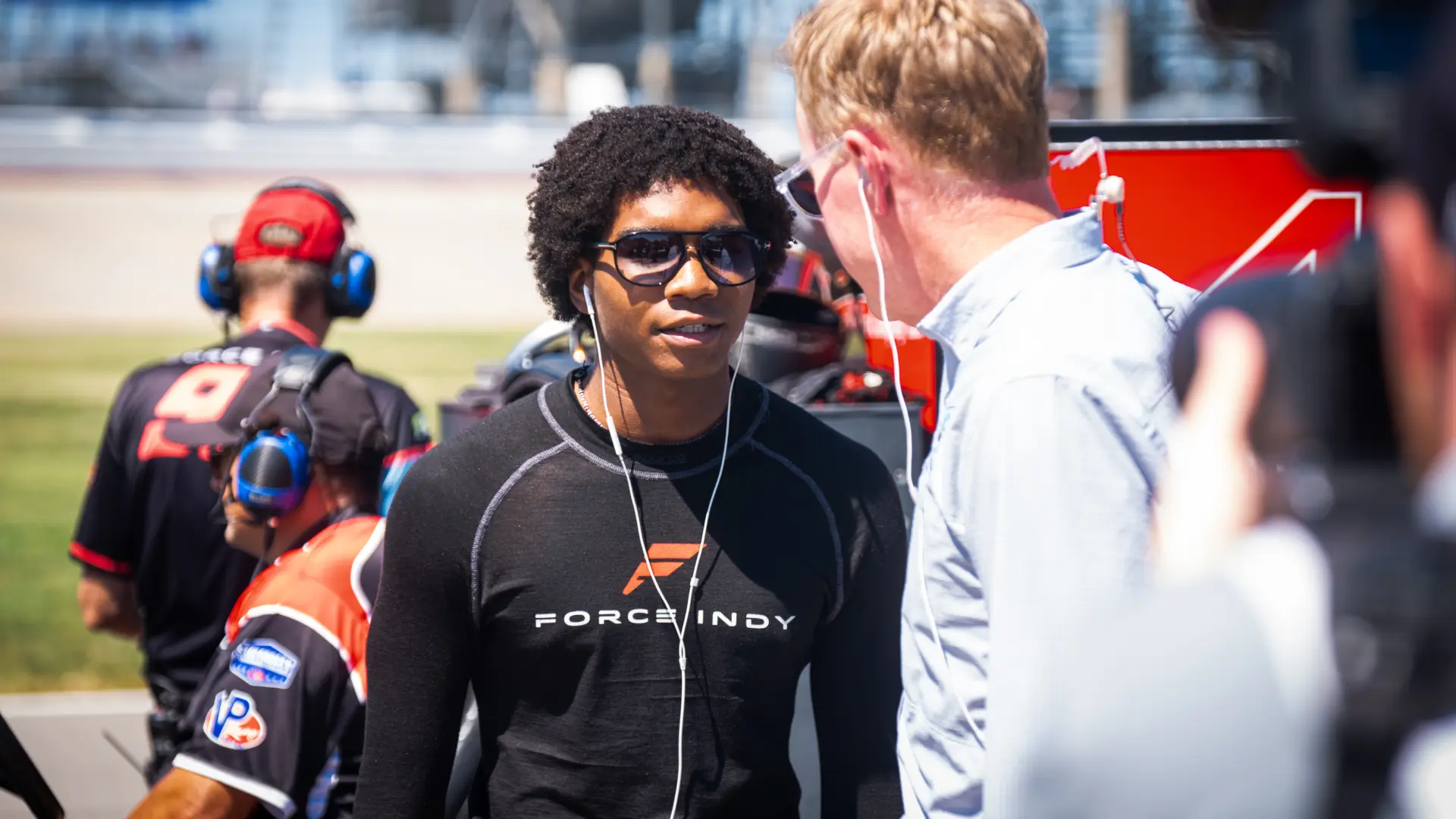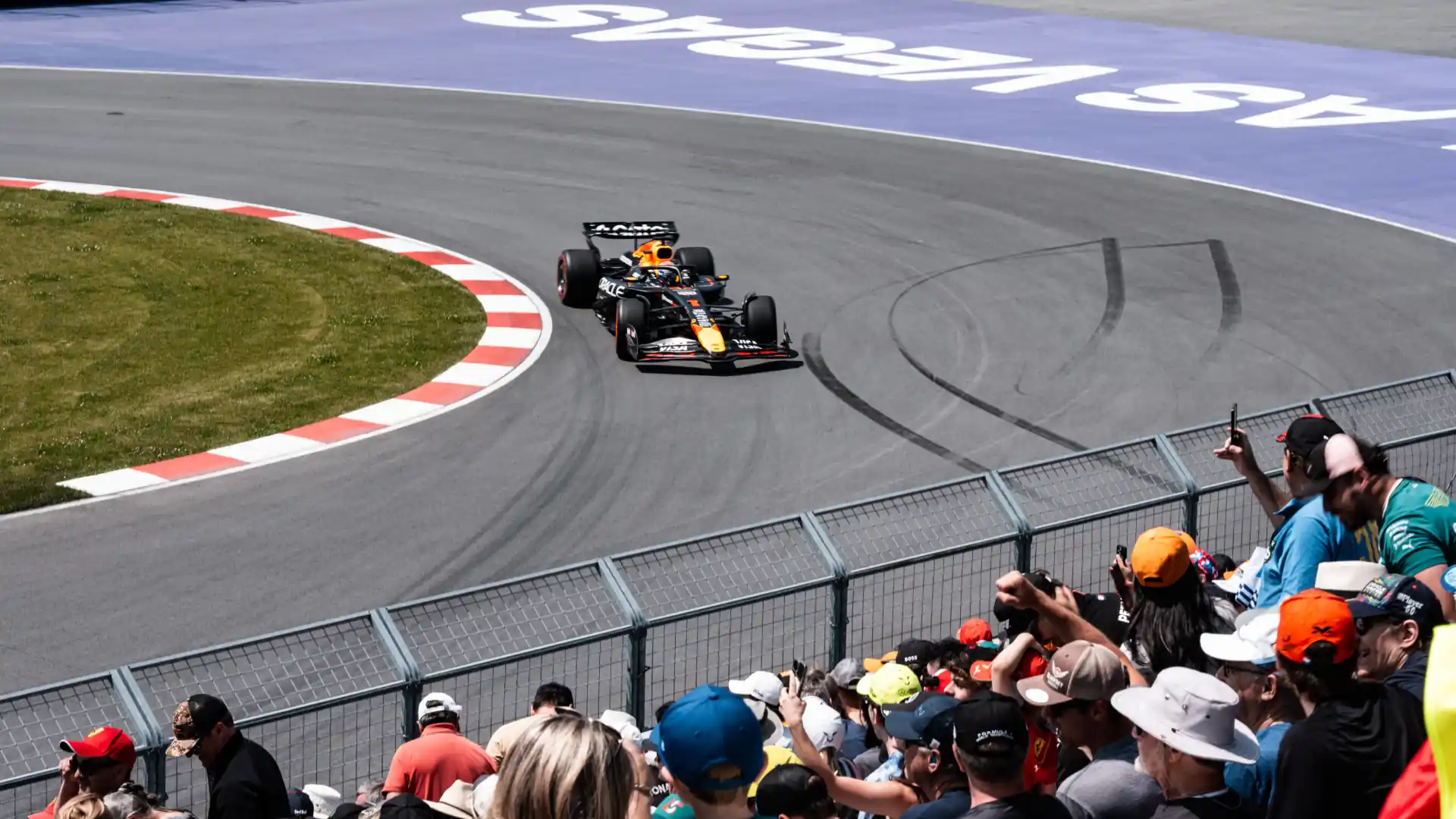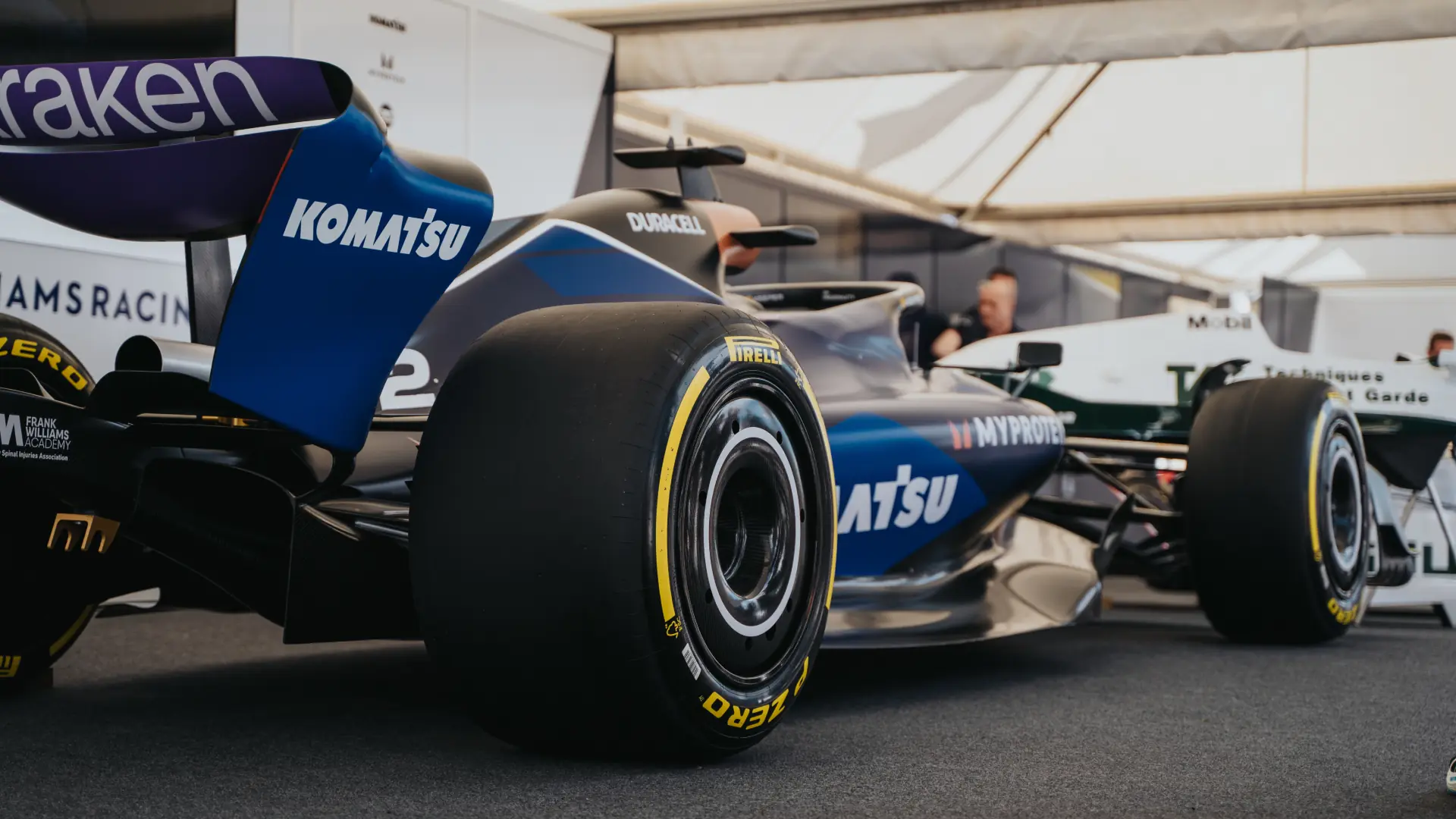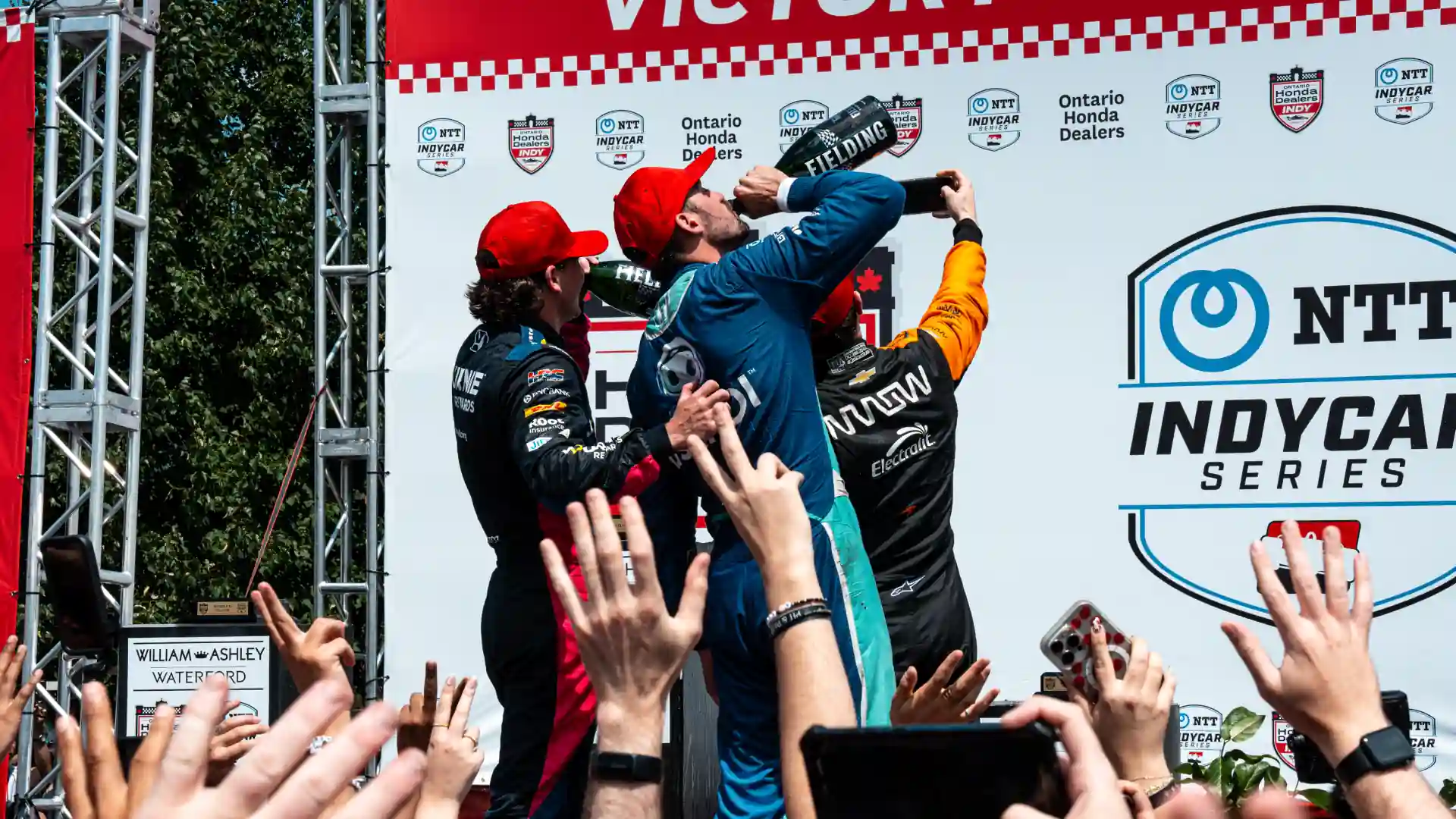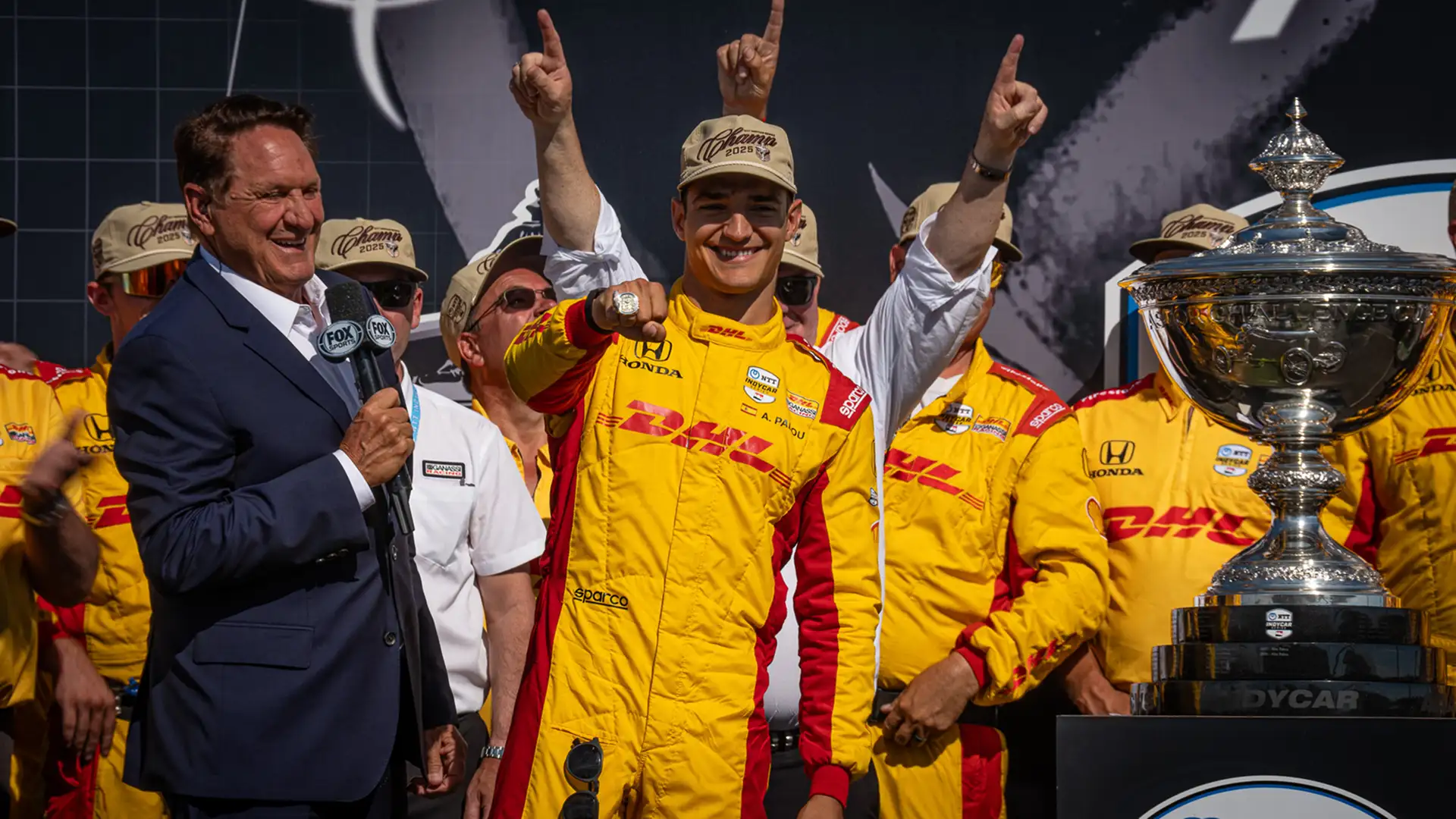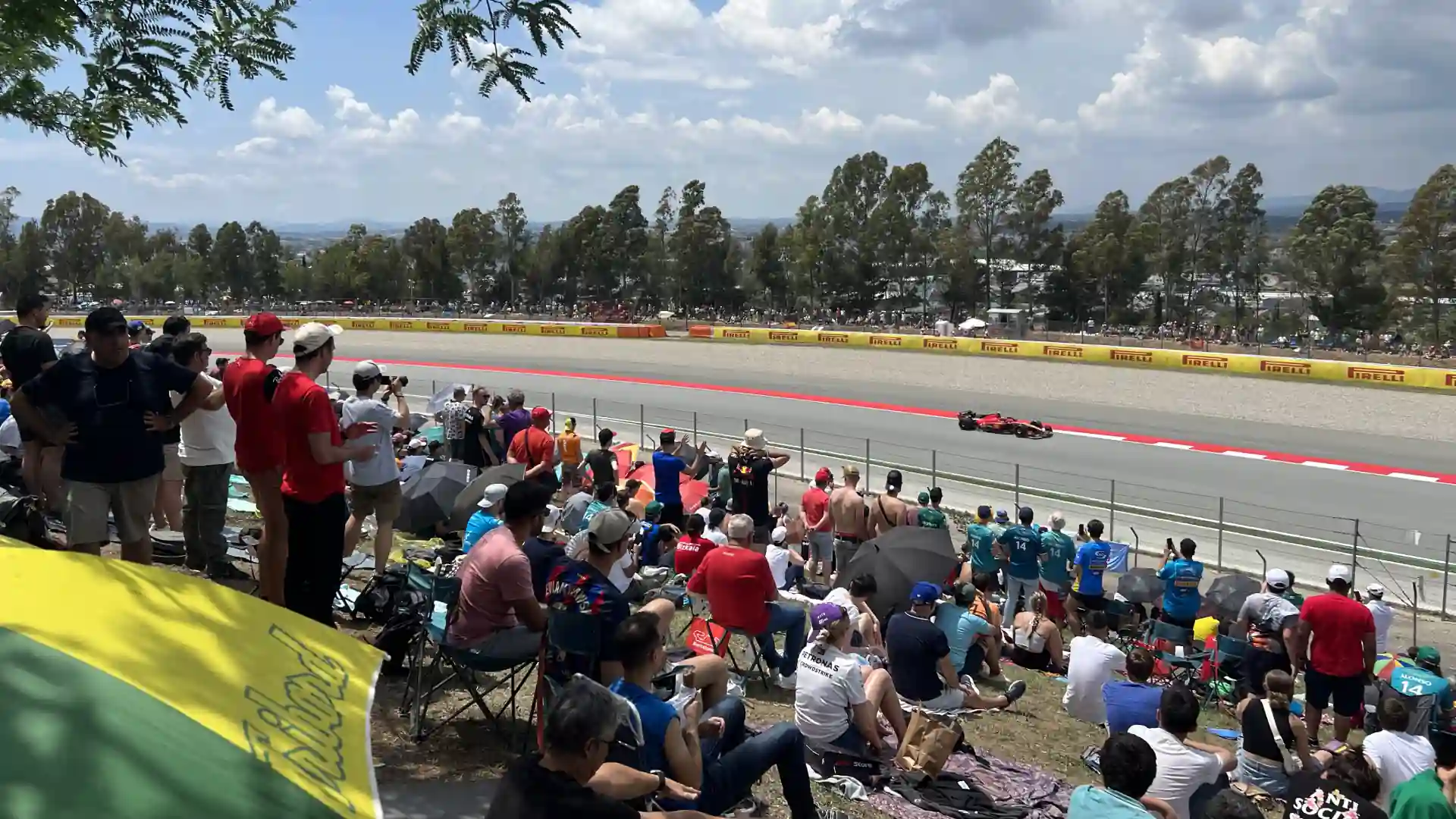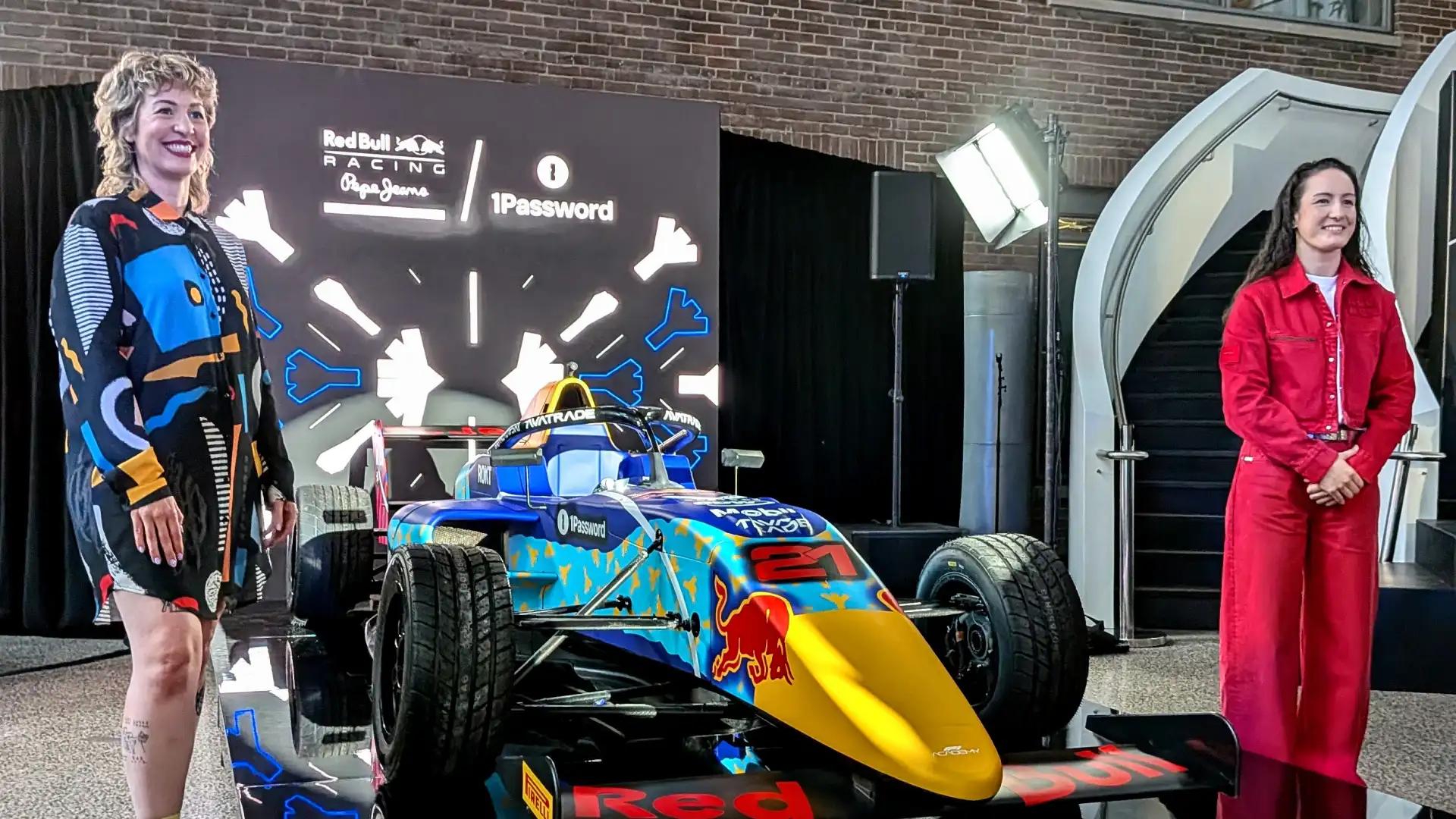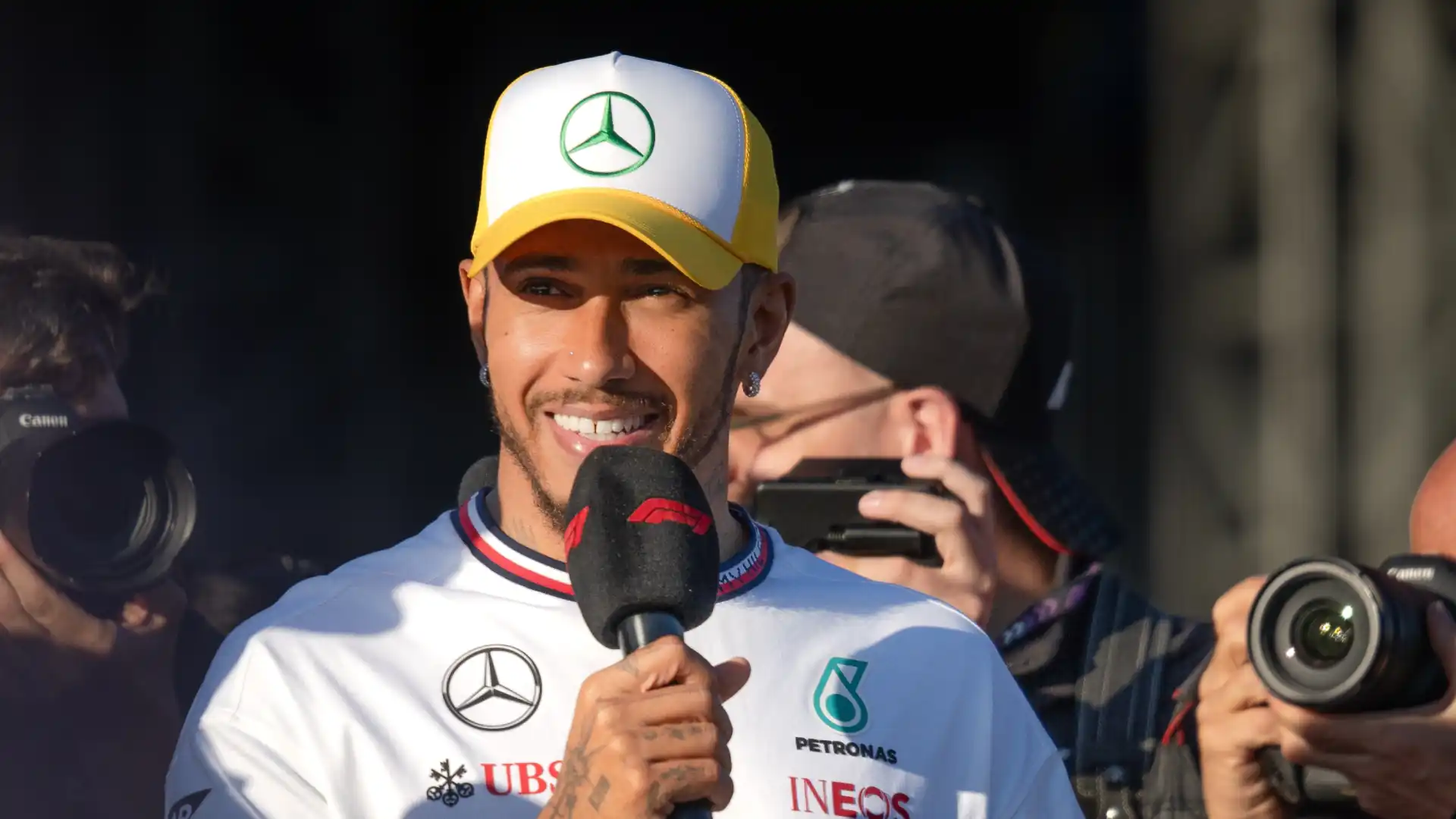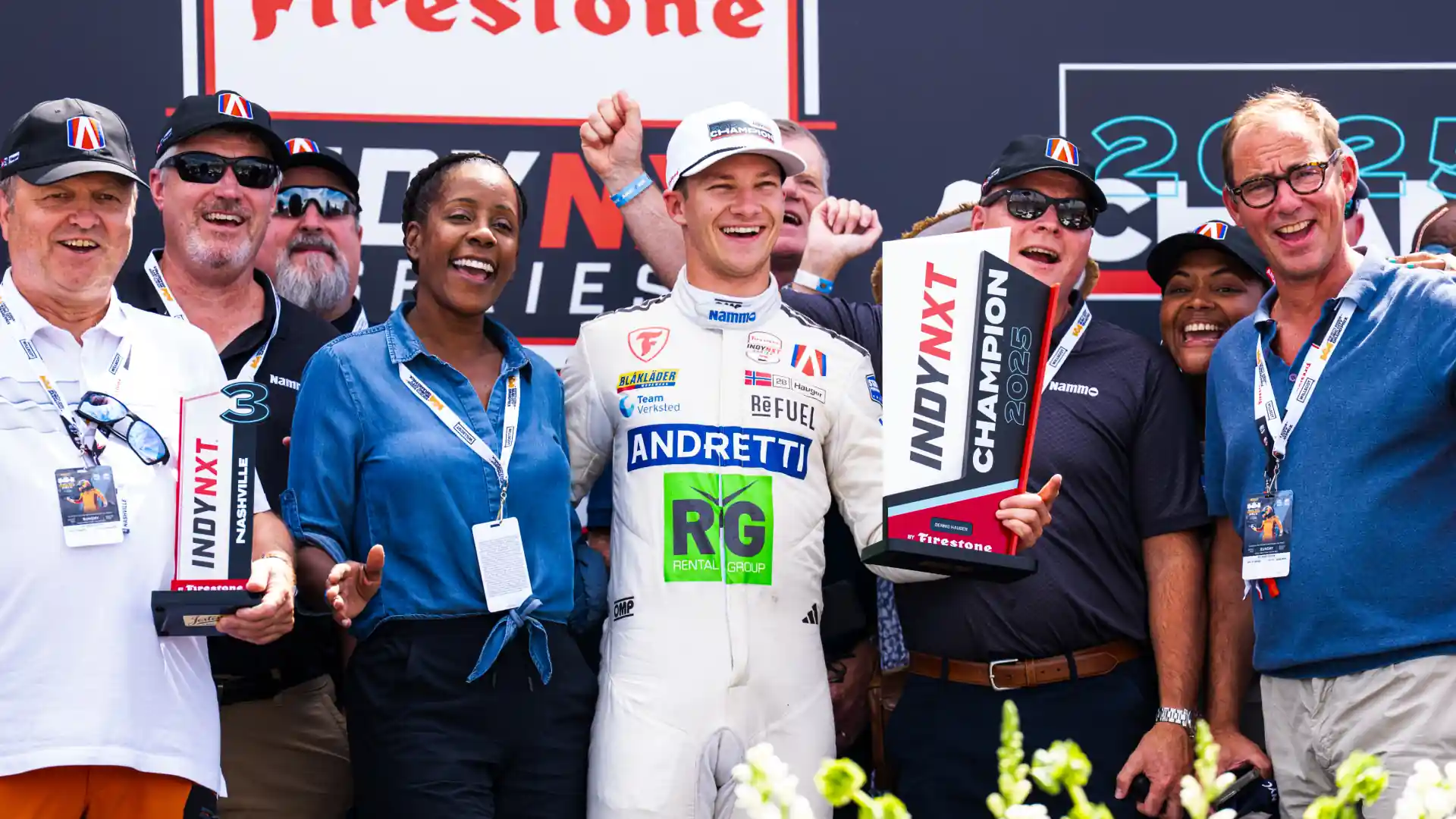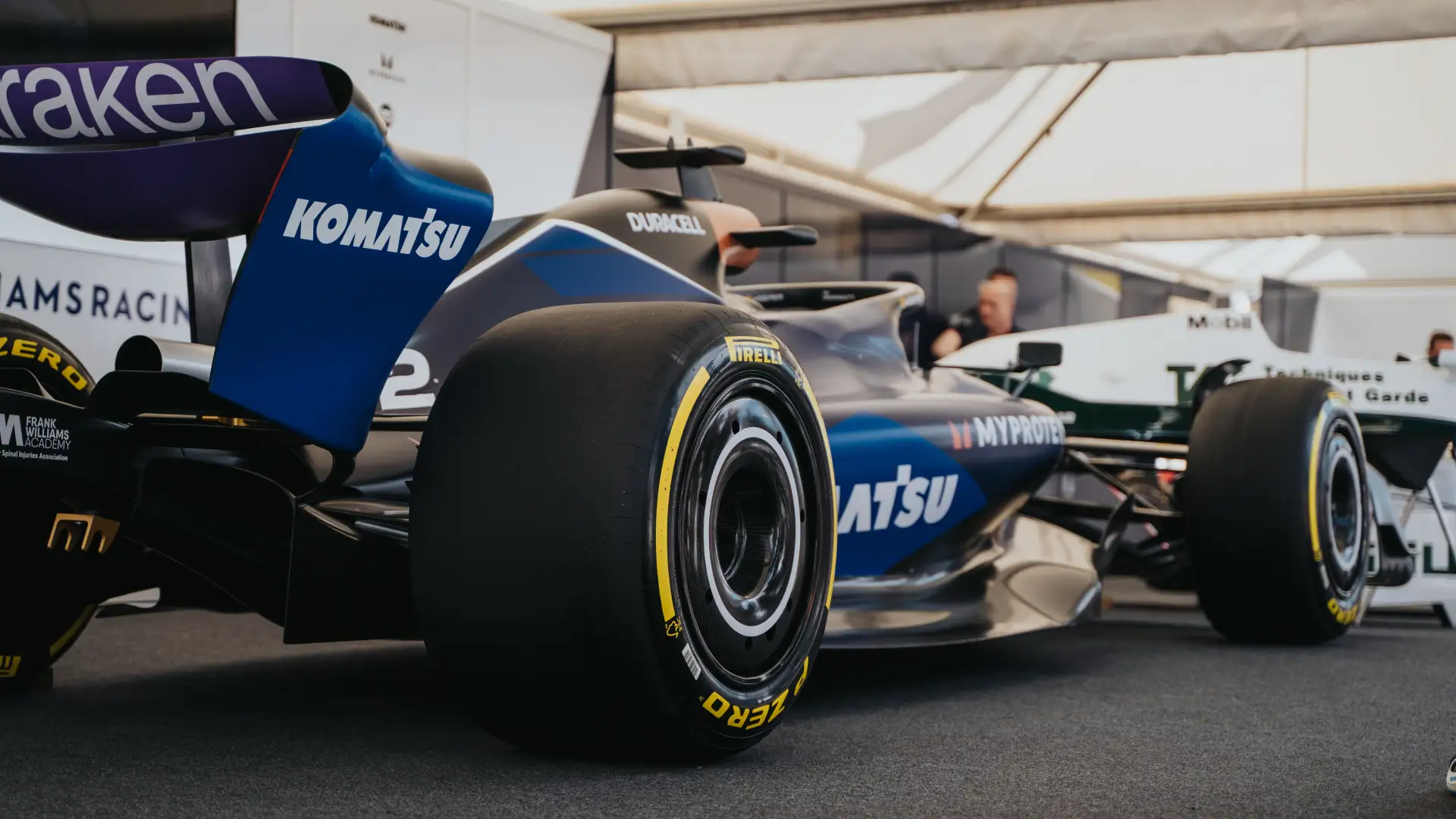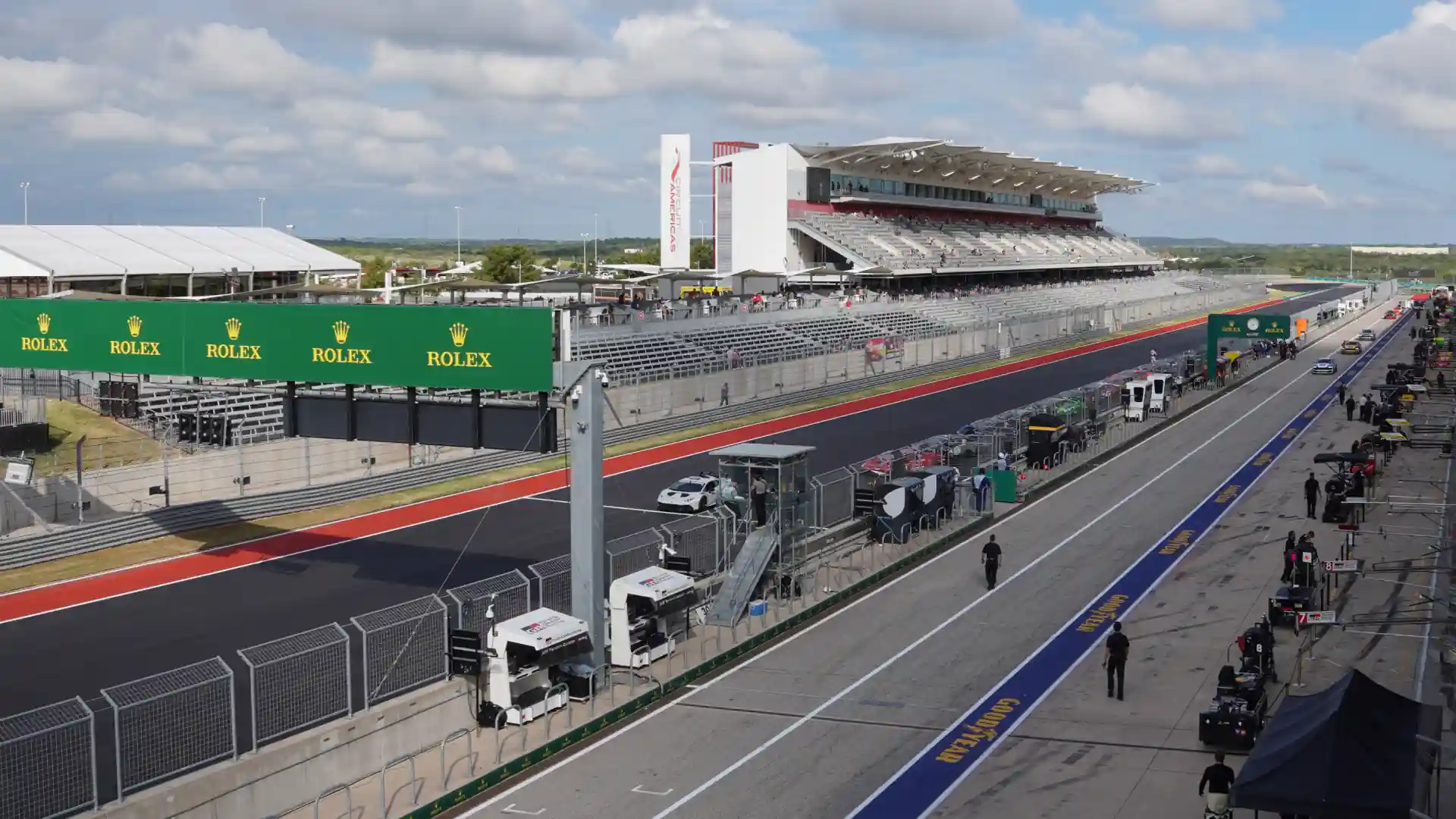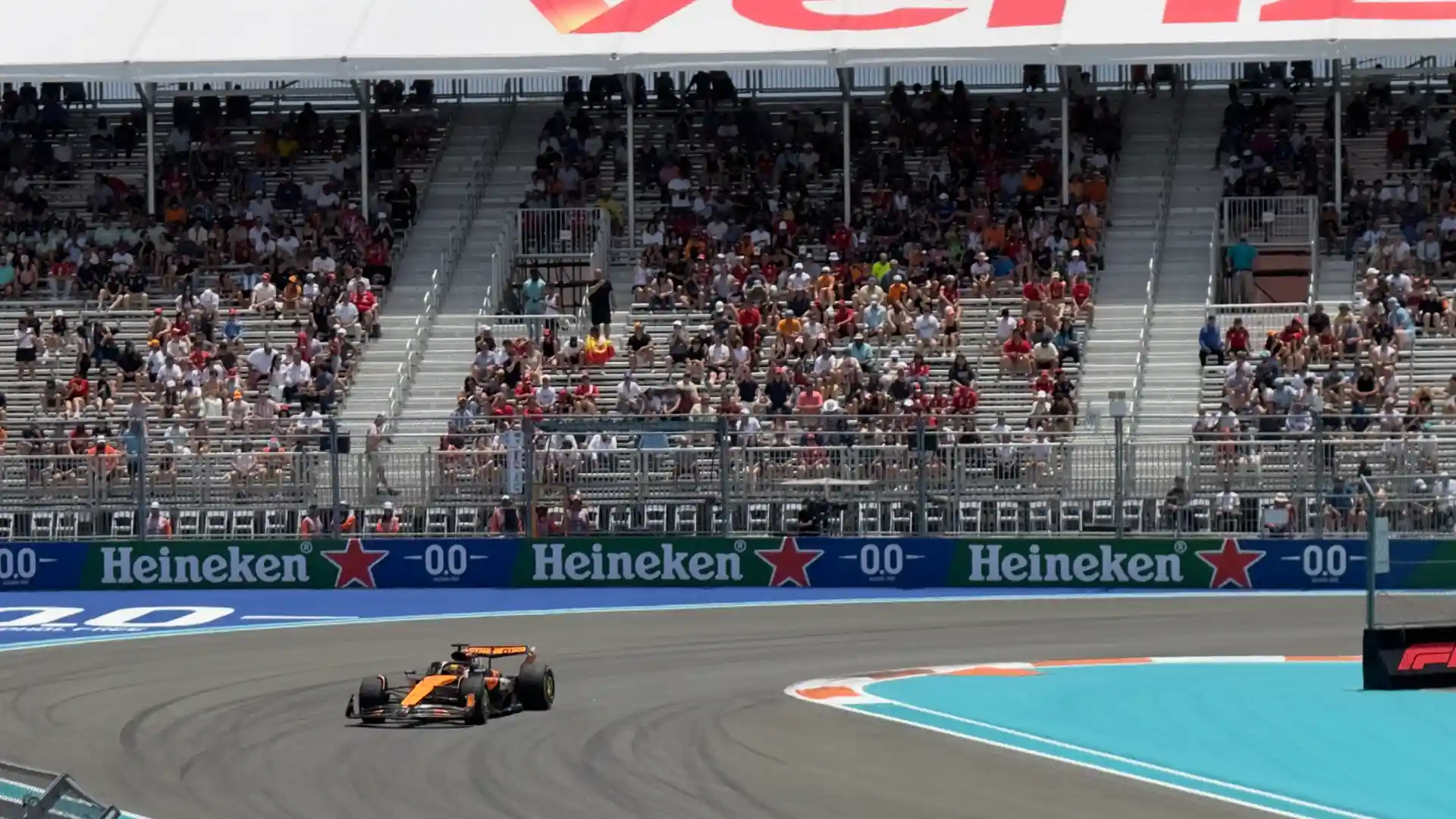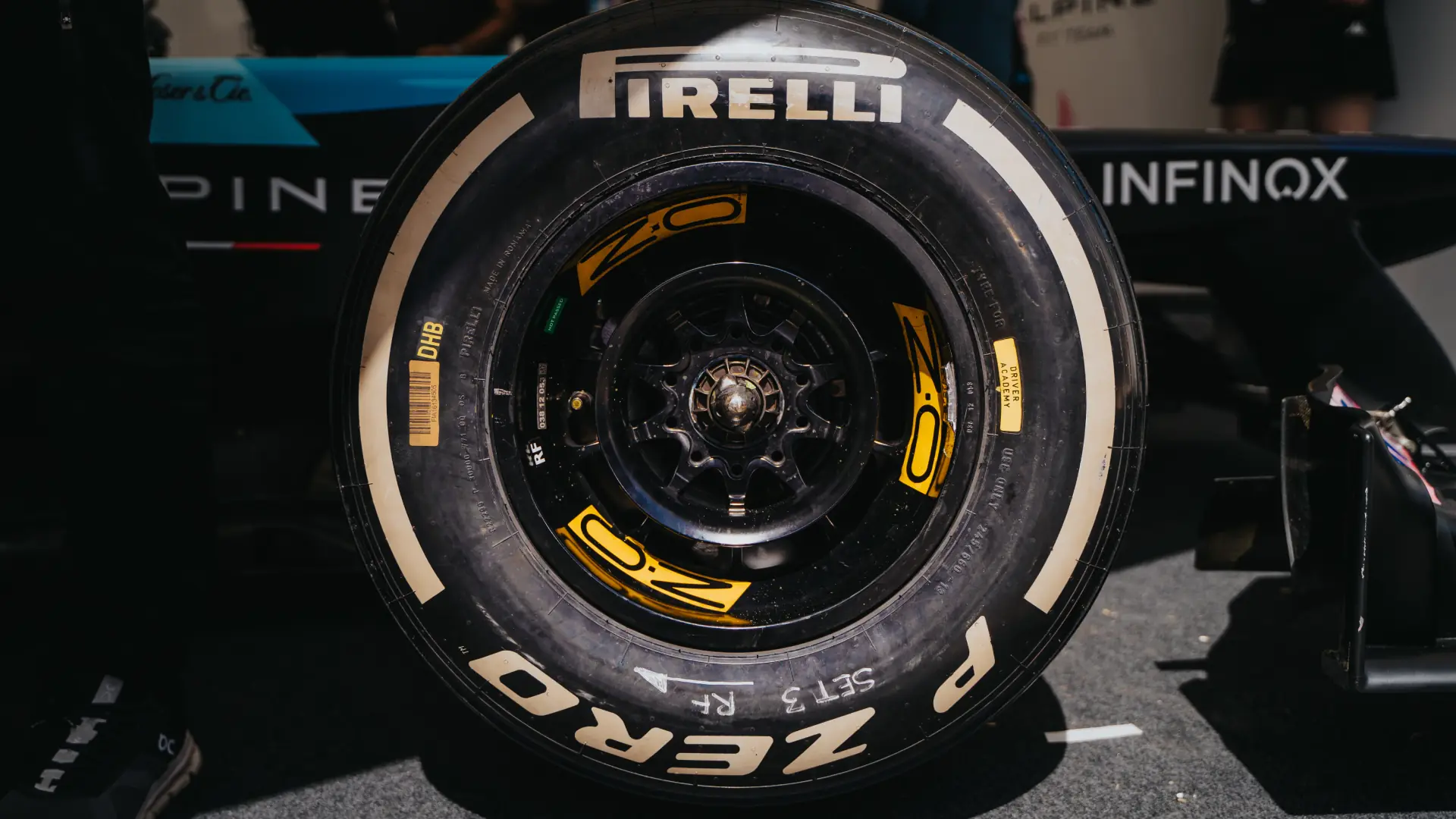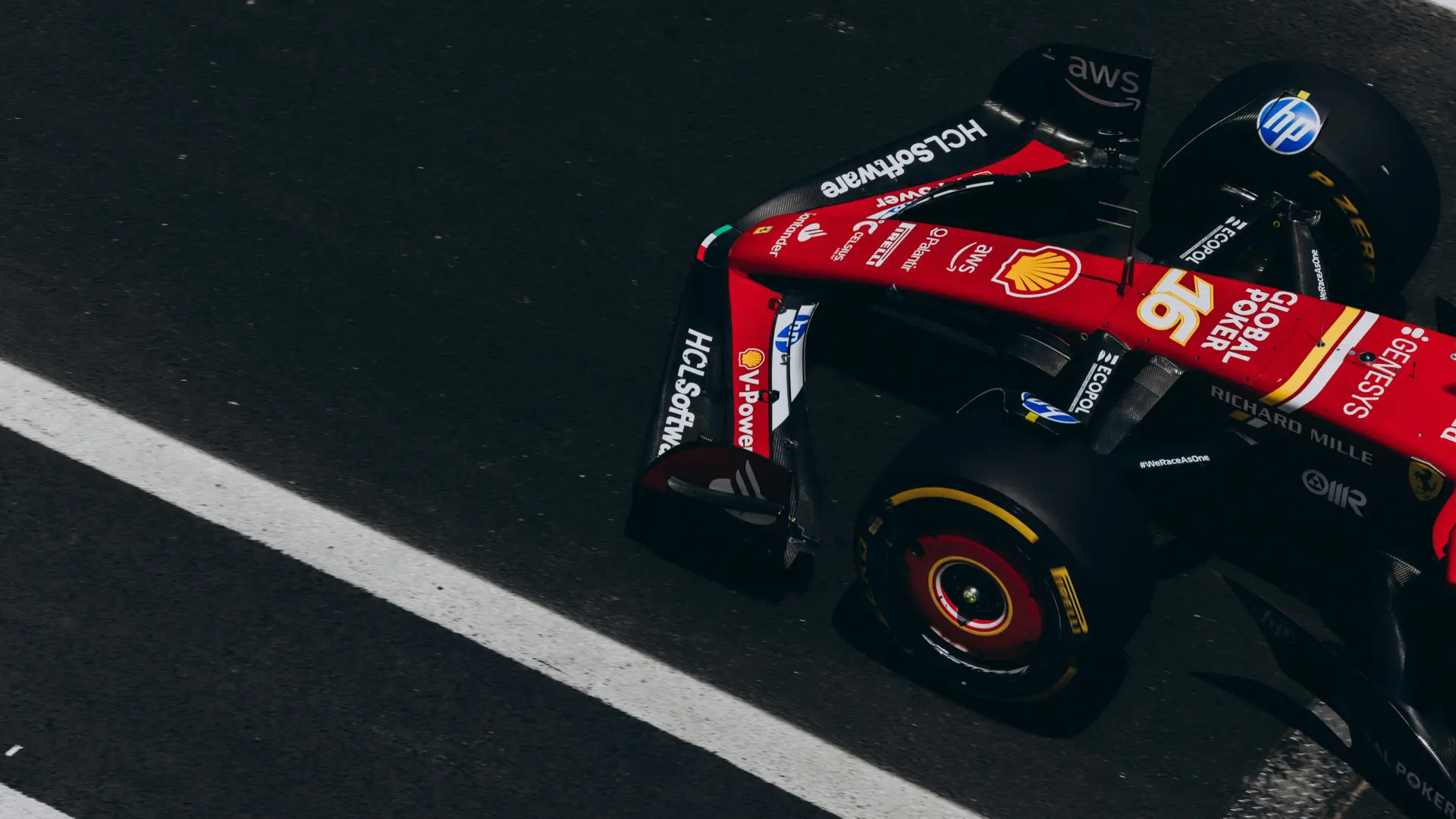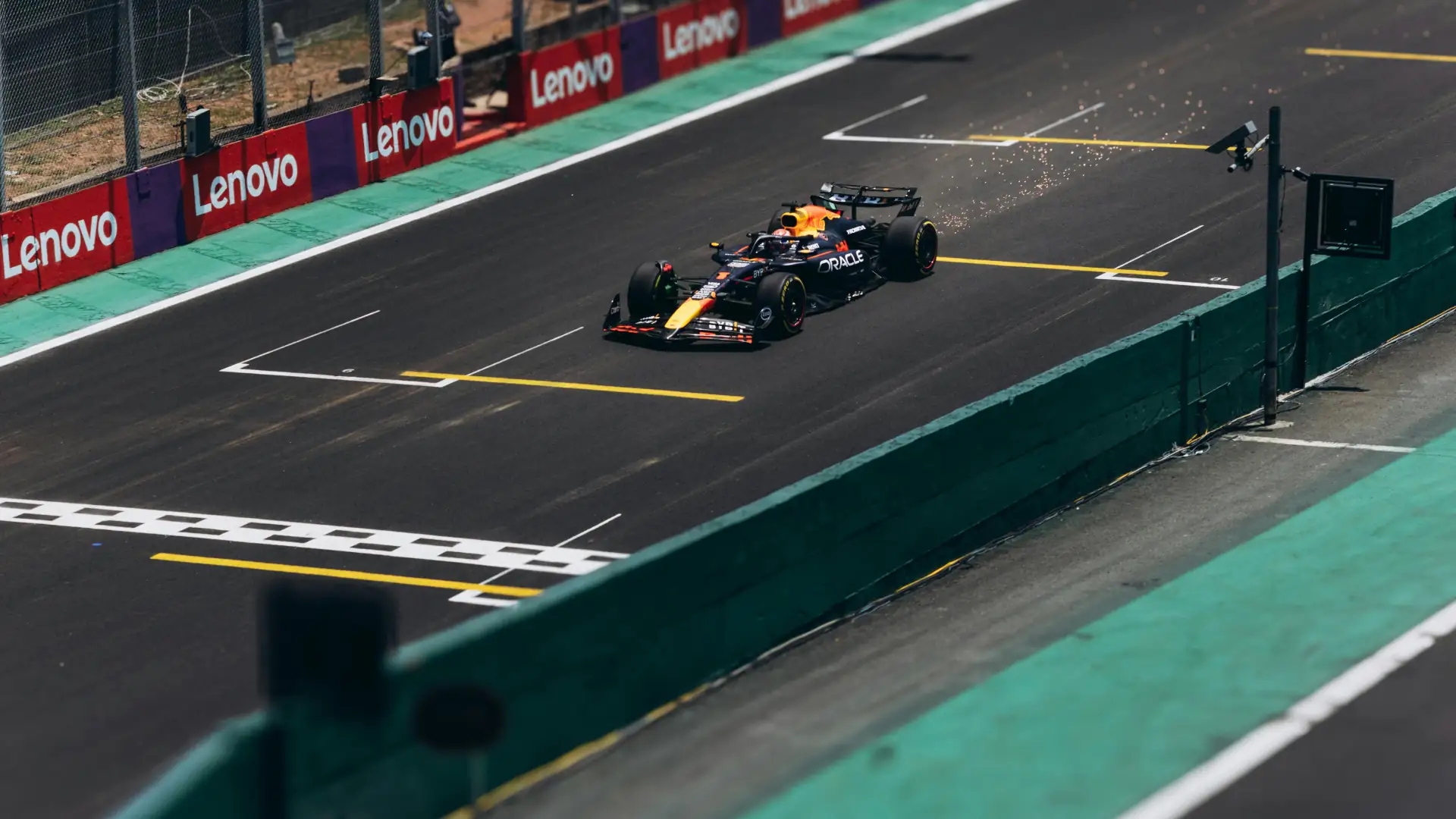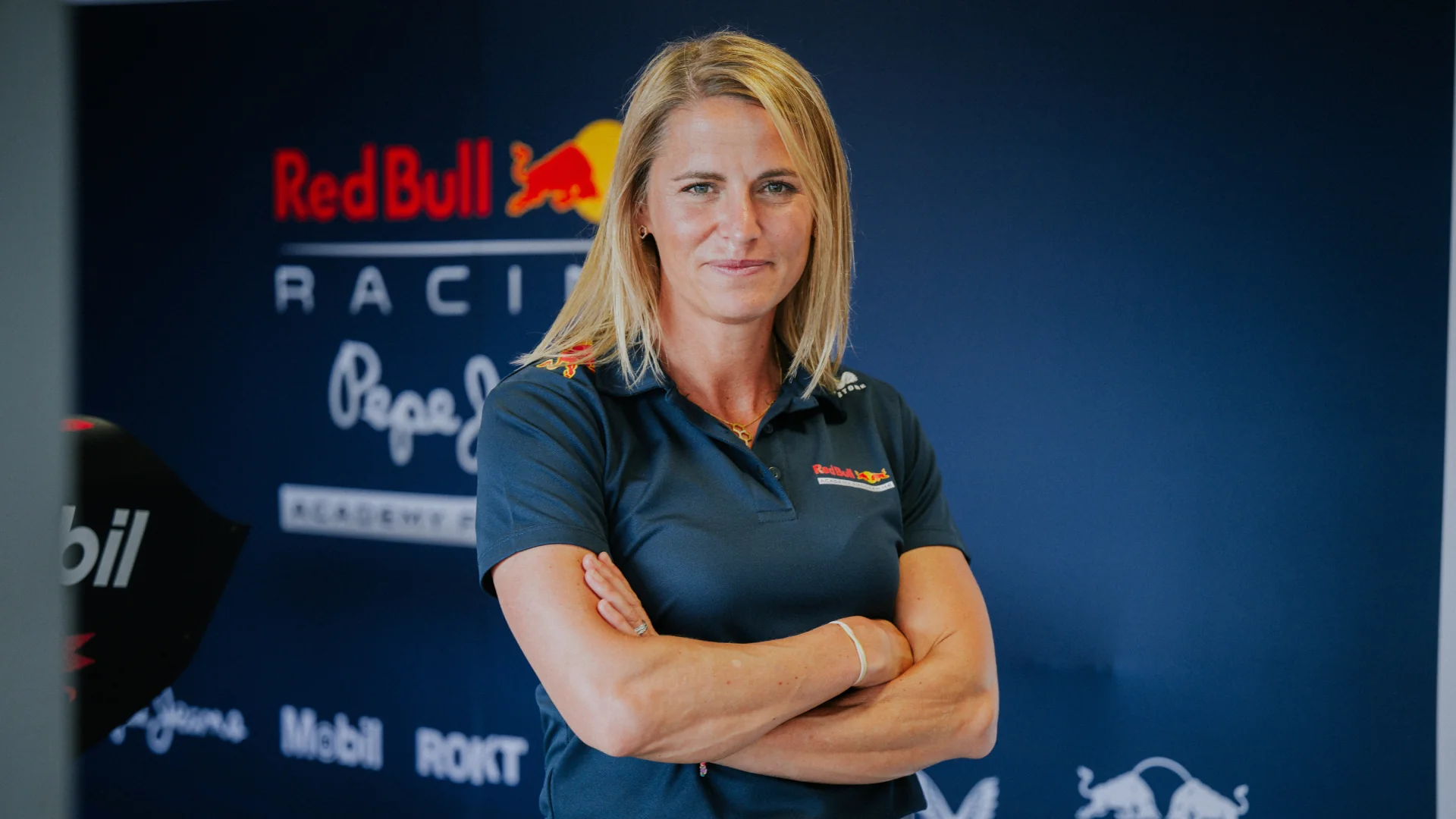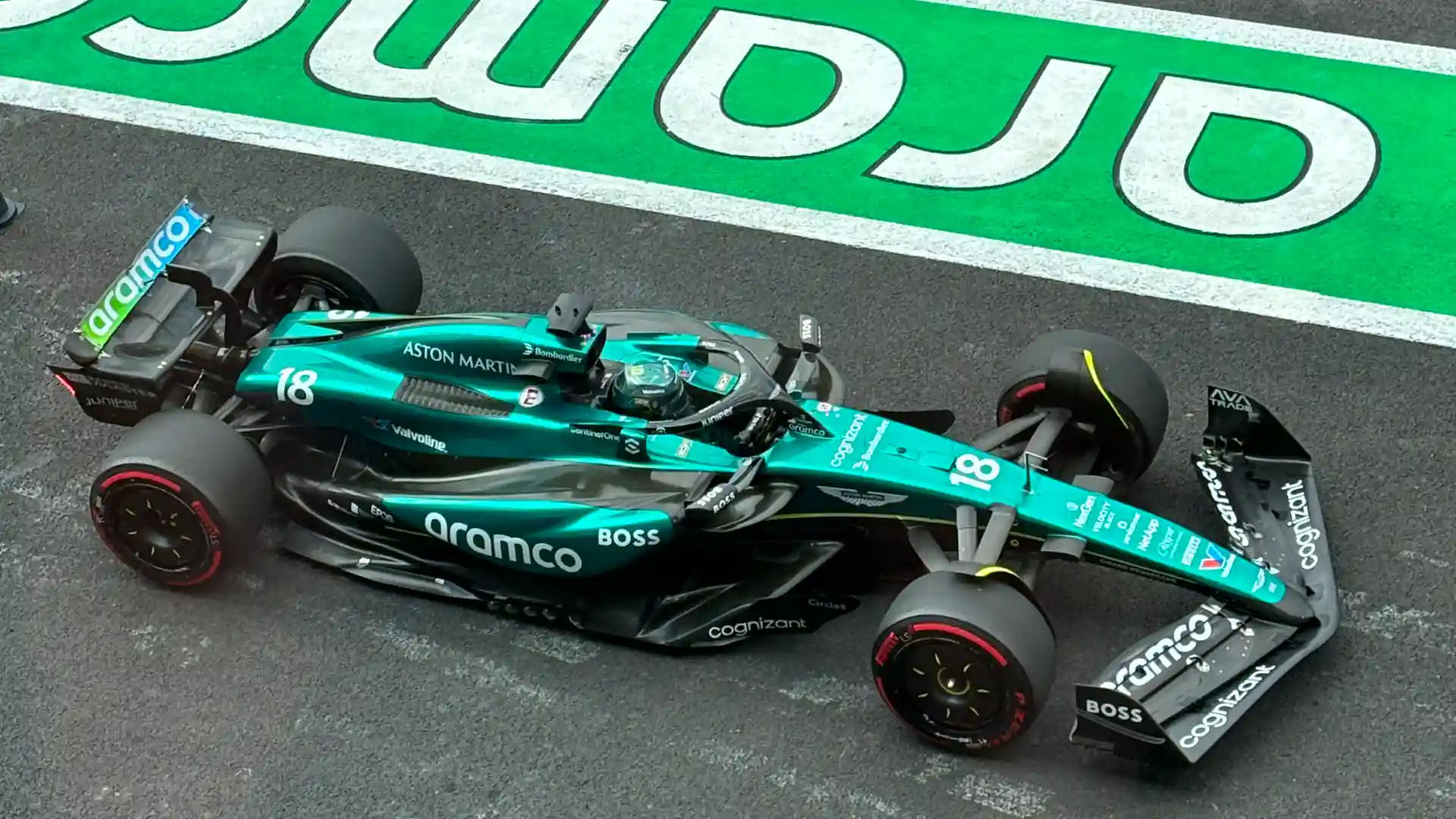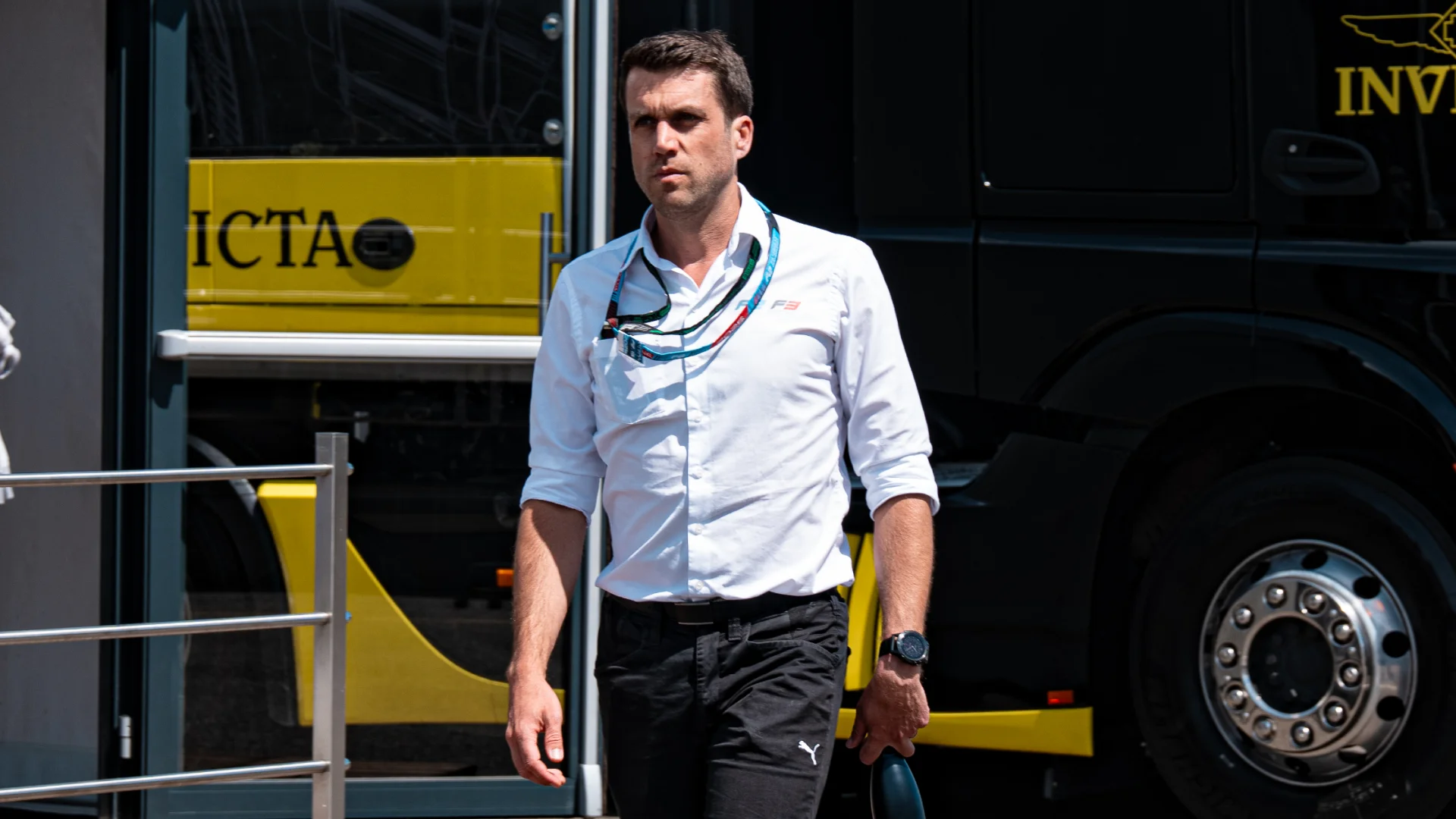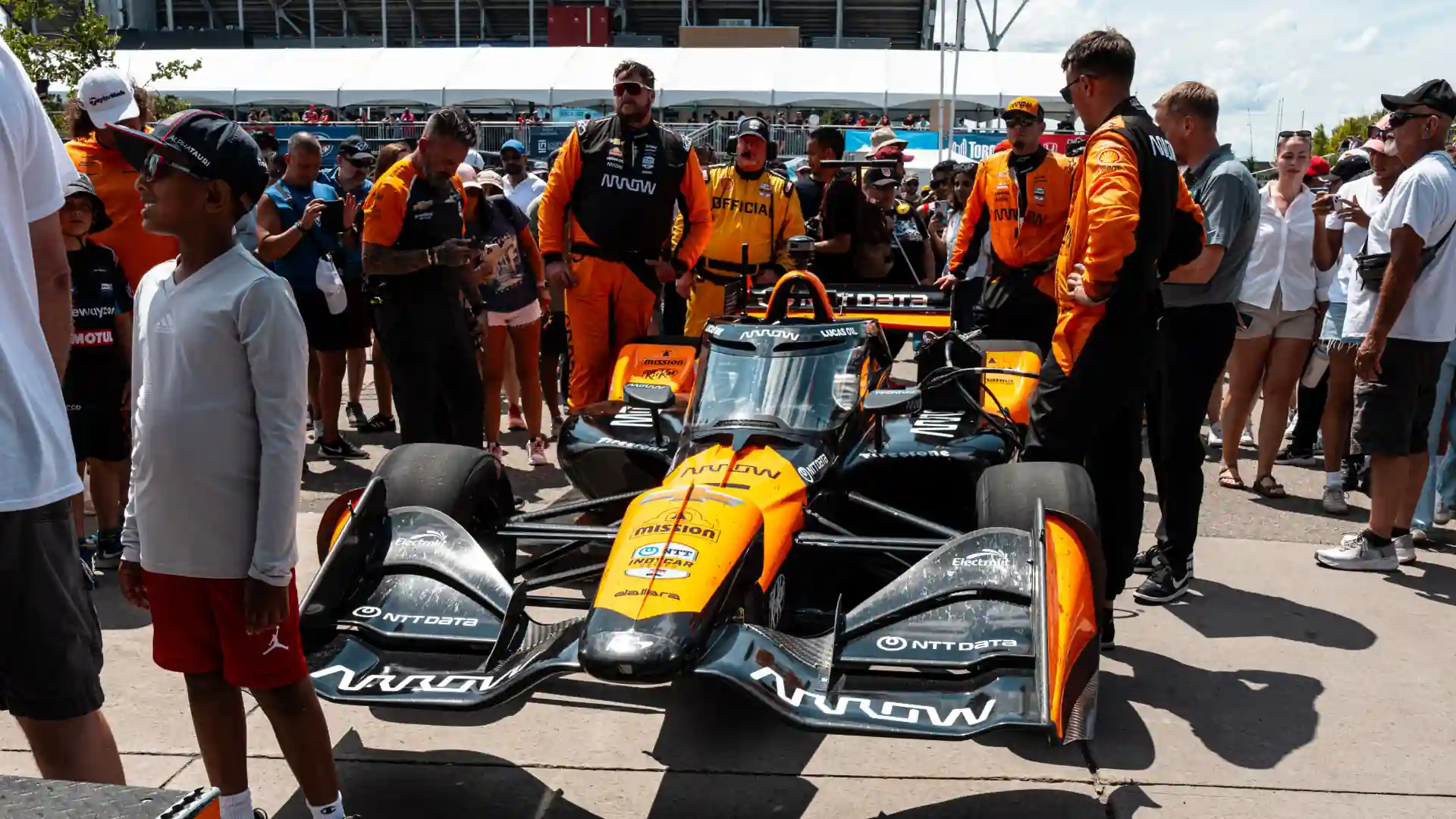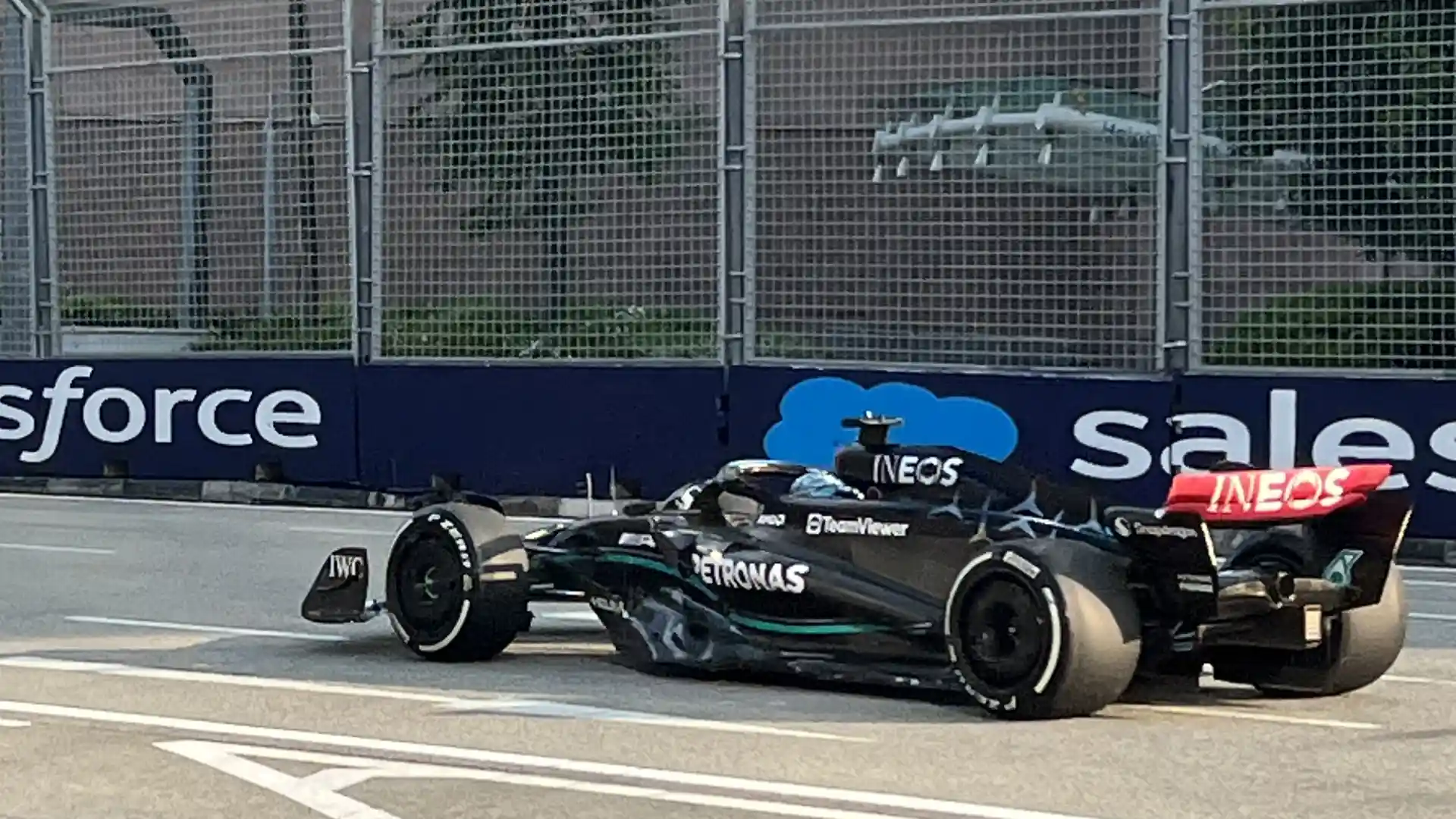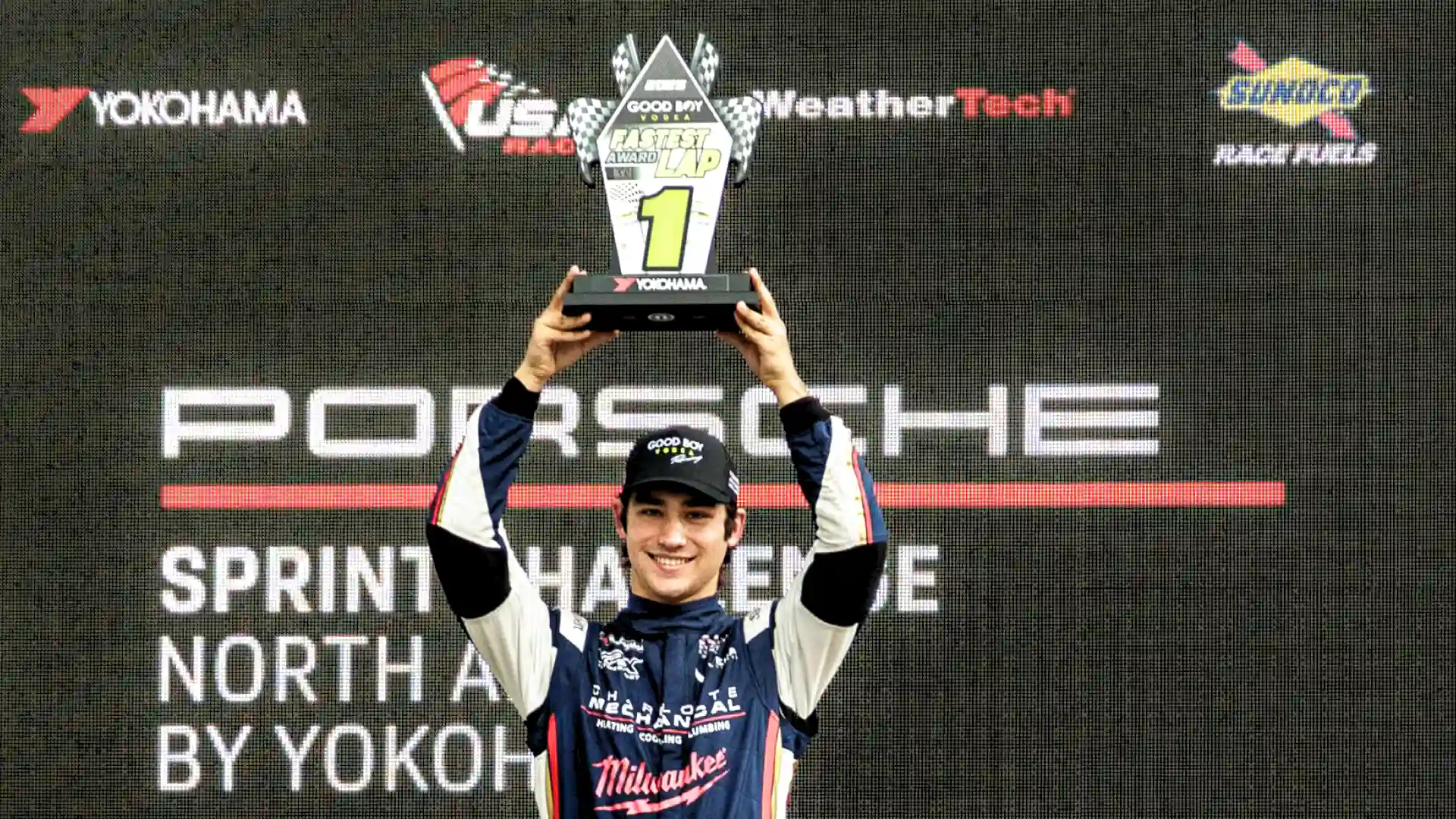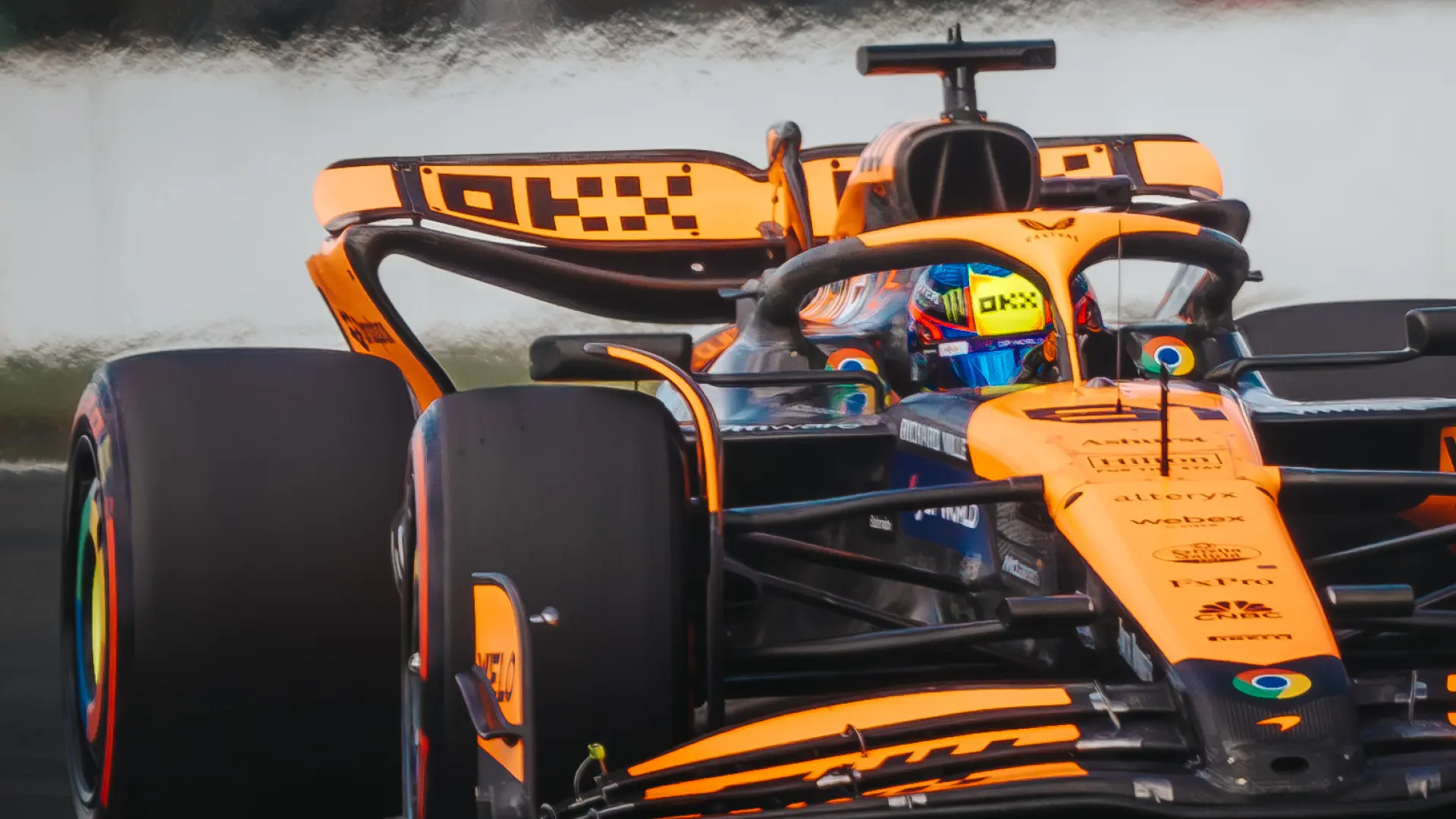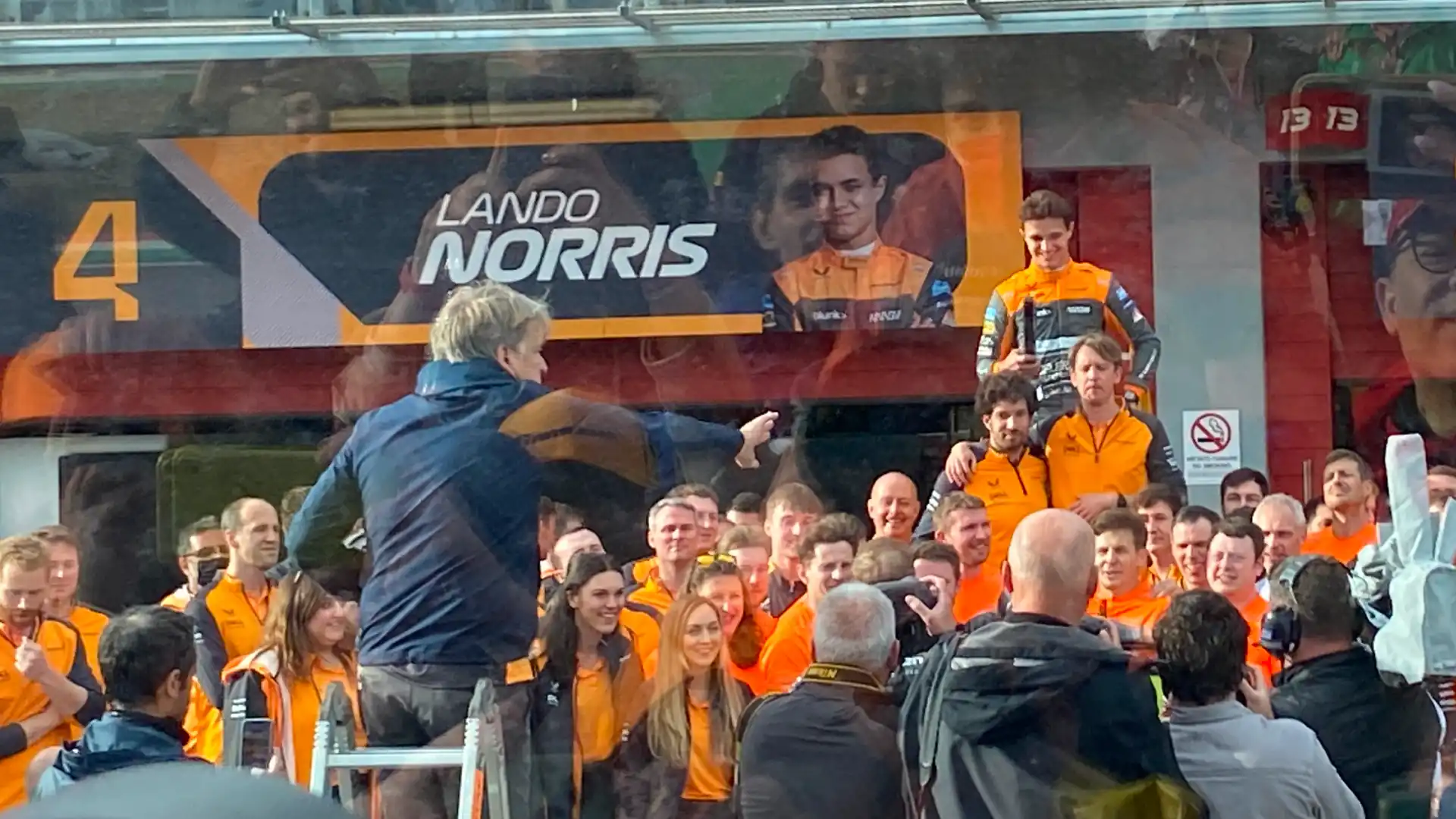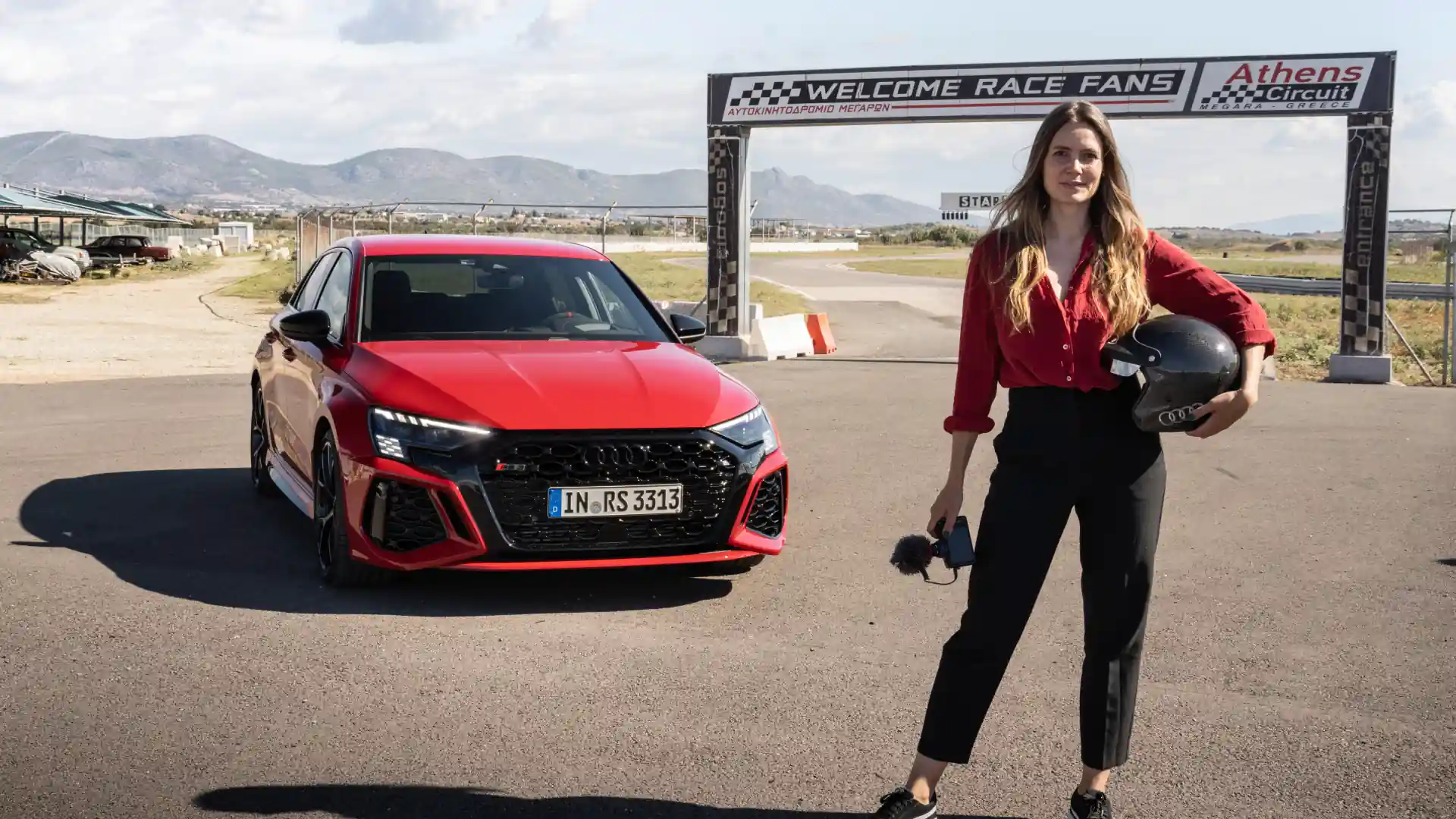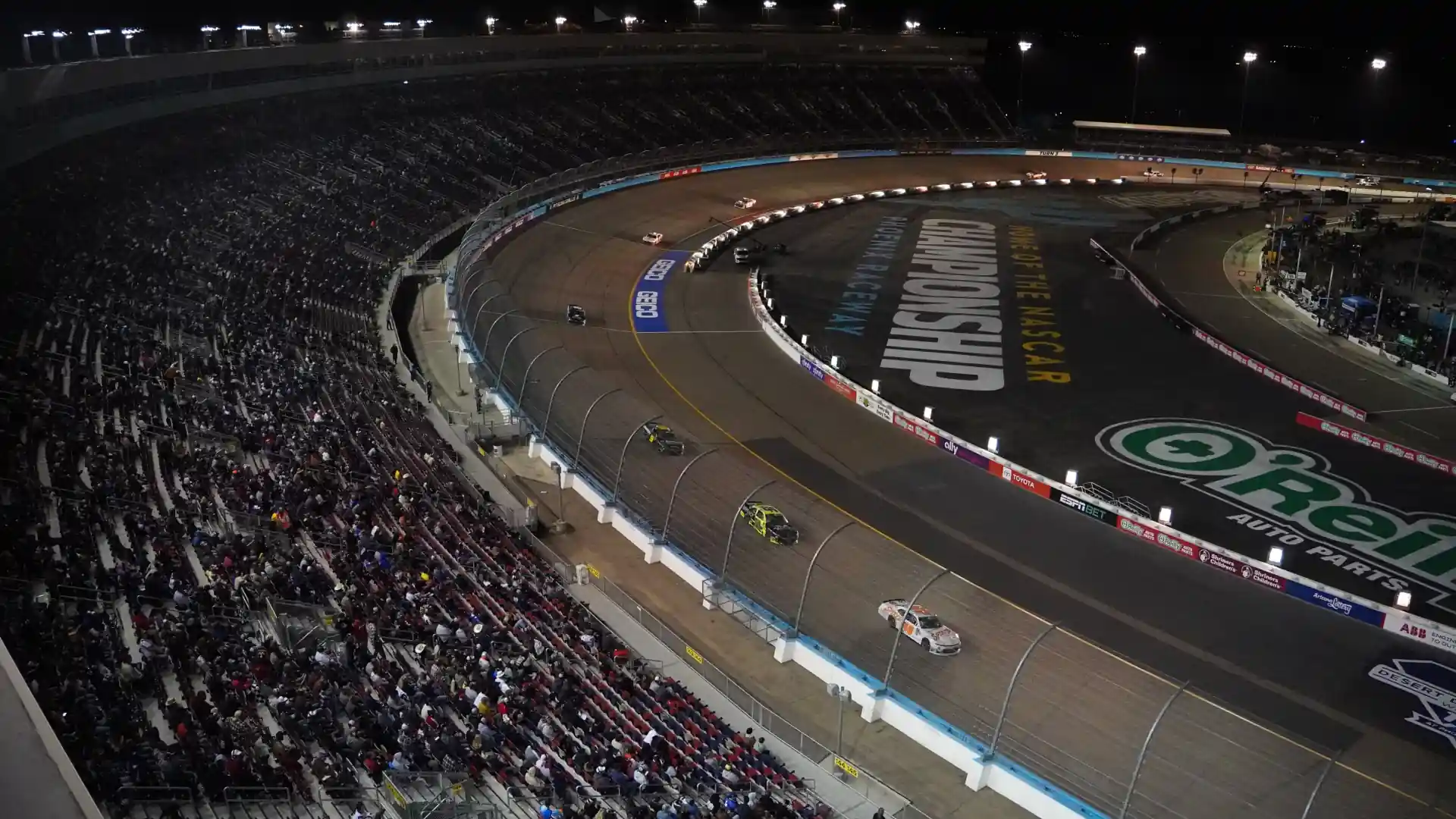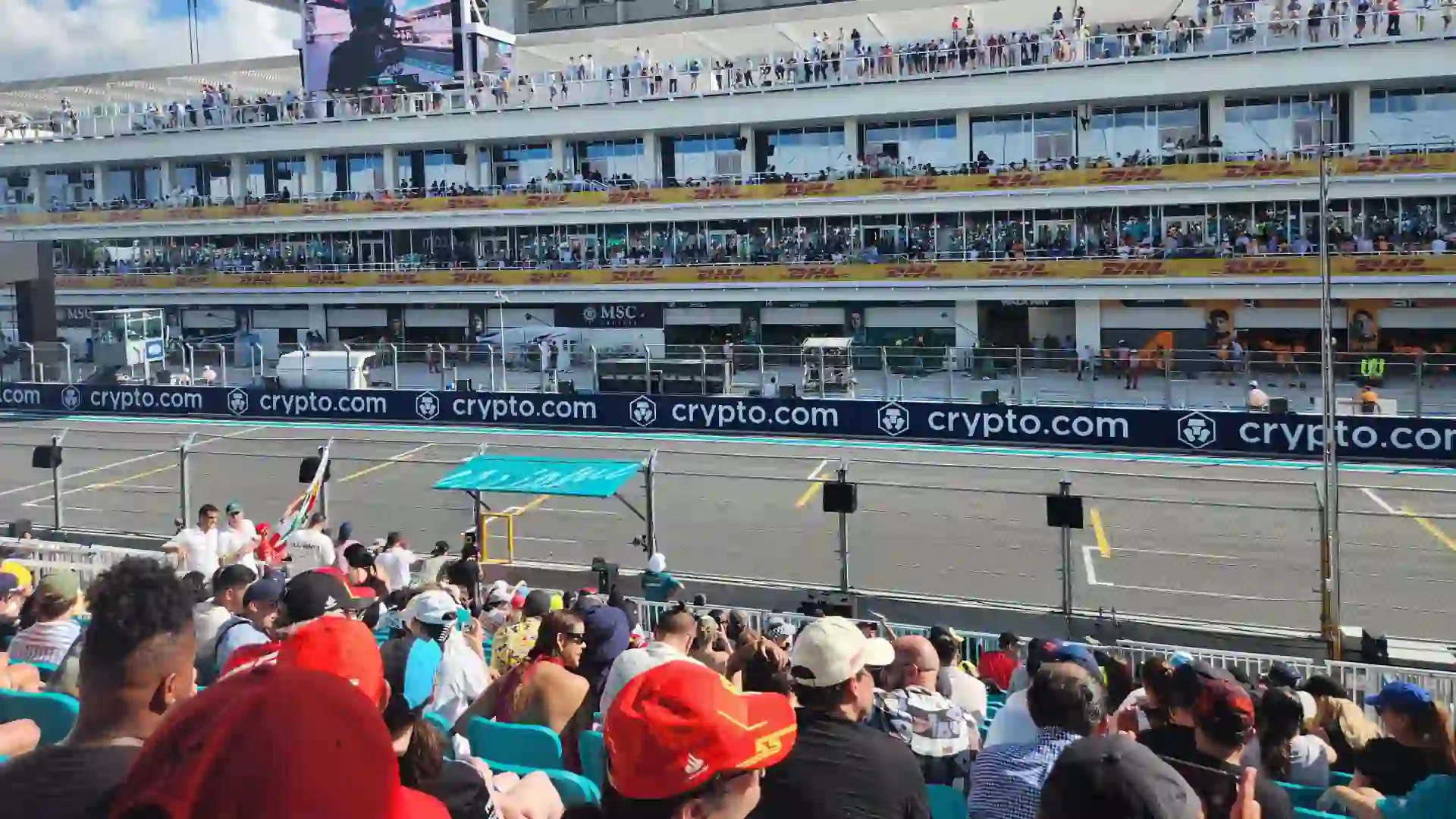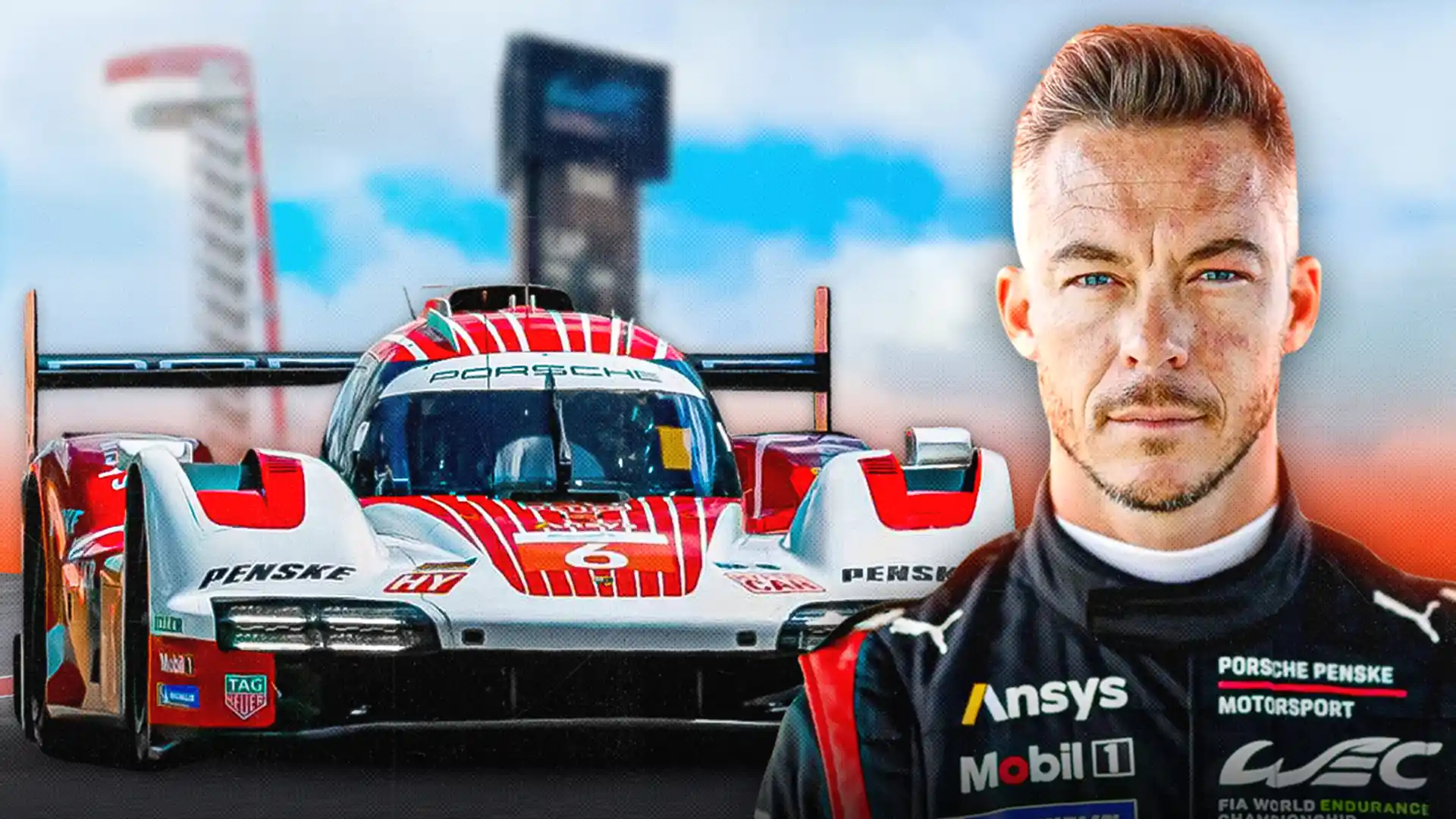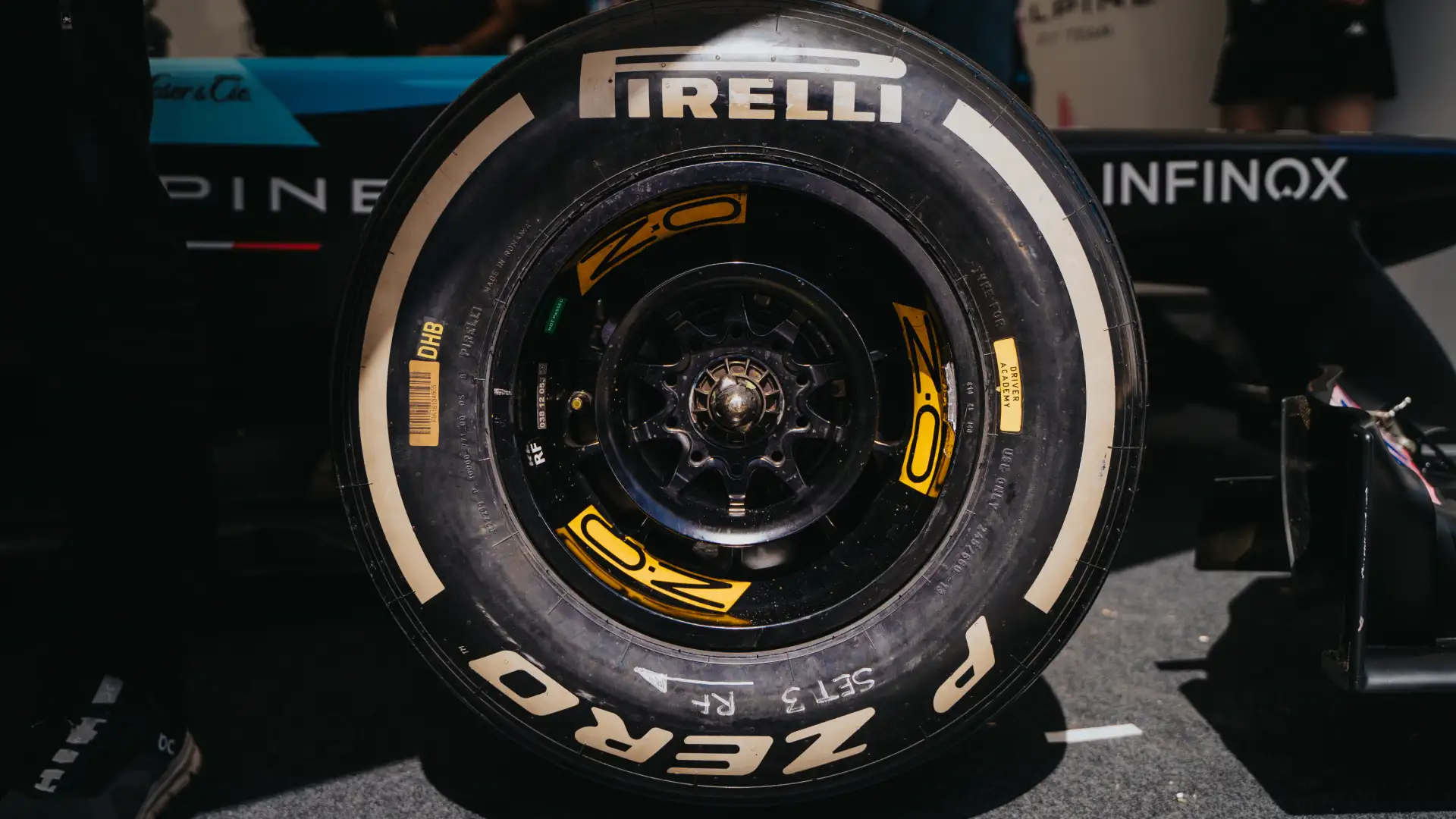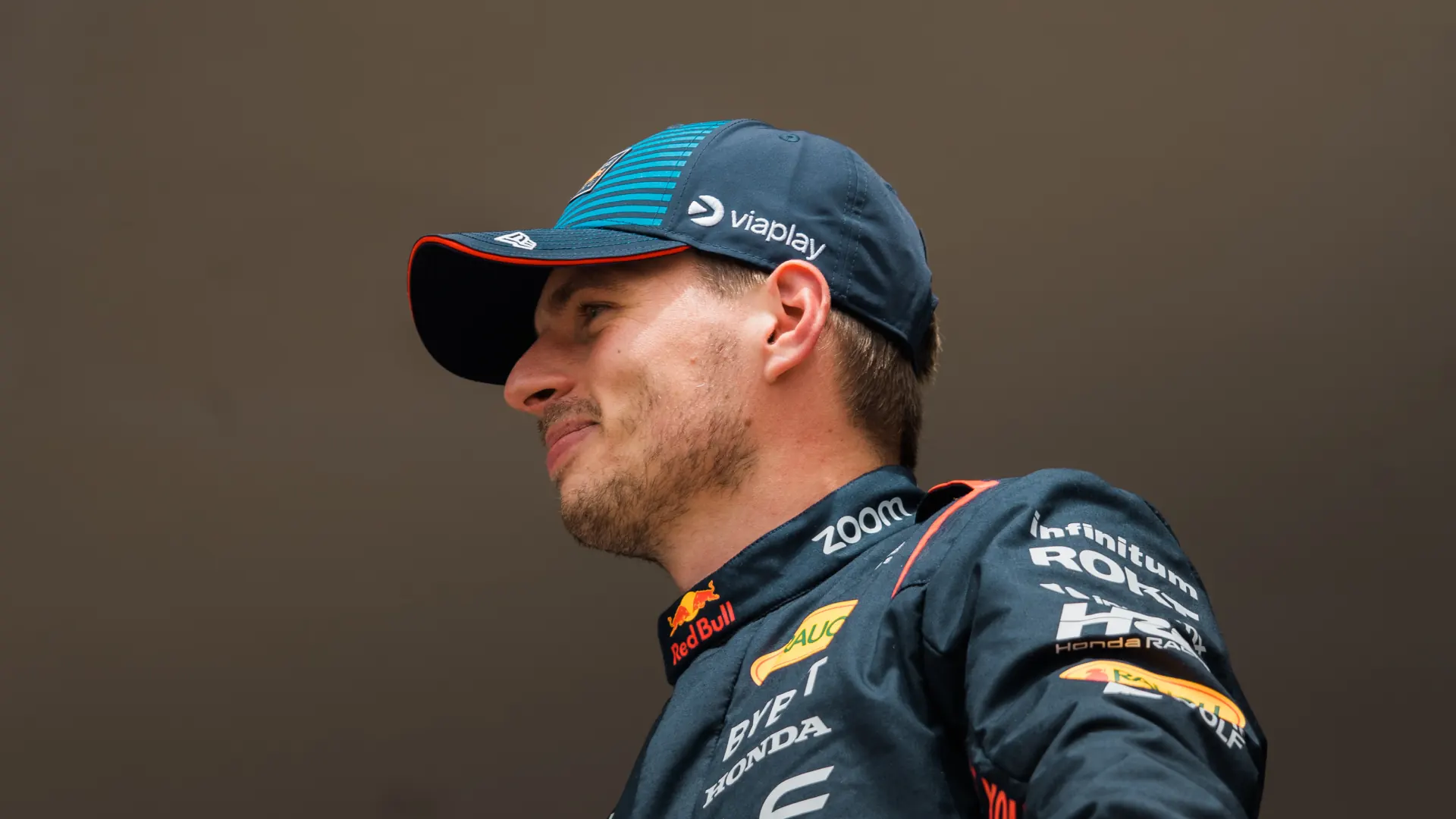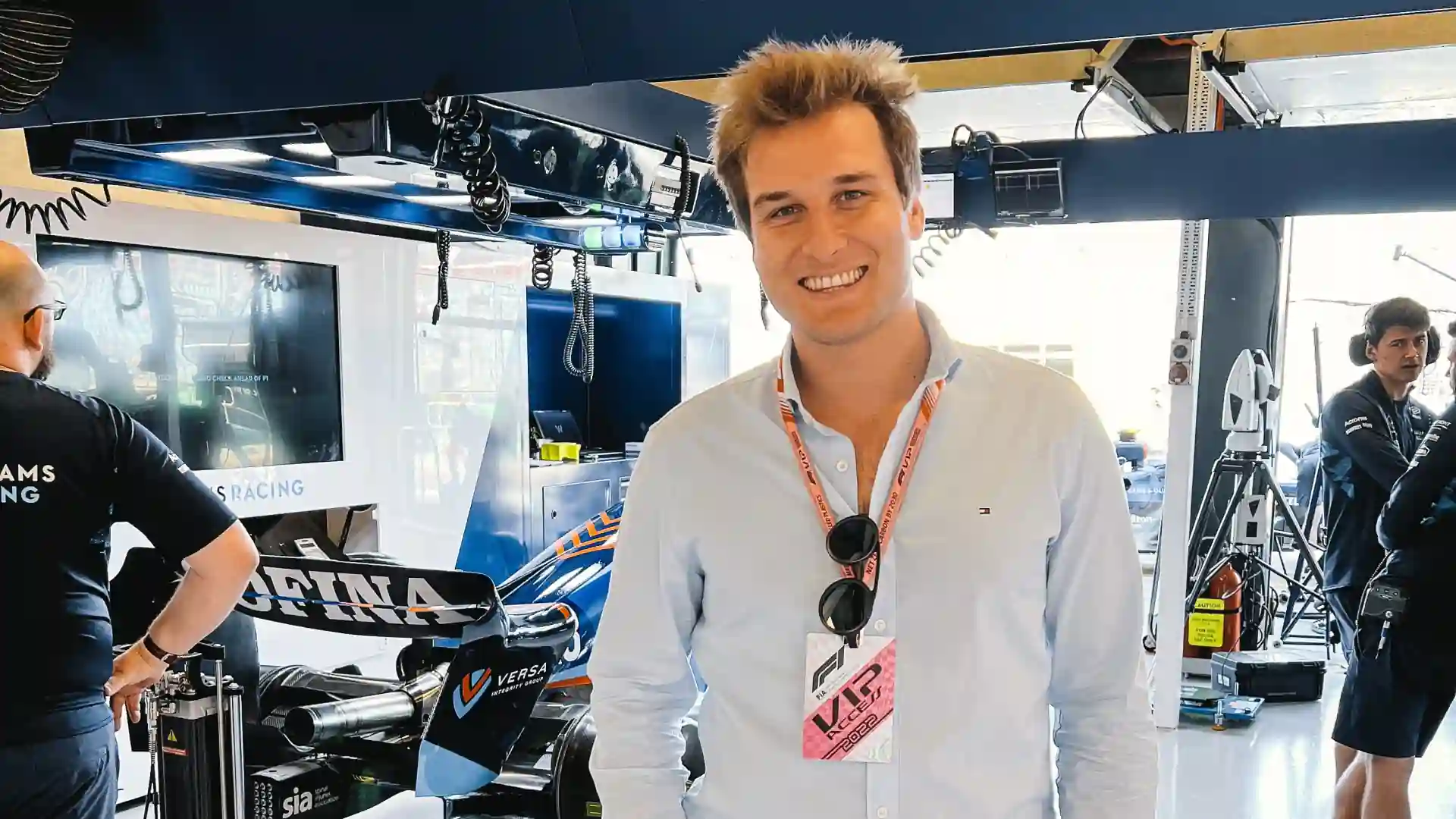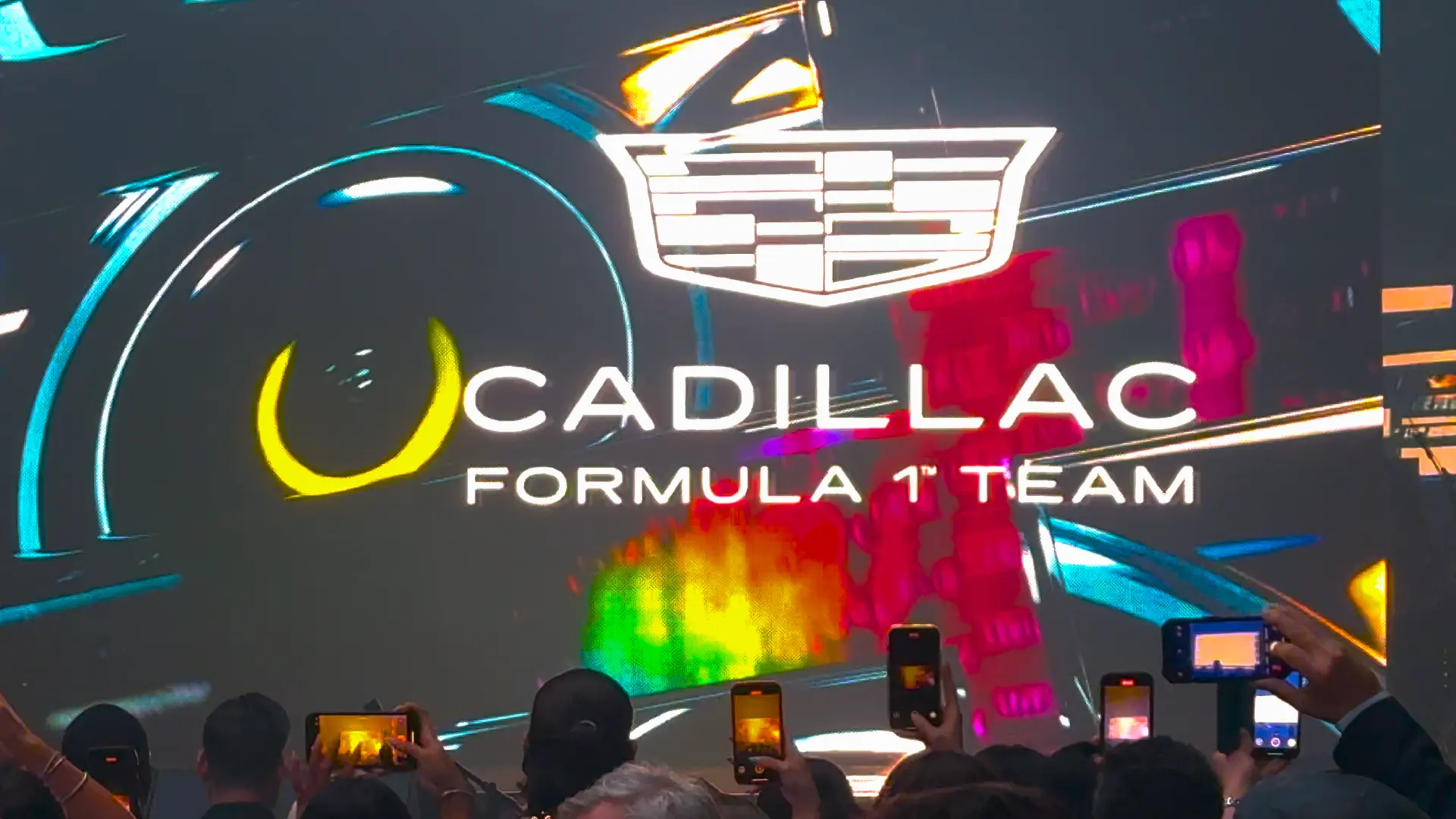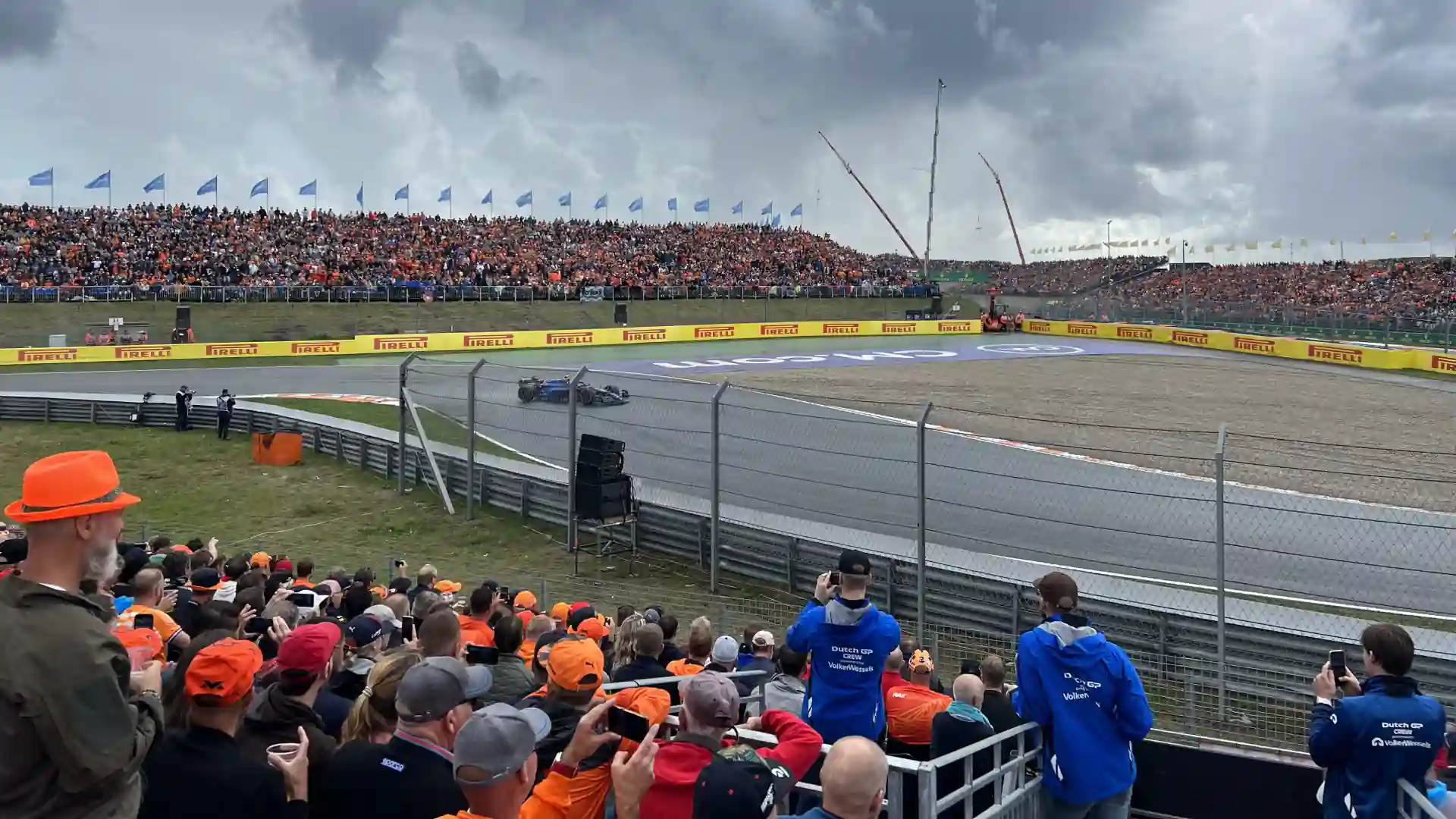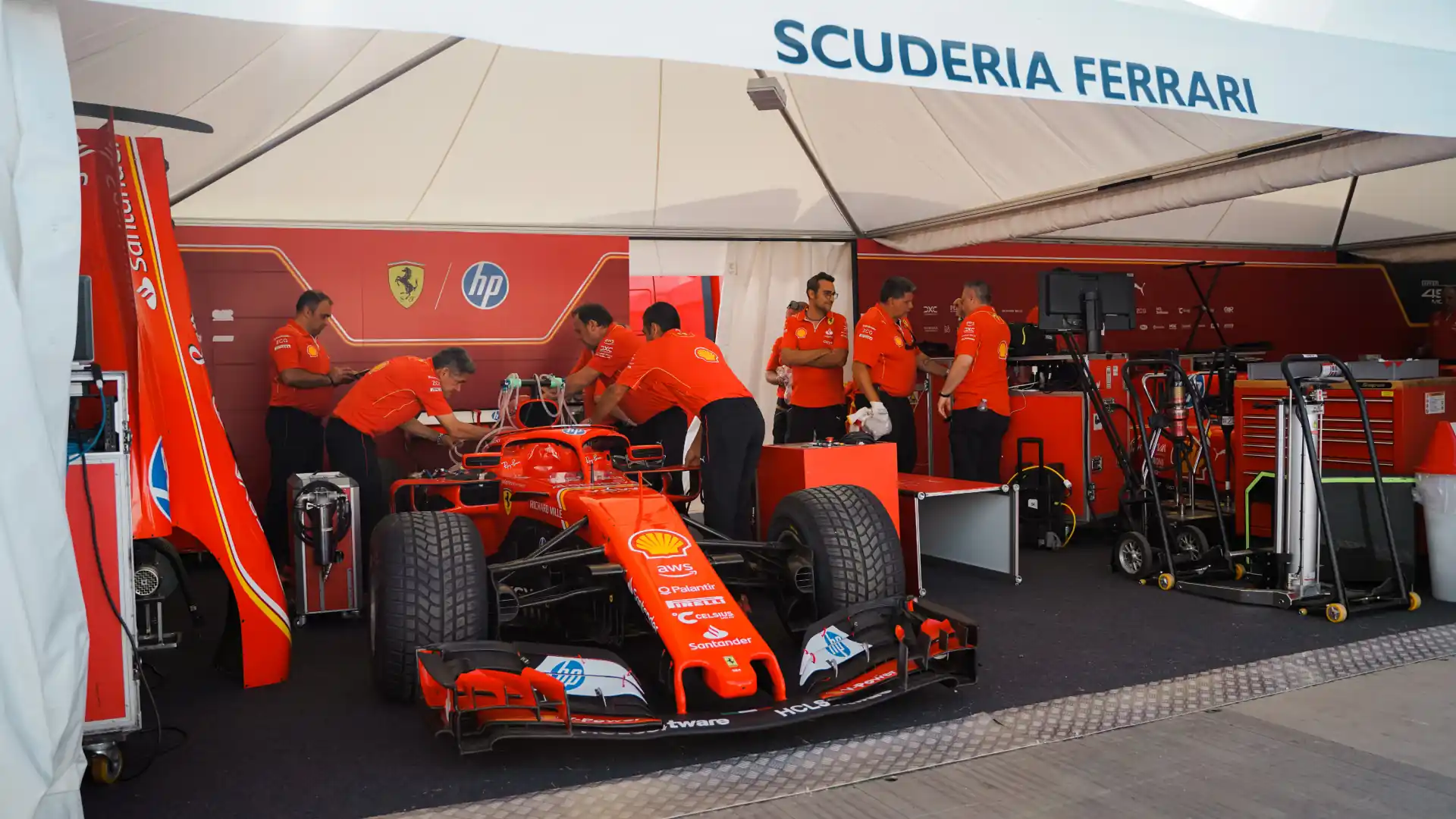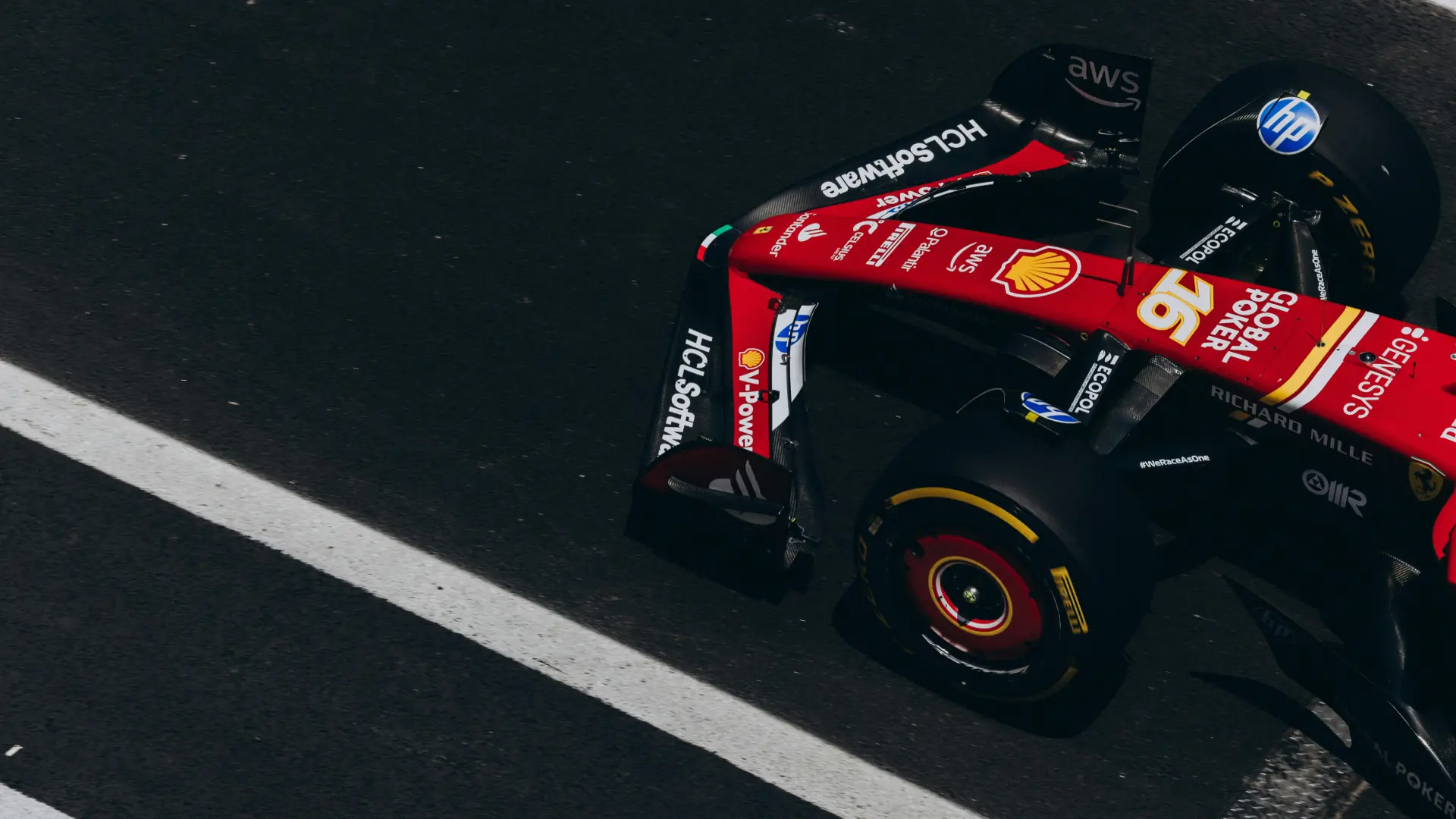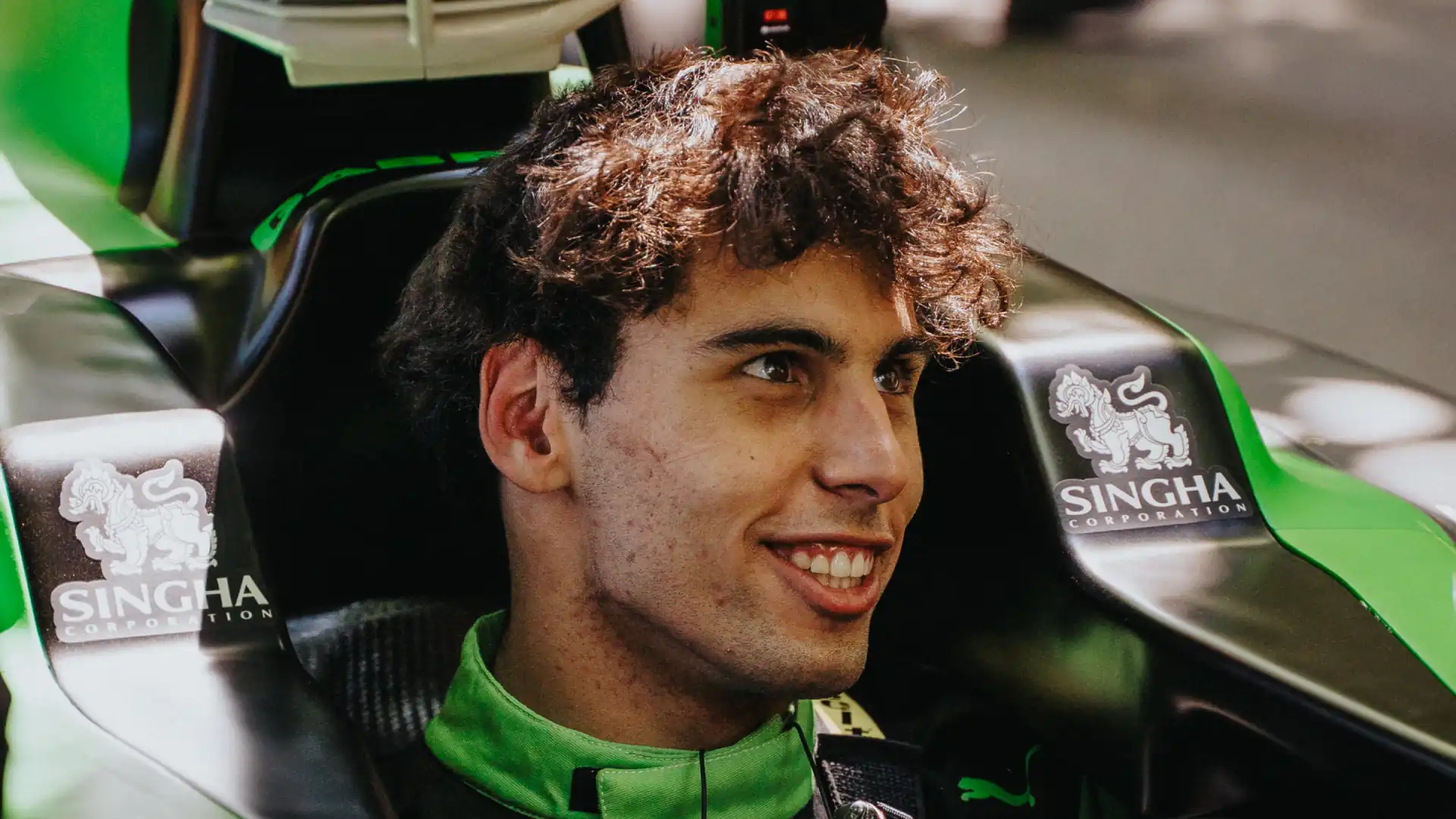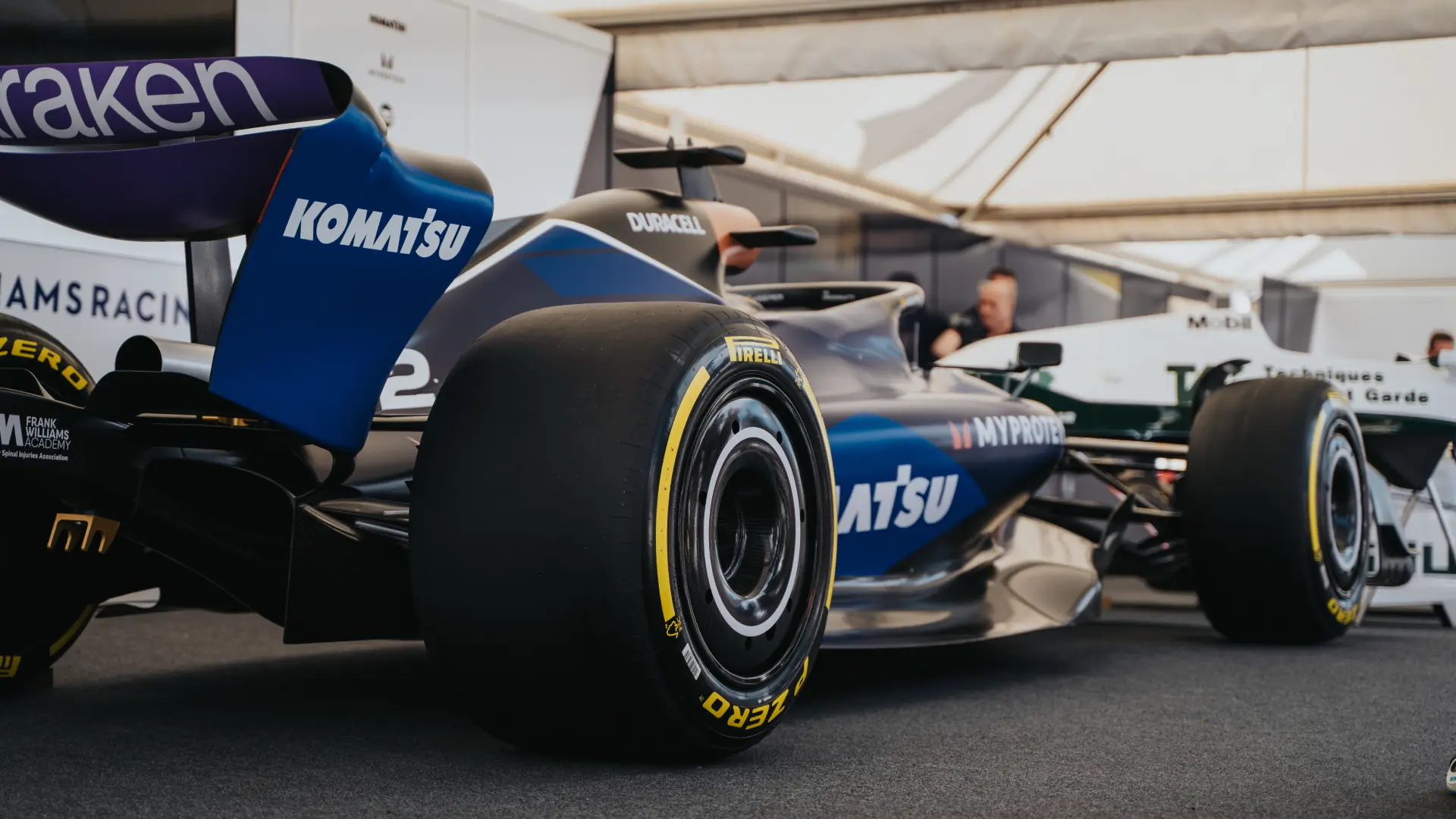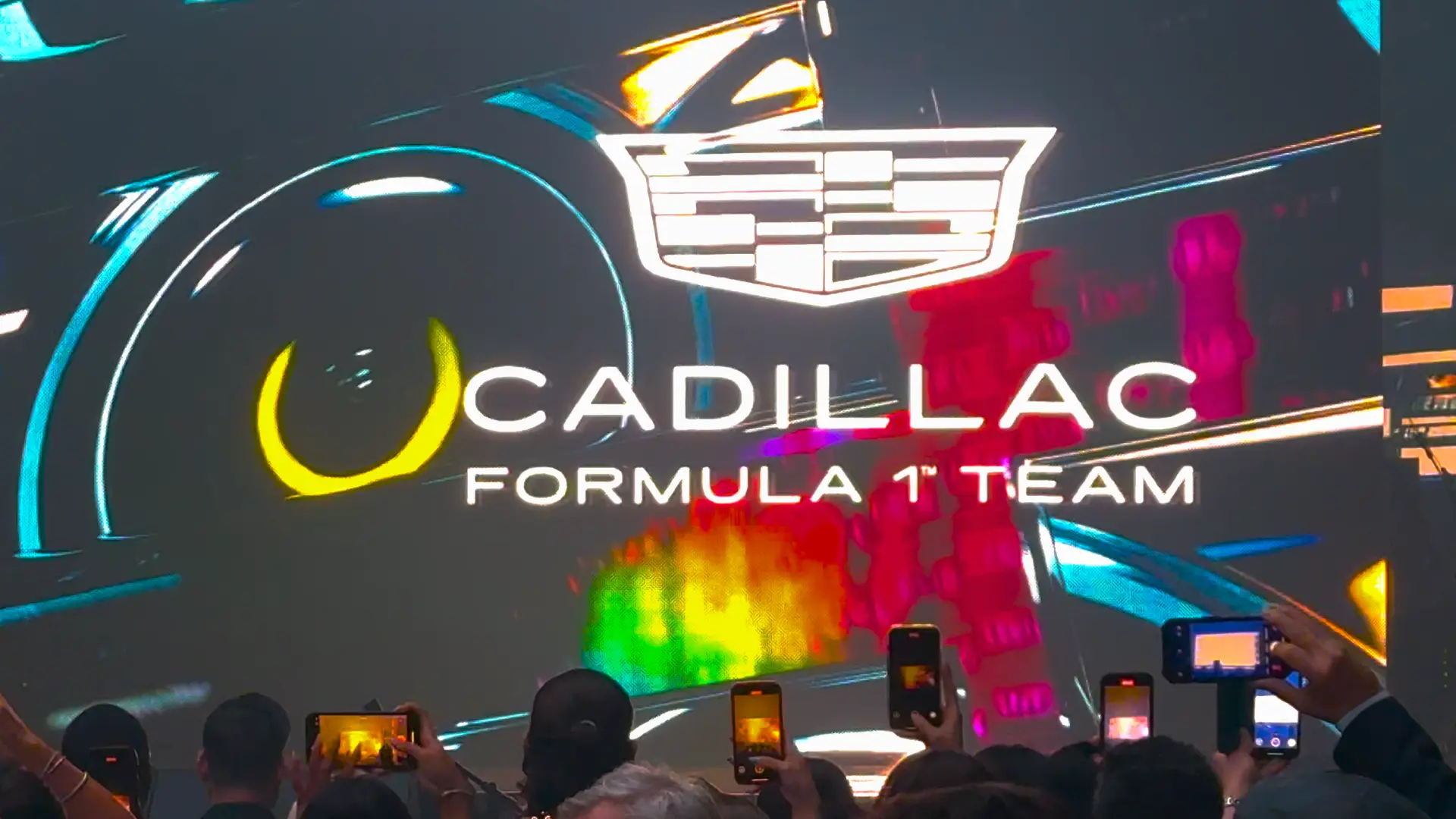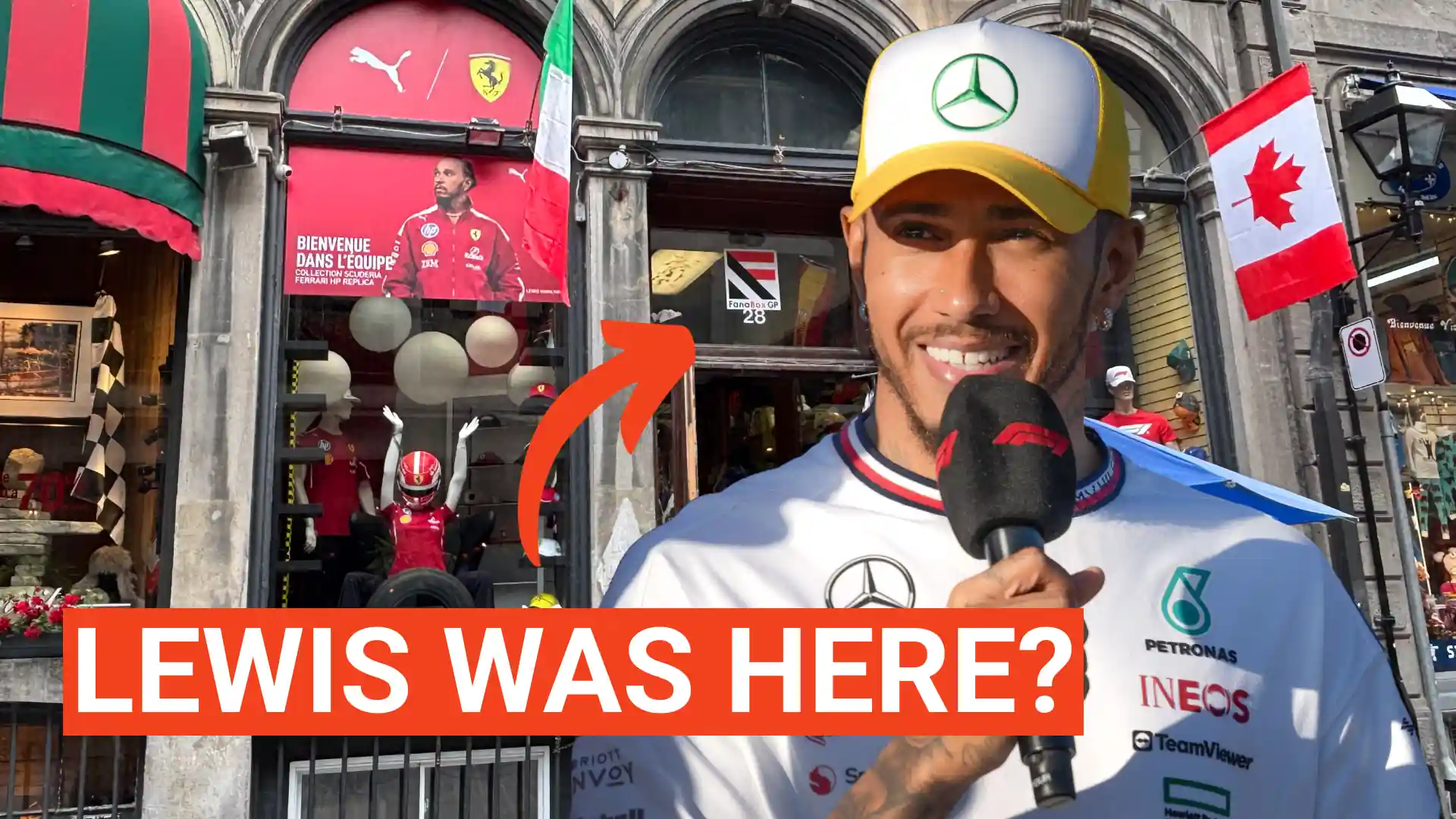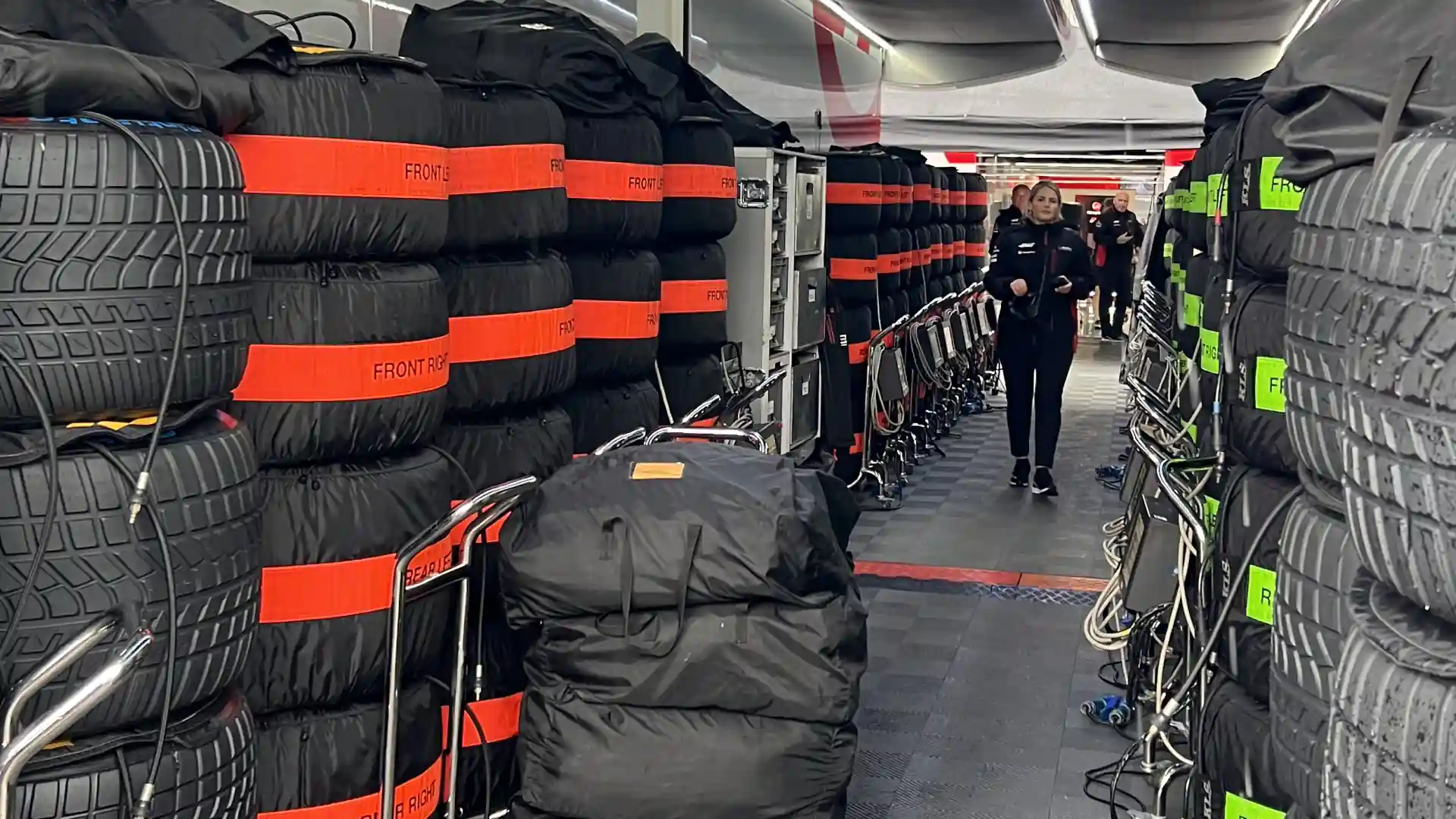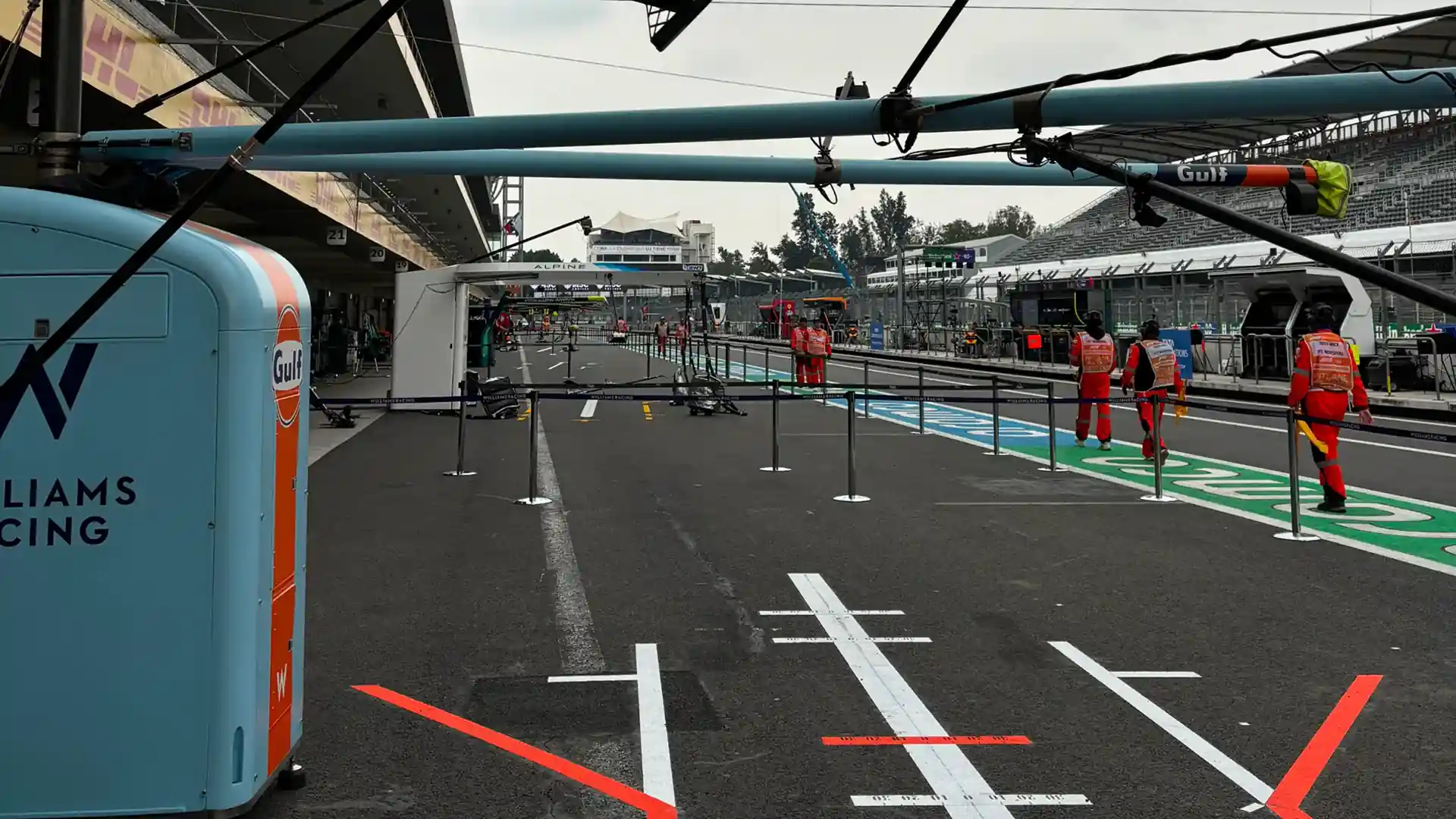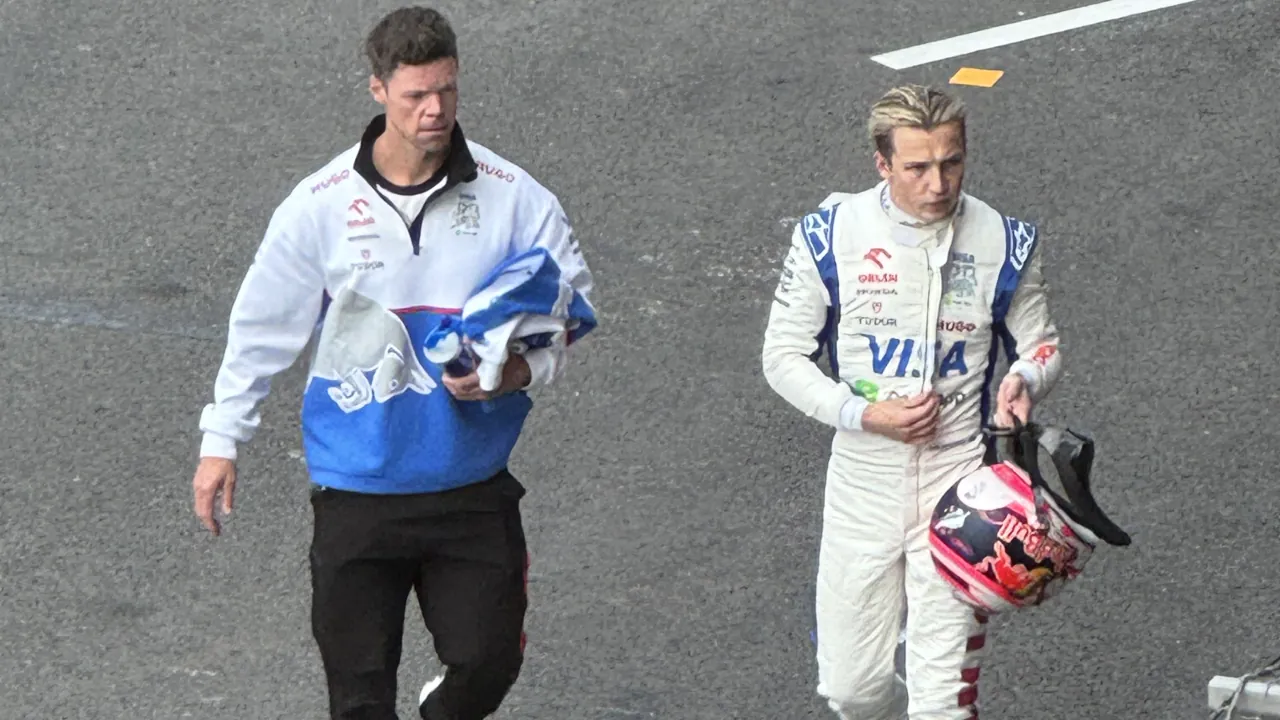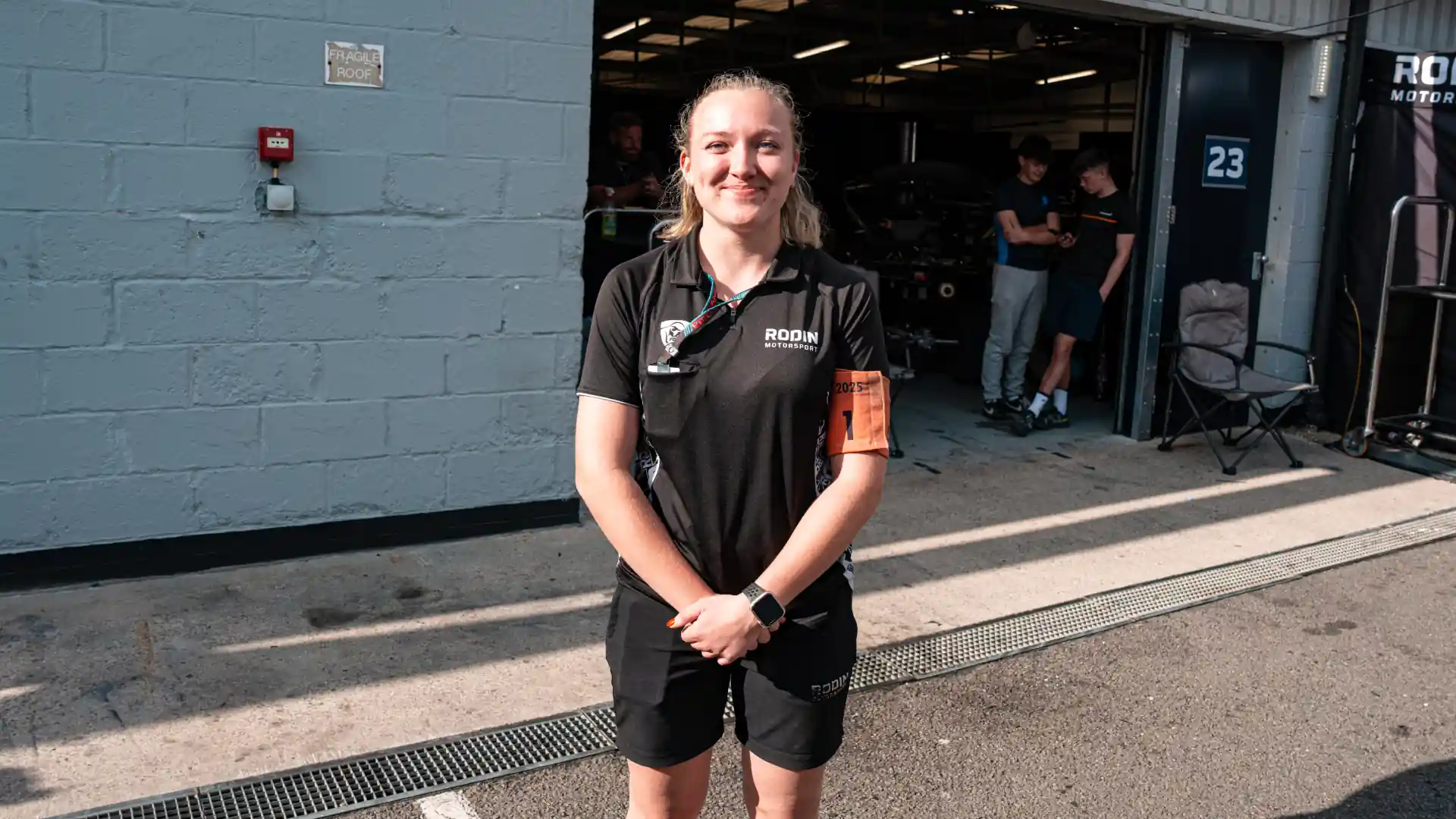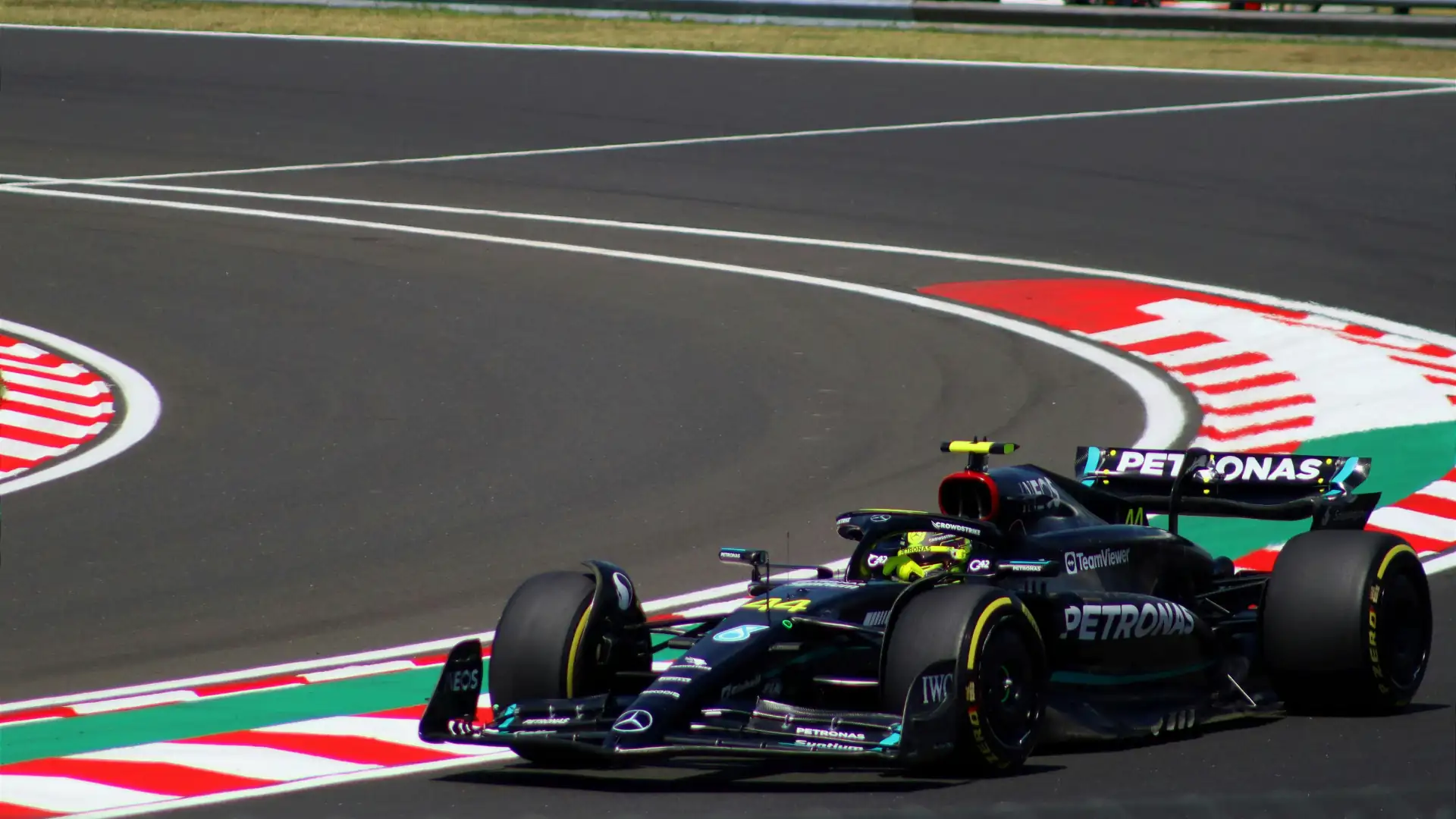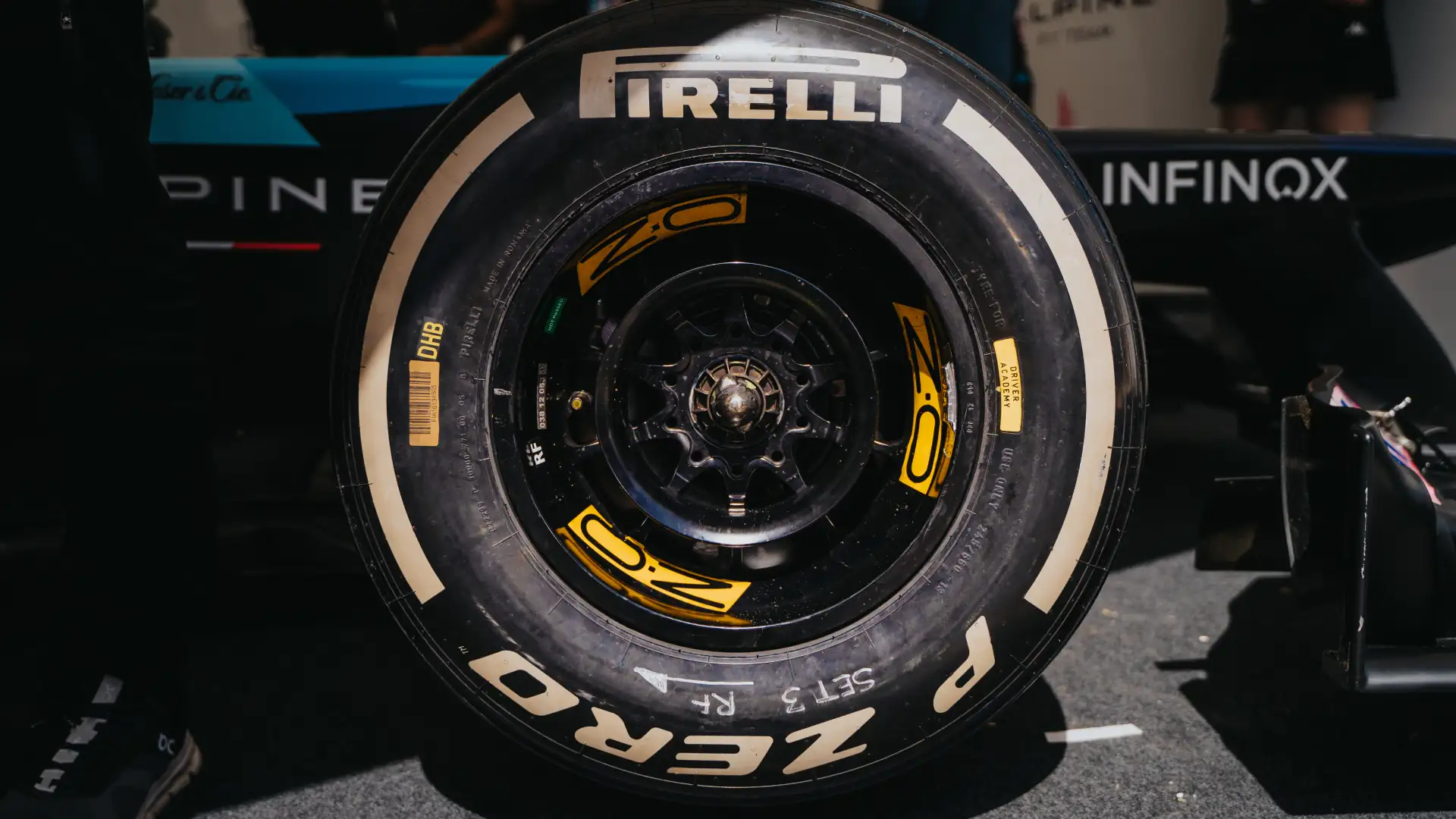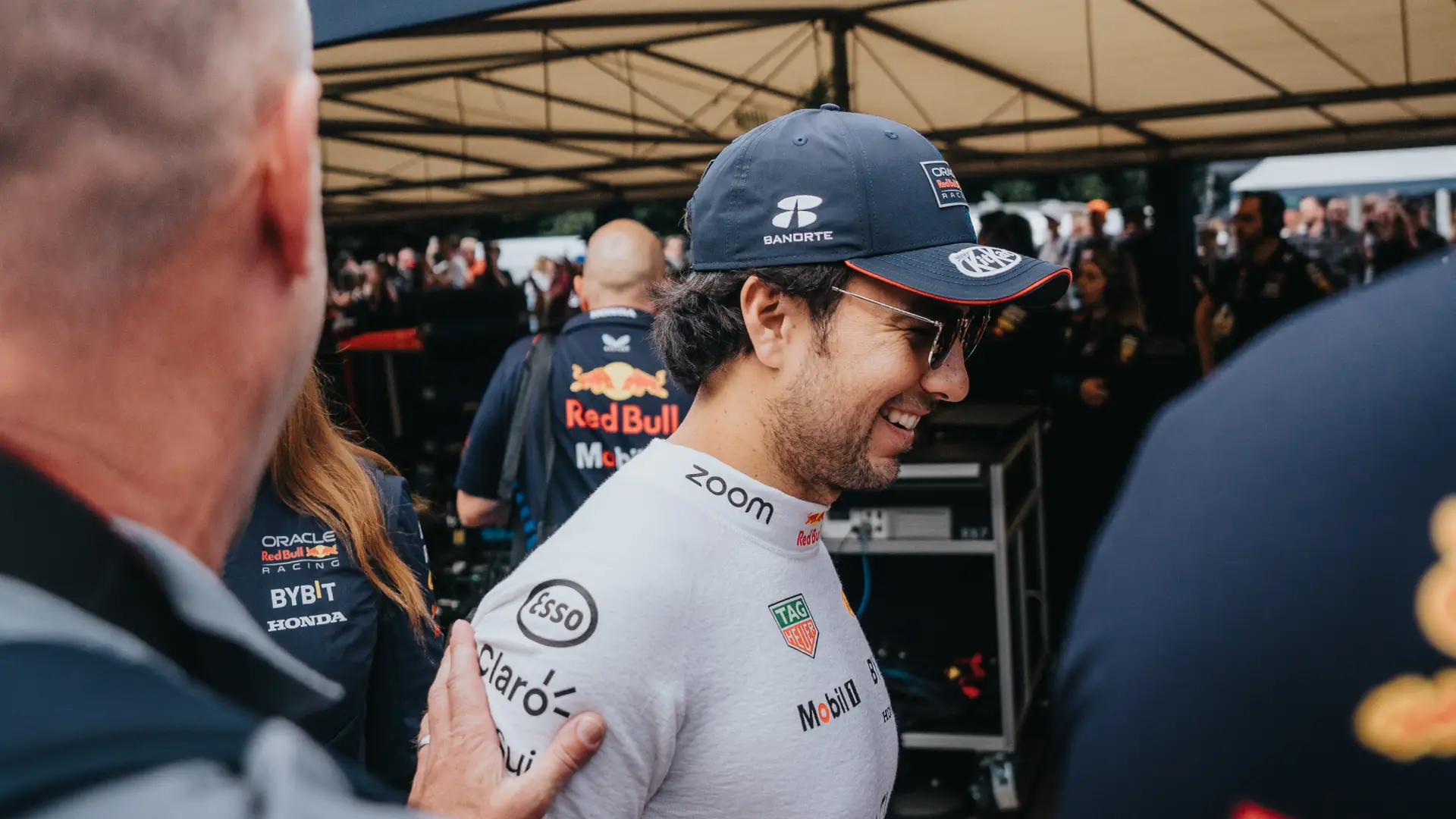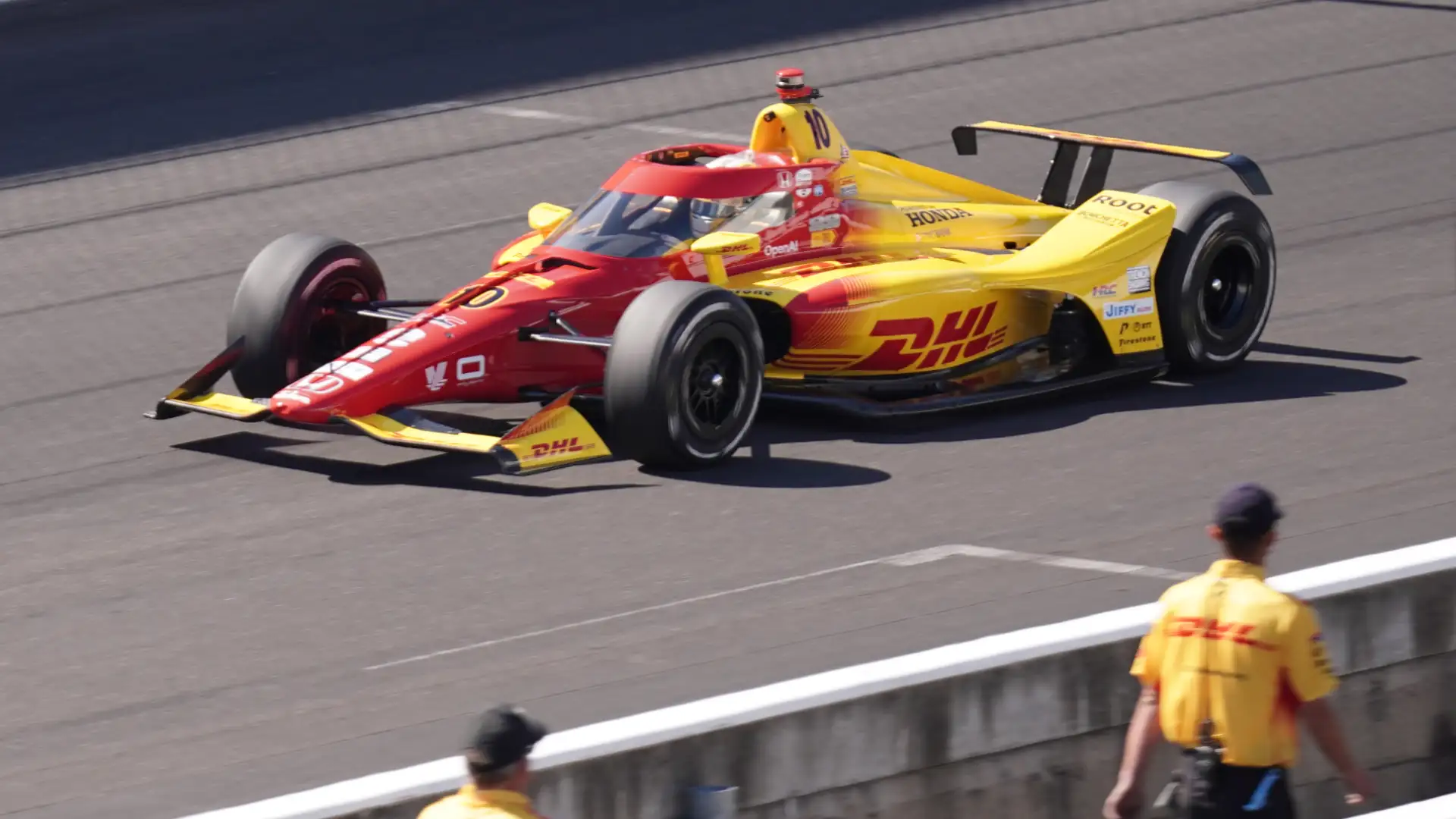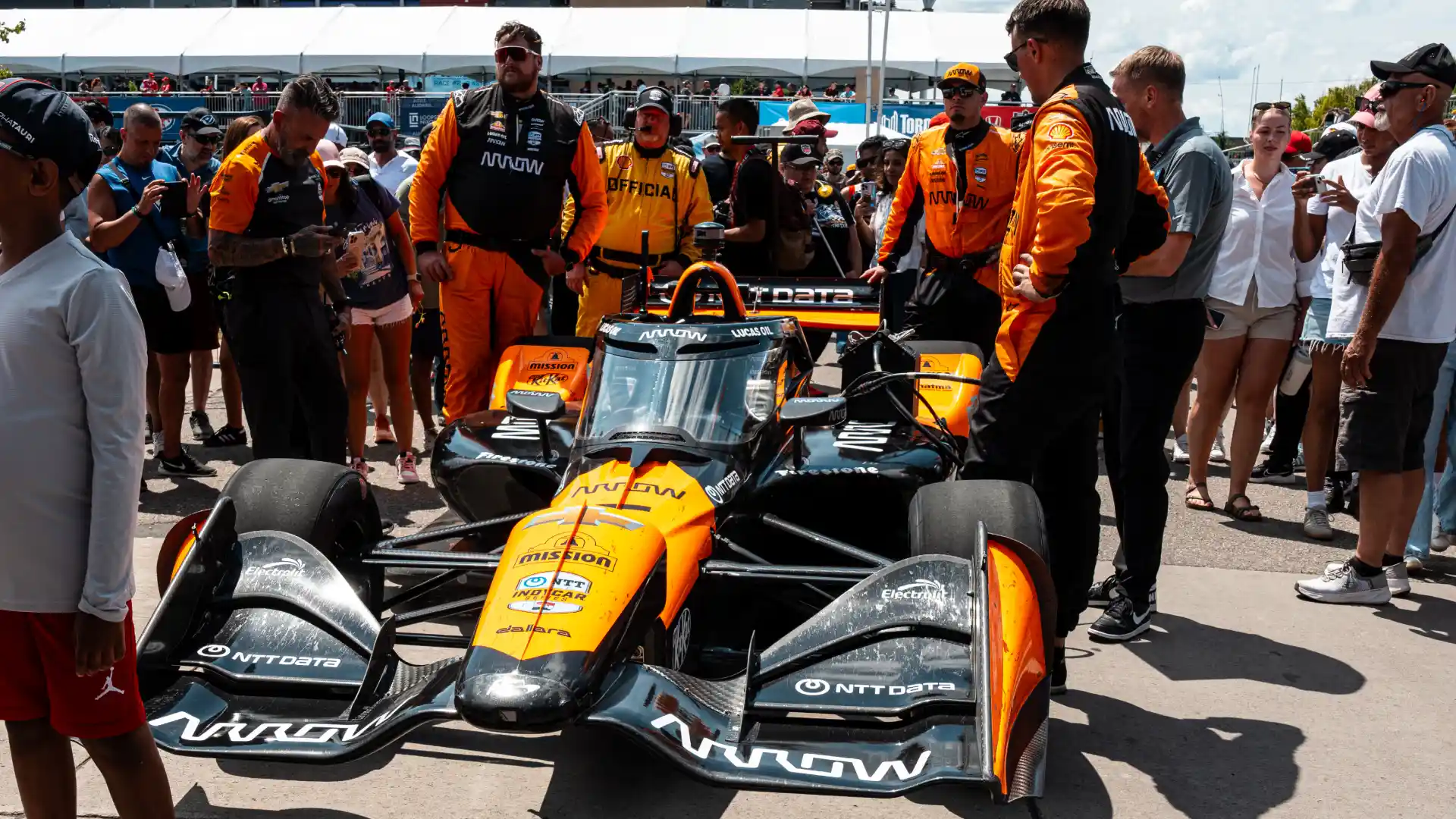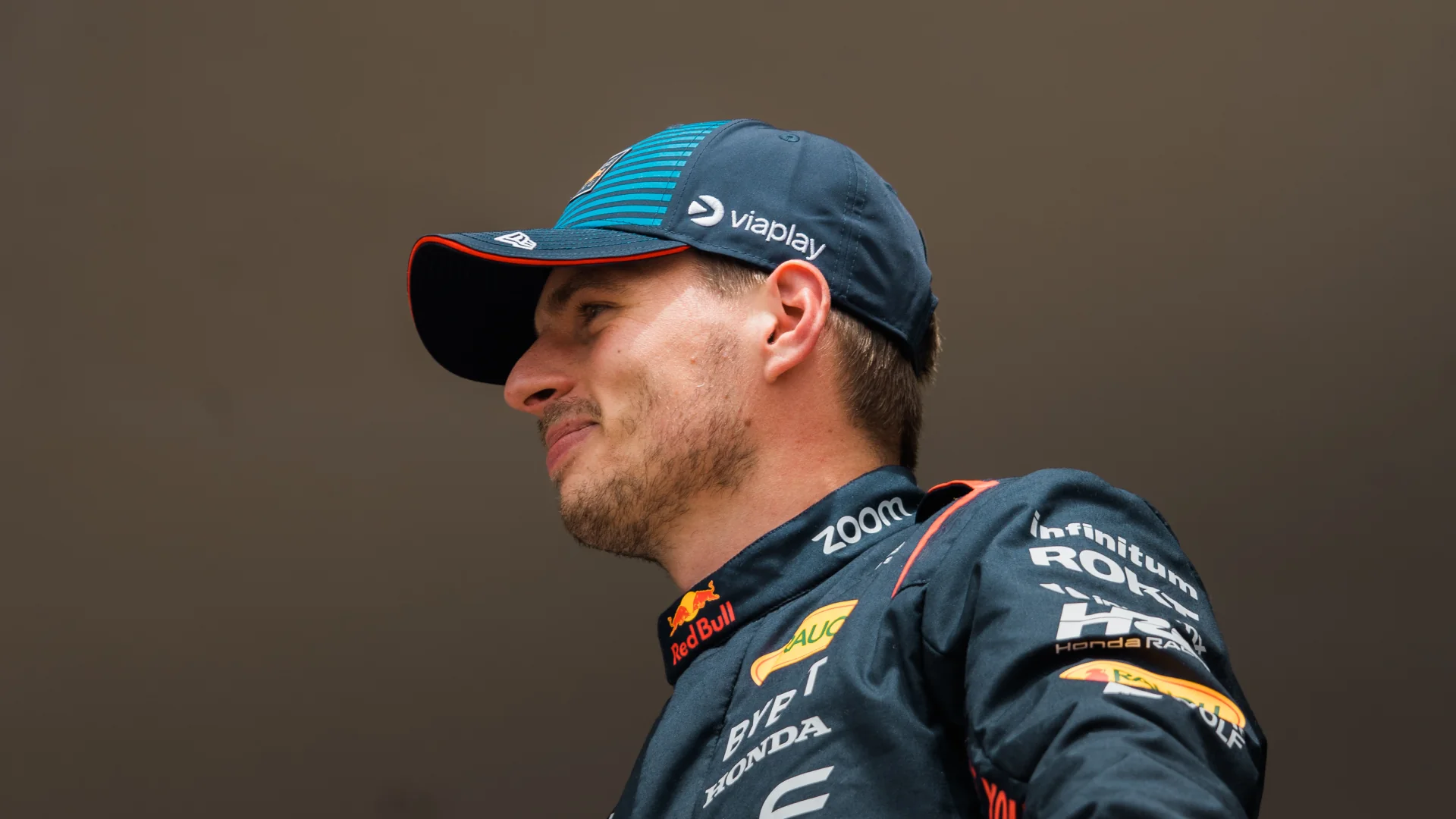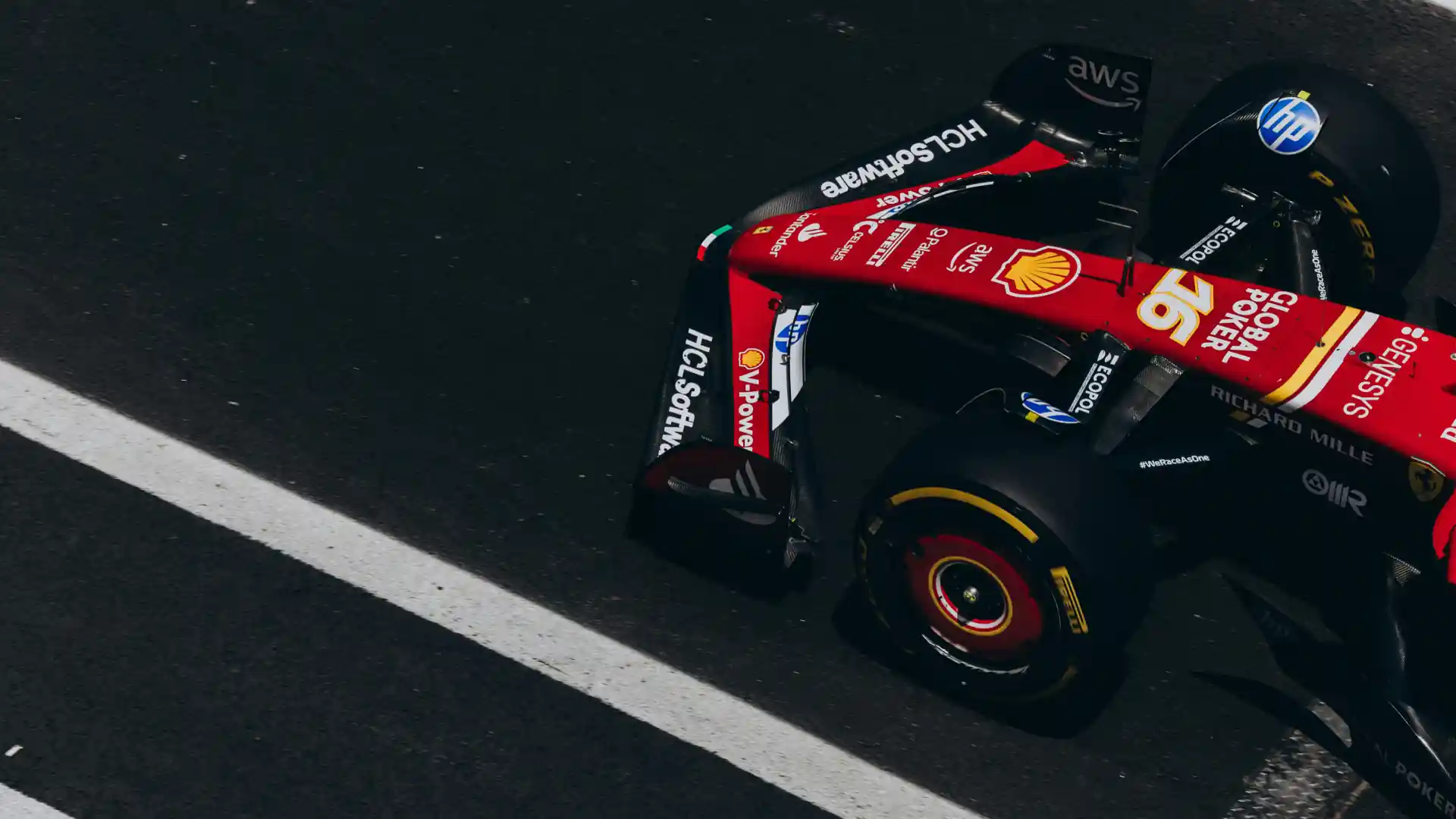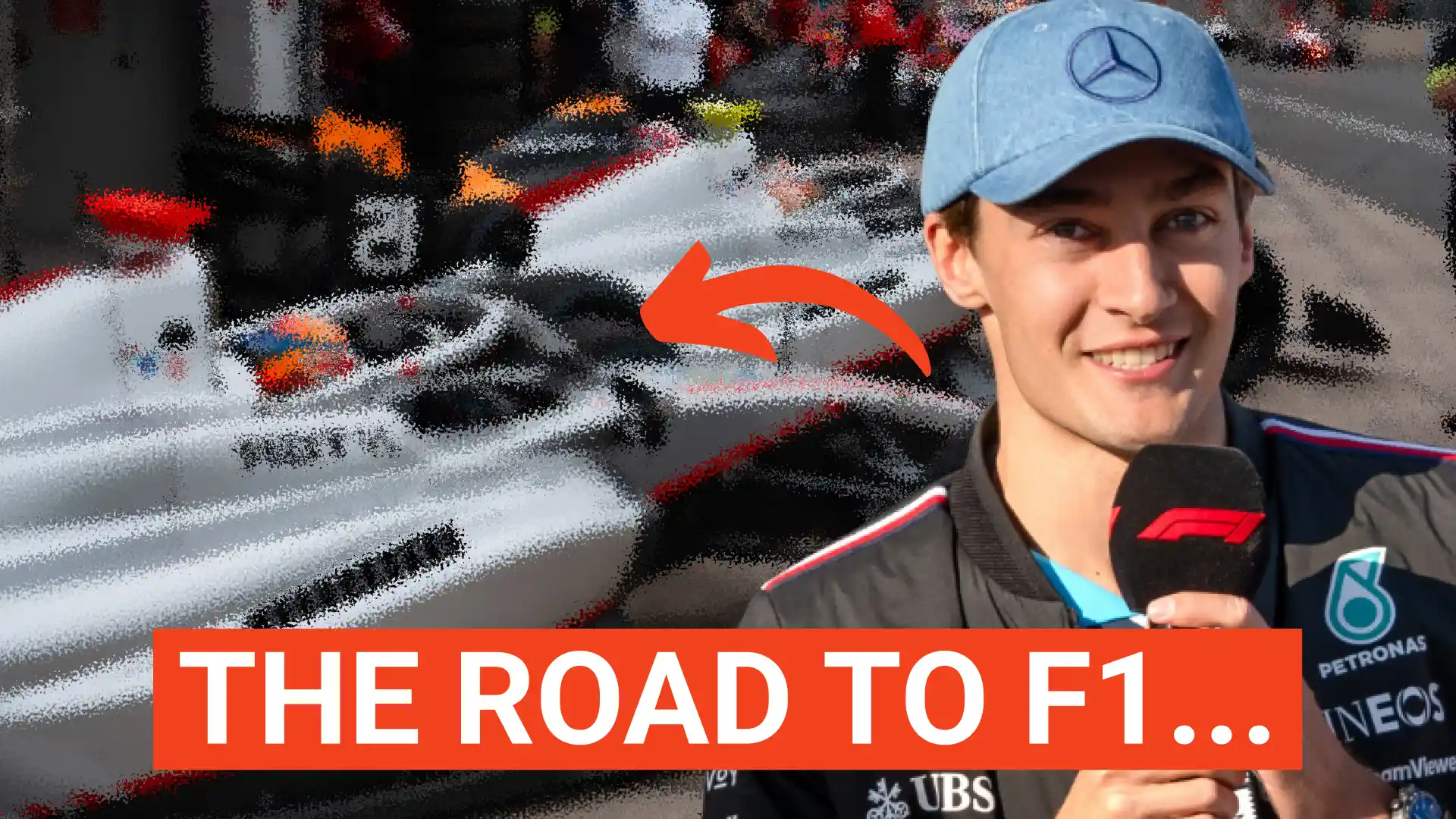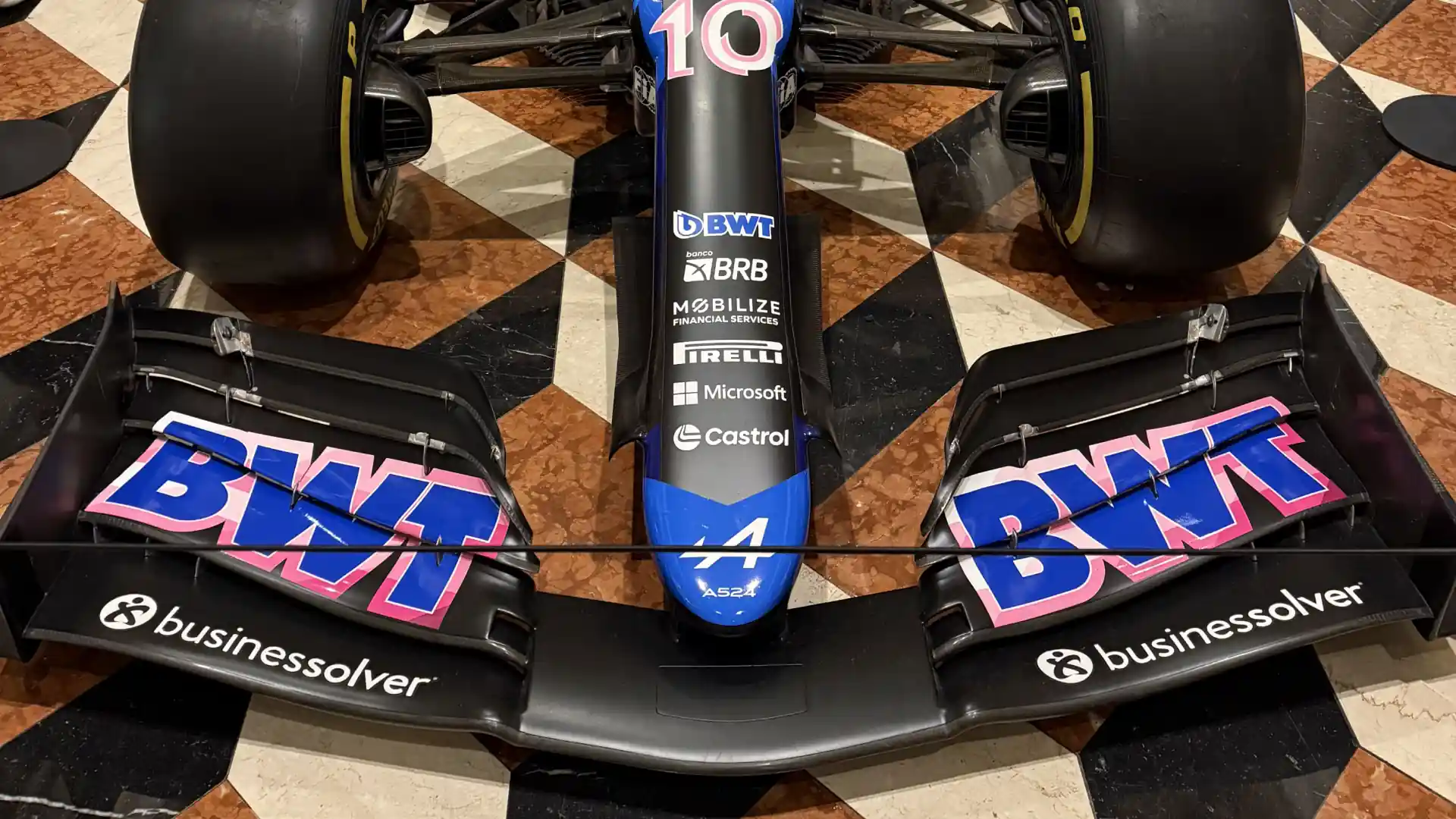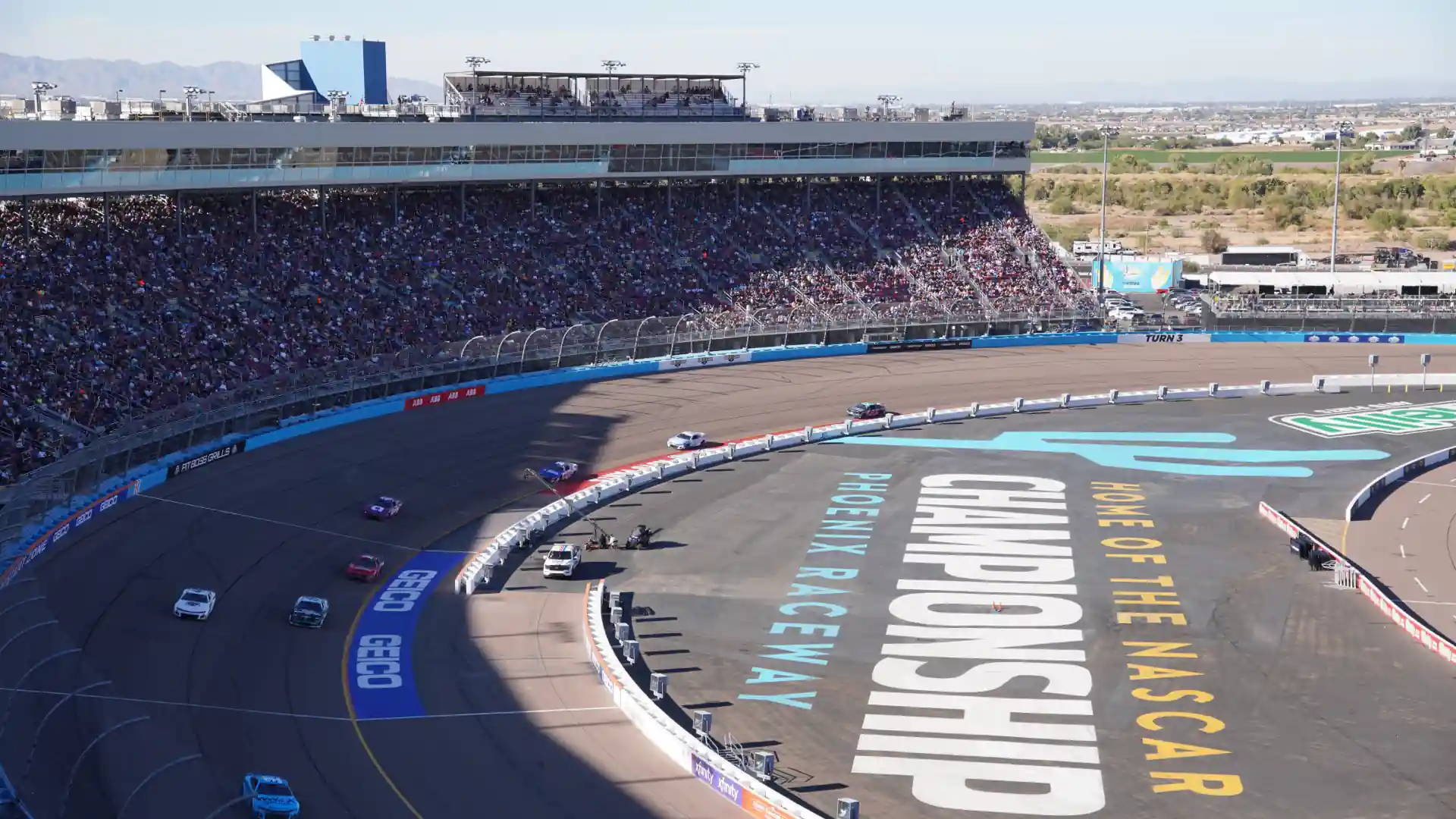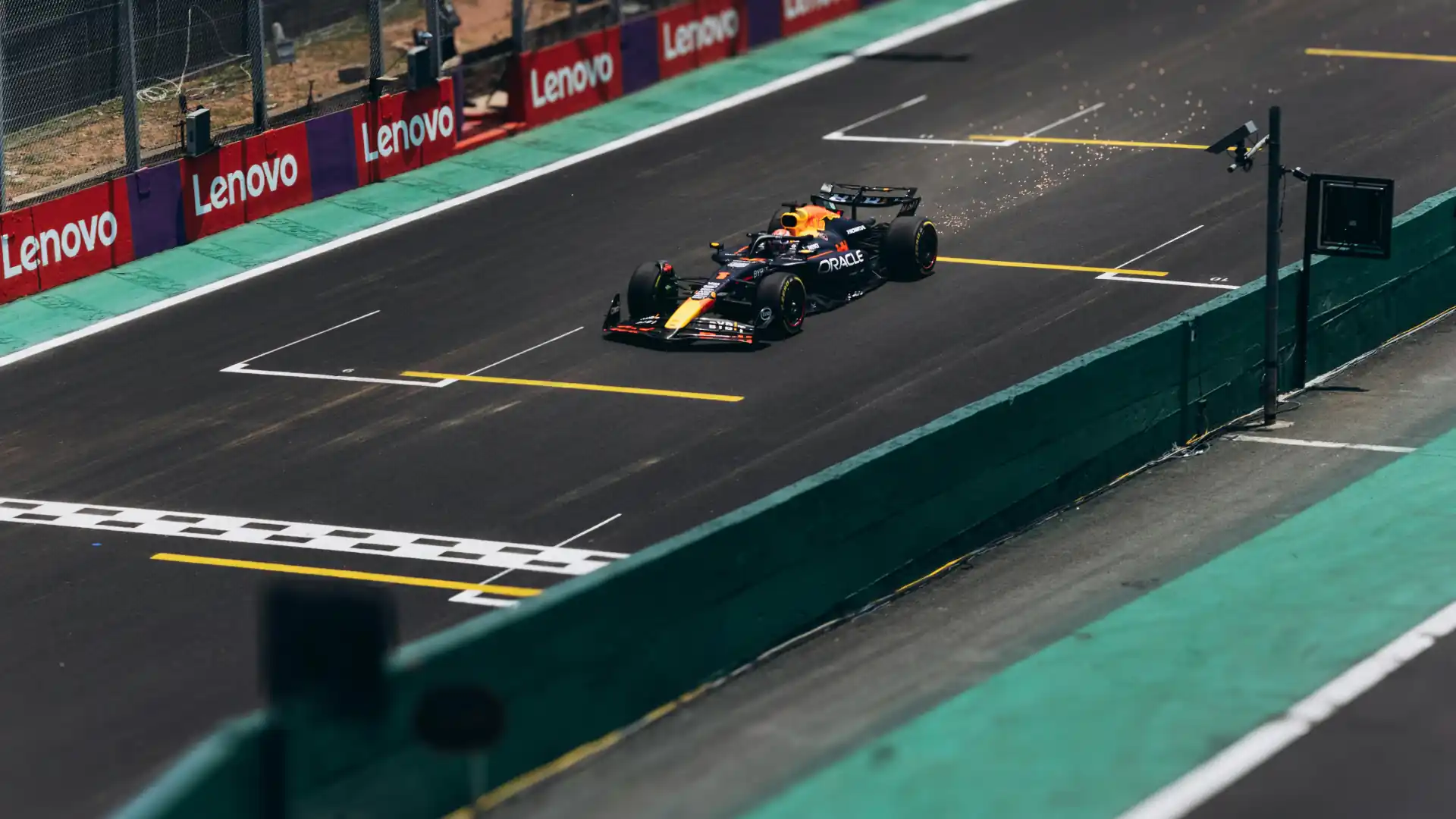Every driver has their quirks, but you can't spot them if you're watching on TV.
That's why you'll find Lucille Dust in the pit lane. She's a master of watching closely and, more importantly, knowing how to ask the right questions to even the toughest drivers. What's it like juggling everything going on at a race weekend to bring the memorable moments to life for readers? Find out.
Position: Journalist for AutoRacing1.com
Her Role in One Sentence: I interview drivers and report what happens at the track every day.
Years in the Role: 10
Lucille's start in motorsports
#1. What was the first moment that you discovered racing?
My father always went to the Indy 500 time trials, never the race. And one year, I dated a guy that lived in Indianapolis, and he took me to the time trials. And we sat in turn four, and he had the newspaper with all the cars and the numbers and the drivers, and ever since then, I was hooked.
It was the fact that he knew there were so many different engine manufacturers and so many different kinds of cars. He knew the drivers. It just excited me, I guess.
#2. When did you decide then that this was the industry you wanted to work in?
Well, I never actually picked to work. I kind of was picked to work, because my girlfriend worked in the series in a volunteer role and she got divorced. Her husband had [volunteered with her] and so she asked me to fill in for him. And so then I went to work for timing and scoring for CART.
Greg: What made you say yes to it?
I was already there at the track. I didn't get paid for it, but I had a credential. So I never had to pay to get in and it got me access that I wouldn't have had otherwise.
Lucille's current role
#3. What was the first step you took to make this a career?
I had a girlfriend that worked with the camera crew for ABC and I hung around. I ended up working with the camera guys one year or two years and then the next step was working with the announcers in the pits for the live broadcasts.
Greg: What were you doing with the announcers?
I was organizing interviews and getting information and telling them what was happening on the track. Actually, I worked with Derek Daly, he was a color guy, so we did very wild things. We didn't necessarily cover the races from the pits. Like we were out in the hairpin in Long Beach. We were in some grandstands in Montreal one year. We just had things we did differently.
During qualifying, we were in the pits, which was cool because I was over the wall. Yeah, those were the days when they used to let us go over the wall,... it's a long time ago.
#4. What does your standard day look like when you're at a track?
I write a morning report, telling what the atmosphere is like for readers that are not on site. I talk about the weather, talk about what's going to happen given the day's schedule, talk about some top stories, some tidbits that are interesting. I might talk about what the drivers say about the track or the tires or what we think the race is going to run like. And then when they practice or they qualify, I write a report that talks about the practice and qualifying and if there were any incidents.
#5. What are the most rewarding and the most challenging parts of covering IndyCar?
Challenging
The most challenging is back to back race weekends. Four and five back to back race weekends are tough. I drive—I live in the Midwest—so I can drive to most races. But some you have to fly to and it's a lot when you're home—you come home Sunday or Monday, and you're leaving Wednesday or Thursday, depending on where you're going. If you're going out to California, sometimes you're going to leave on a Wednesday. So I'm home like two days—not even two whole days. So the challenge is trying to keep up with the schedule.
Rewarding
The rewarding part is I still enjoy the racing. I enjoy talking with the drivers and finding the behind the scenes kind of things. A normal person sitting in the grandstand wouldn't know about the car or about what the driver feels or things like that. That's the rewarding part. And making friends with other people that you meet at the track that you work with. That's kind of fun.
#6. What are the three qualities that have helped you succeed as a motorsport journalist?
Be outgoing
I'm not shy. I'm out going maybe is a better way to put it.
Welcome the hard work
I guess I'm not afraid of hard work. Sometimes it's challenging to be like, I have to write, so I want to be in the pit lane, but I have to be in my chair. So that's a challenge for me, because I like to be outside in the pits. I like to watch what's going on out in the pits. I think watching the race on TV, I could have stayed home to do that. I come to the races to go into the garage and into the pits and watch the race out there. I don't want to be watching it on television. Yeah, I miss the broadcast. Those announcers might say something cute but I might see something out in the pit lane that they're not going to see because there's cameras only in so many places. And I've worked for the TV production, I've worked in the production truck and all they ever do is follow the leaders. They don't show all the cars so you can't see everything on a TV program. You can't see everything that happens during the race.
Have connections and network
I think it's having your contacts. Having contacts in the series and knowing people. That's a good one. Yeah, it's important.
Lucille's advice
#7. If you could go back and give advice to your younger self, what would that be?
Whoa, wear better shoes! Don't wear those cheap ass shoes. Wear better shoes, seriously. That's the only thing, and maybe not eat so many cookies, but wear better shoes.
I'll tell you, we used to wear the cutest damn shoes, but they had no support in them. But we didn't ever think about it. We were young, we were running around, we were doing our thing. You know, I never thought about it. But now I have to wear good shoes, it costs a lot of money. I think that's just how it's evolved and how society has evolved but yeah wear good shoes because you are on your feet a lot.
#8. What advice would you give to someone who's looking to be in your position today?
I would say, be knowledgeable, be open to learning new things that maybe go out of your comfort zone. When you're interviewing, you have to be very precise with a question so that you don't get just a yes or no answer because a lot of drivers are like, "Okay, she asked me what color is my day going to be? I'm just going to say blue." You have to draw an answer out of some drivers. It's not easy. If you're going to be in the media, you have to learn how to ask the questions. You have to learn how to phrase it correctly. It depends on who the driver is, but it's very hard to pick the phrase or how to say it.
Lucille's career highlights
#9. What's been the most memorable moment of your career so far?
Well I guess this is not memorable but the most embarrassing was when I met Danny Sullivan after chasing him around the racetrack for years and then working with him. That was embarrassing. I chased that man around everywhere. He signed everything I had except my bra. He signed t-shirts, photo books, racing games, you know, little games we used to have. He signed everything.
One day, my girlfriend's boss [who] worked with the camera guys said, Lucille, come up with me in the broadcast booth. And Danny was working, and he said, "Danny, I want you to meet someone." Danny turns around and he goes, “I already know her!” That was so embarrassing!
But then being able to work with Danny on a professional level made it a lot—you know, I guess it was working with some of the people that I idolized in television. I'm working with them on a professional level like you and I are talking. That's how we worked.
So you realize that race car drivers are just human. I worked with Derek Daly, he was a Formula 1 and an IndyCar driver. I worked with Cameron Steele, the Baja driver. He does all the extreme sports shows still in California. So I mean, I think I realized that people were, they weren't superhuman.
#10. If you could have any driver interview you, who would it be?
Someone that won't embarrass me! [Jokingly:] It wouldn't be [Alexander] Rossi, that's for sure. Wouldn't be Rossi. And wouldn't be [Scott] Dixon. Scott knows me too well. I mean, he's like my brother. I know his family. It's crazy.
Maybe David Malukas. David is intense, he's thorough. And I think he's very down to earth for a driver. You know, get some drivers that are way up here, they're aloof. And David's not like that. He's pretty down to earth. [Kyle] Kirkwood's another one who's down to earth. So Kyle or David.
Want to learn more about other professionals across motorsport series? Then check out all of our Fast Lane interviews, or jump right into one of these:
